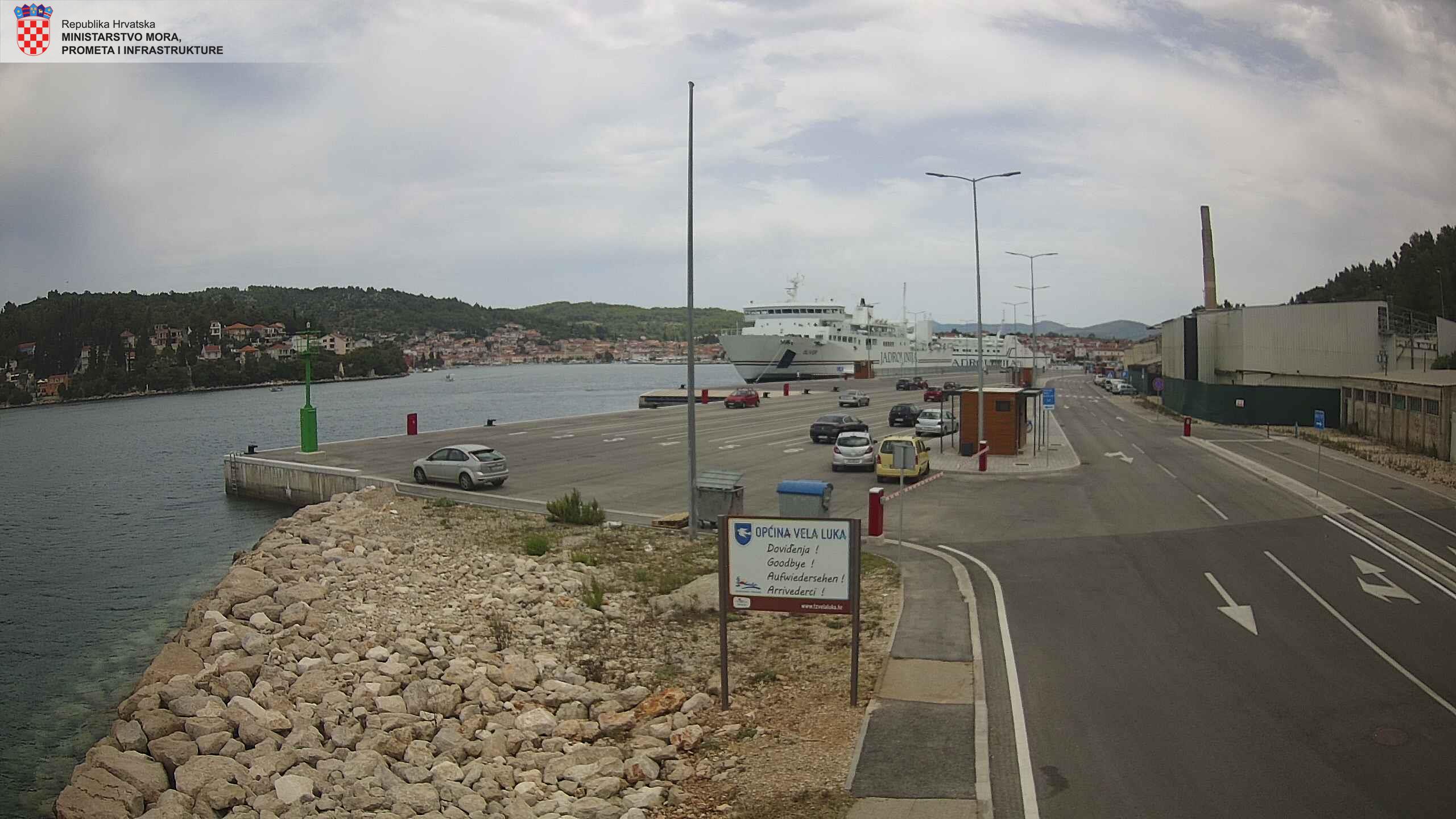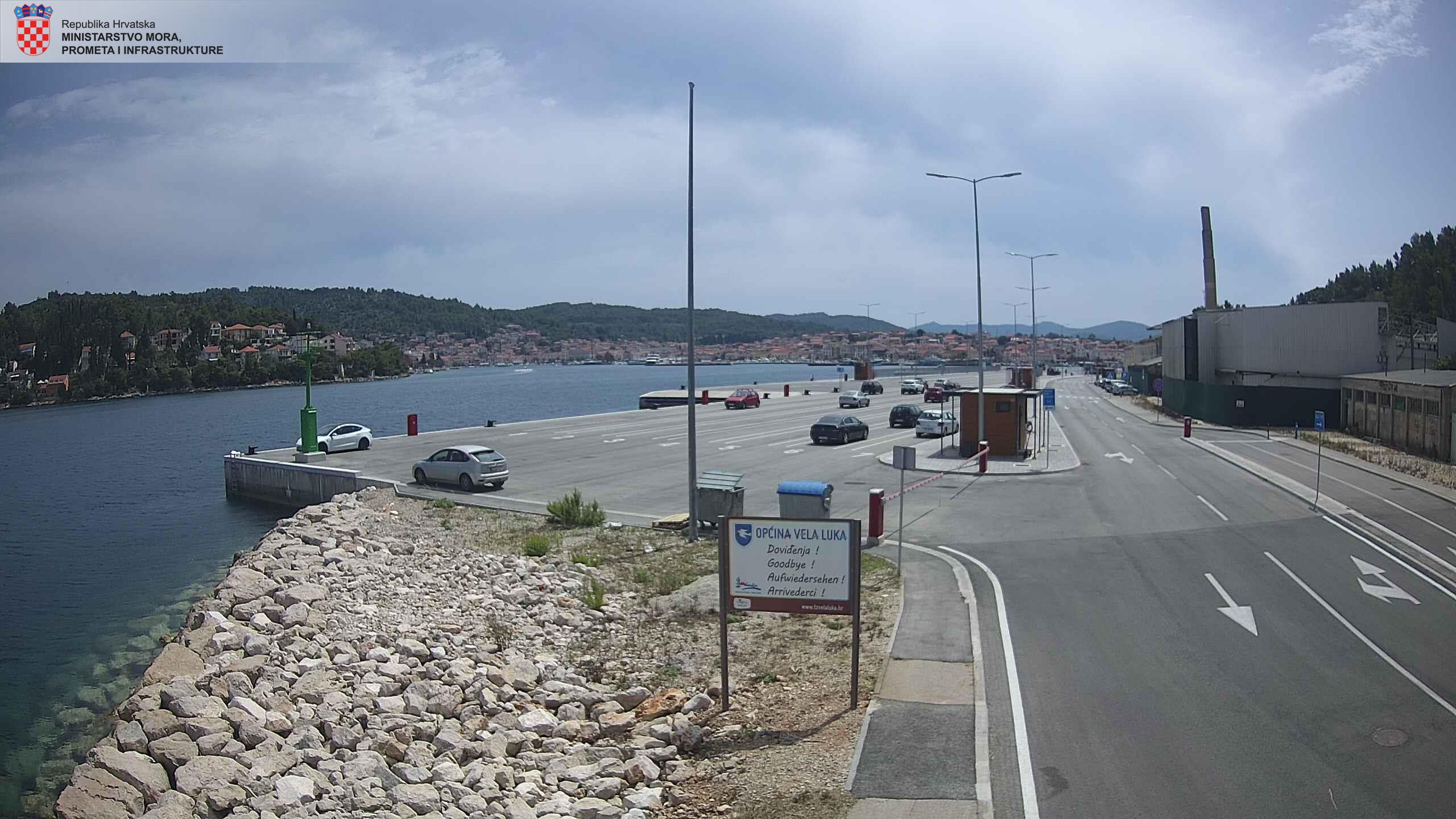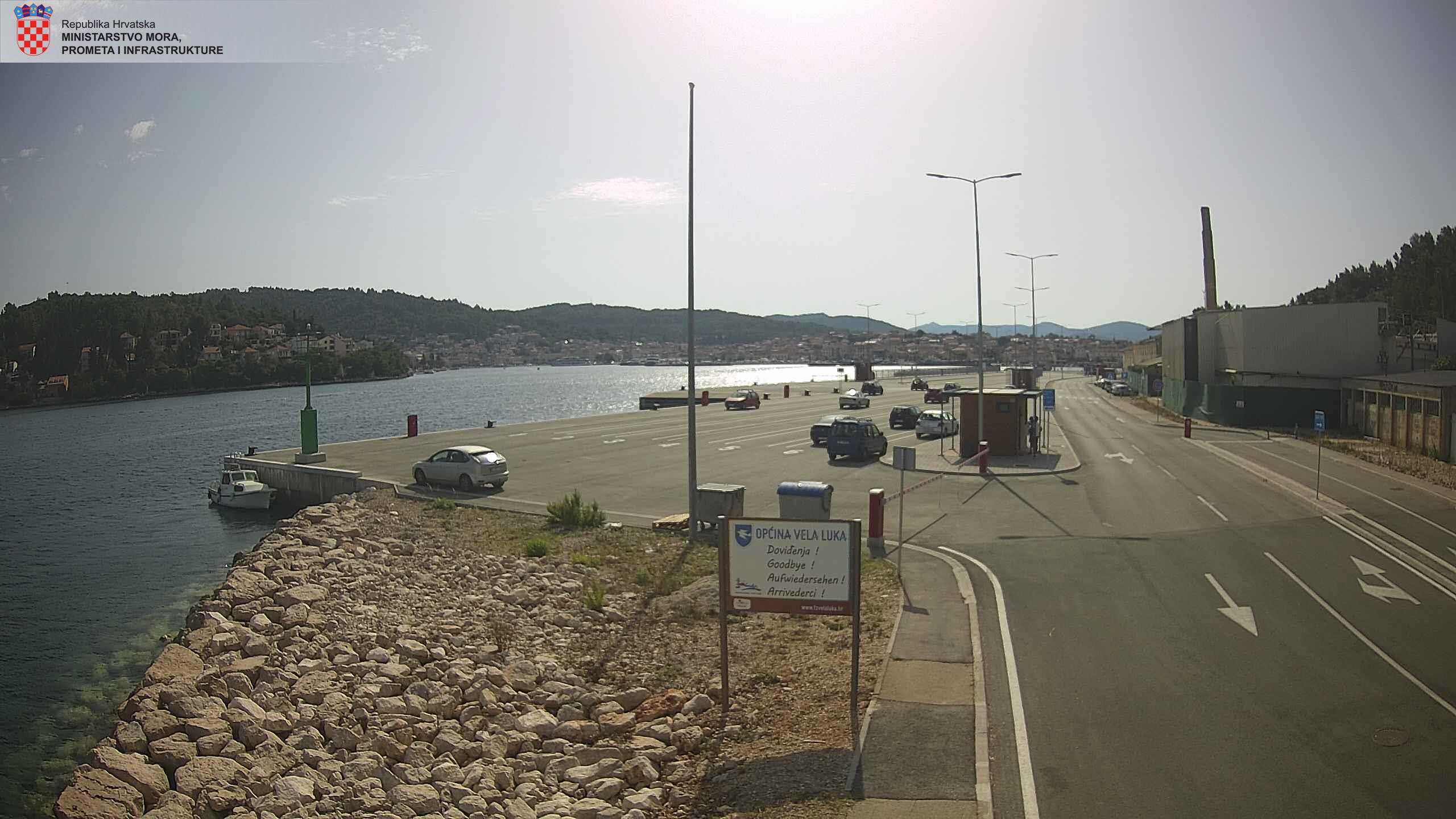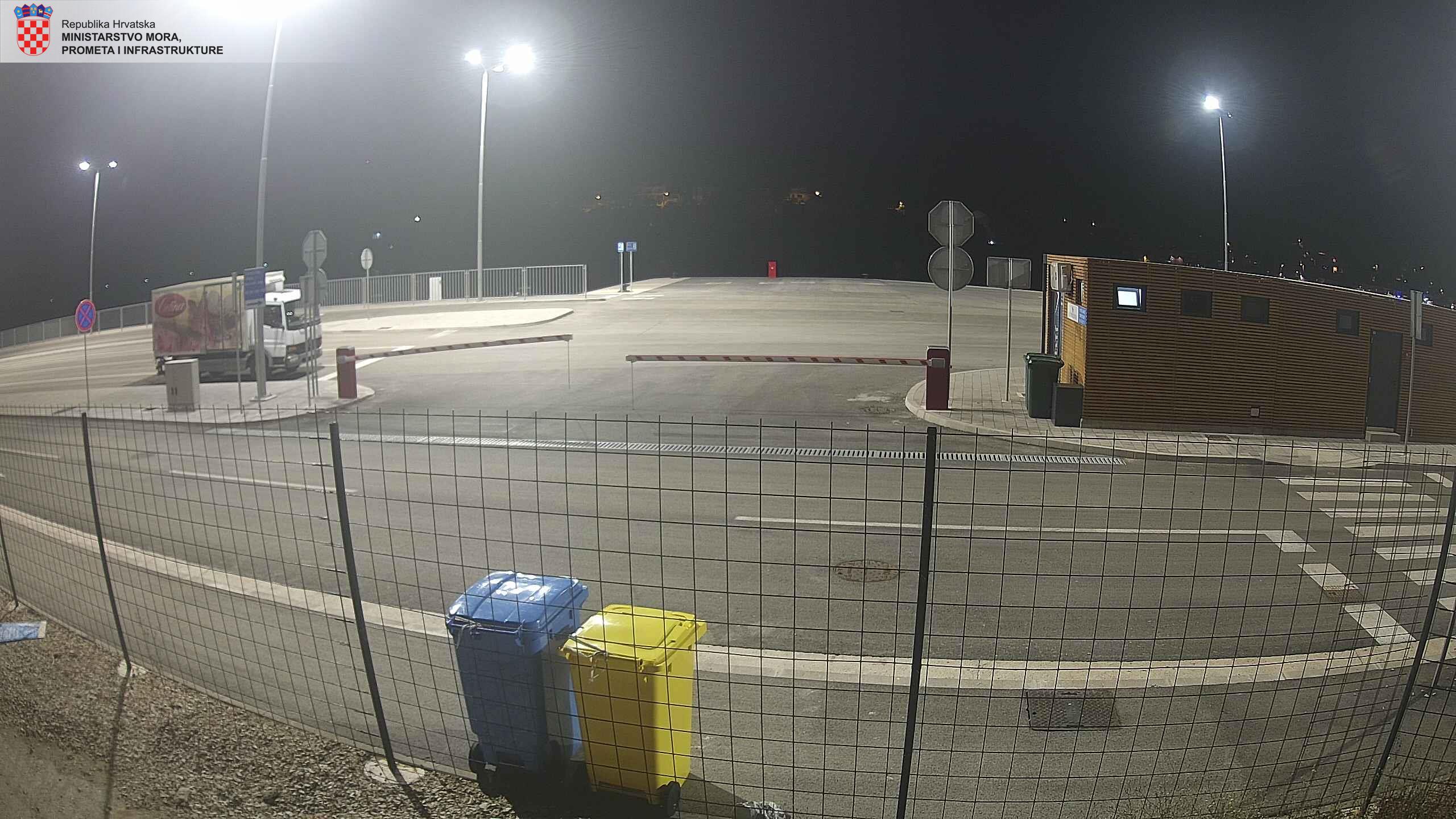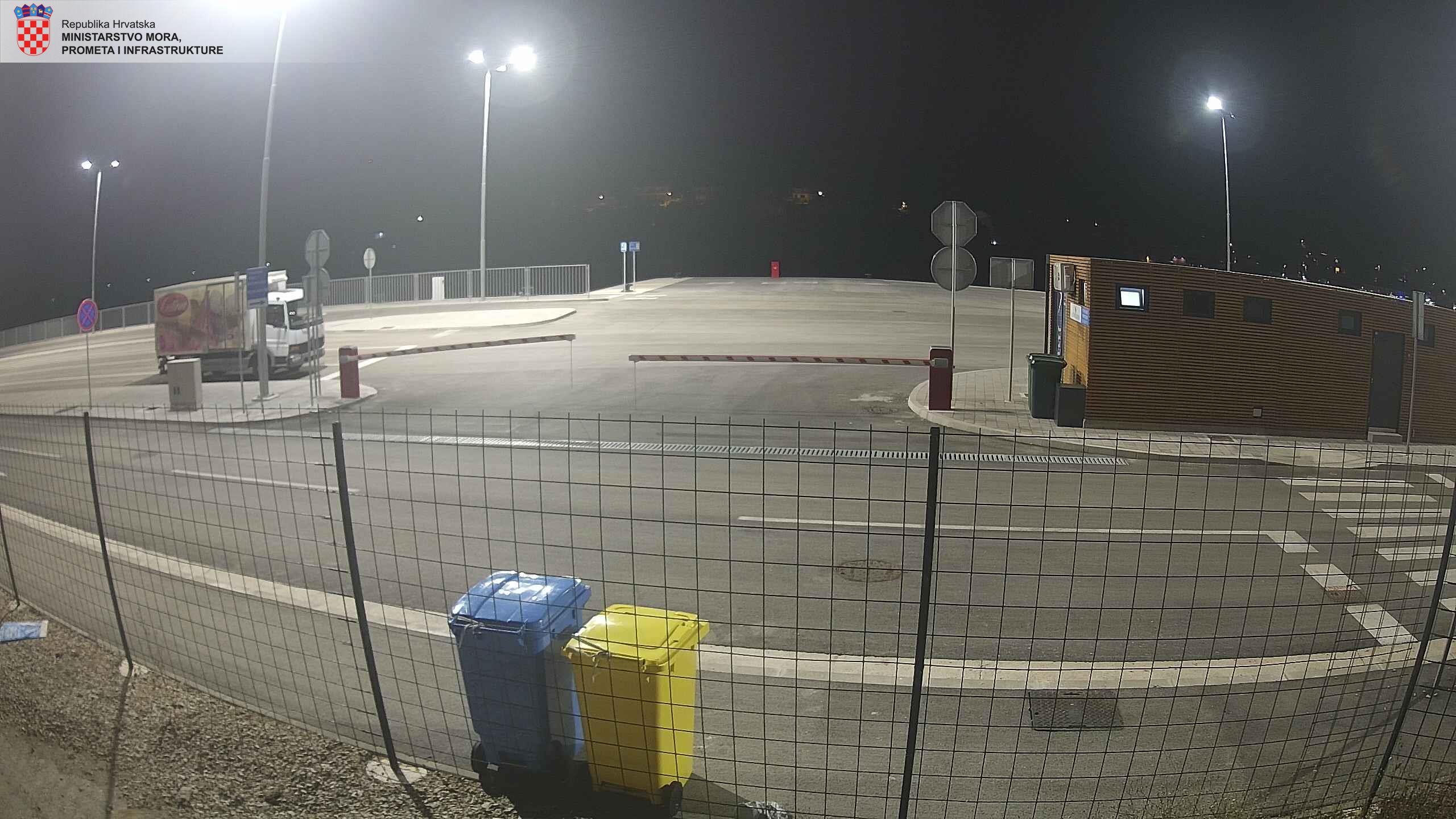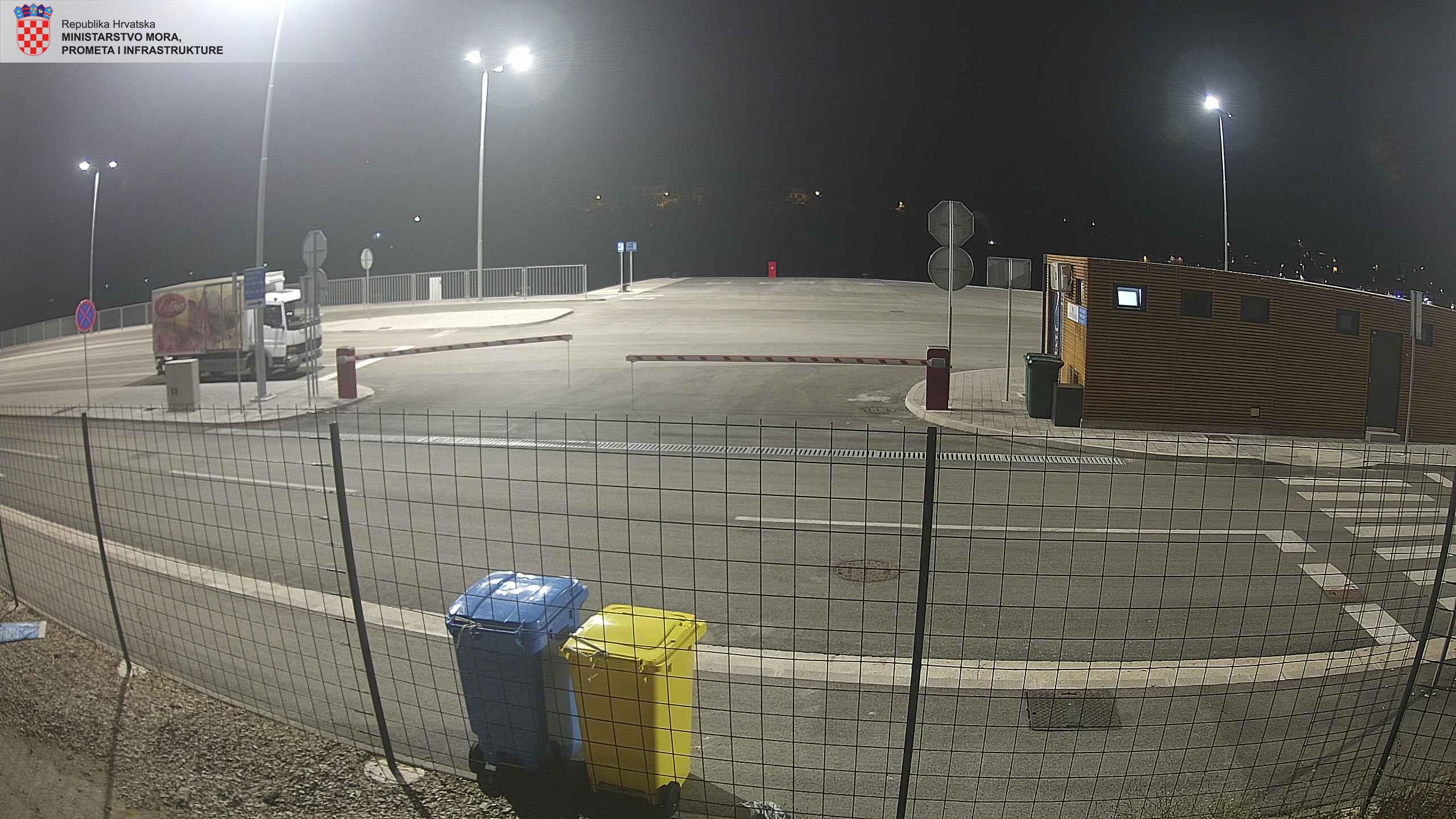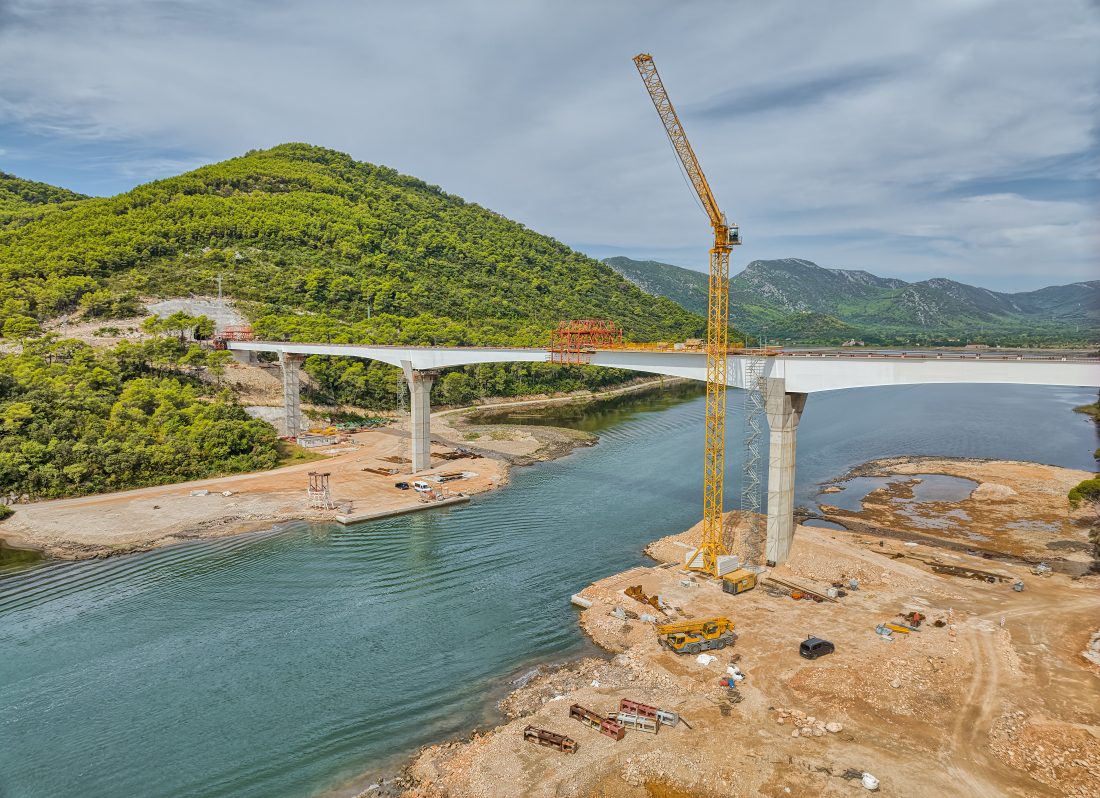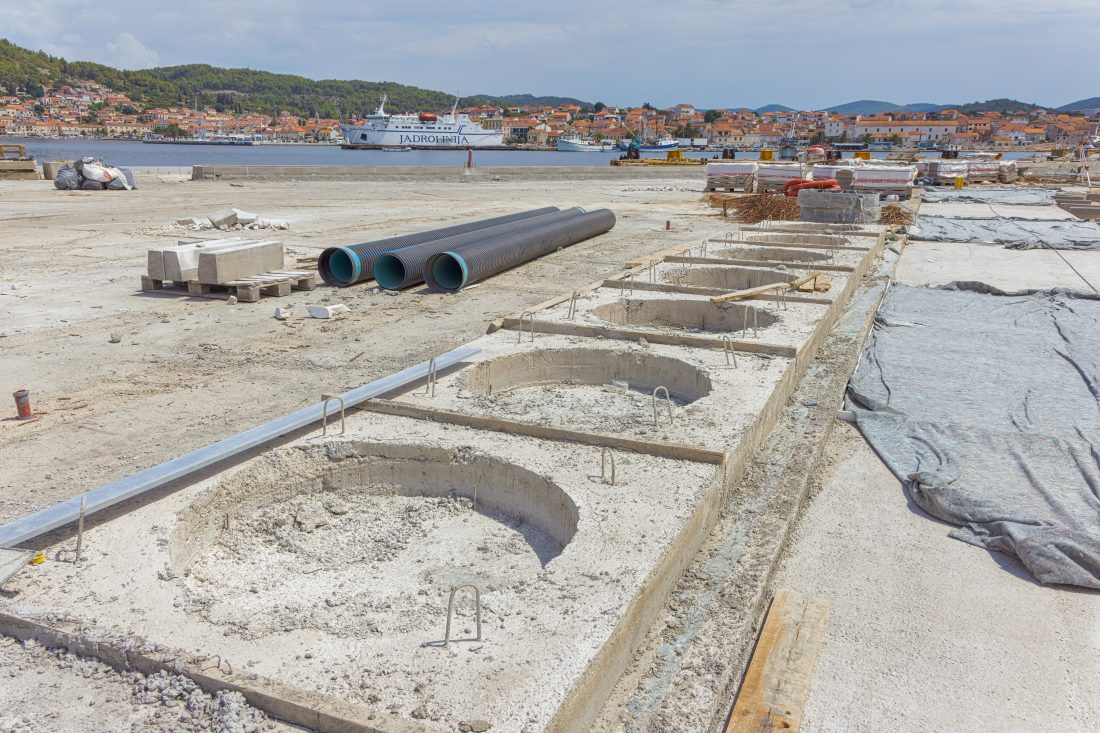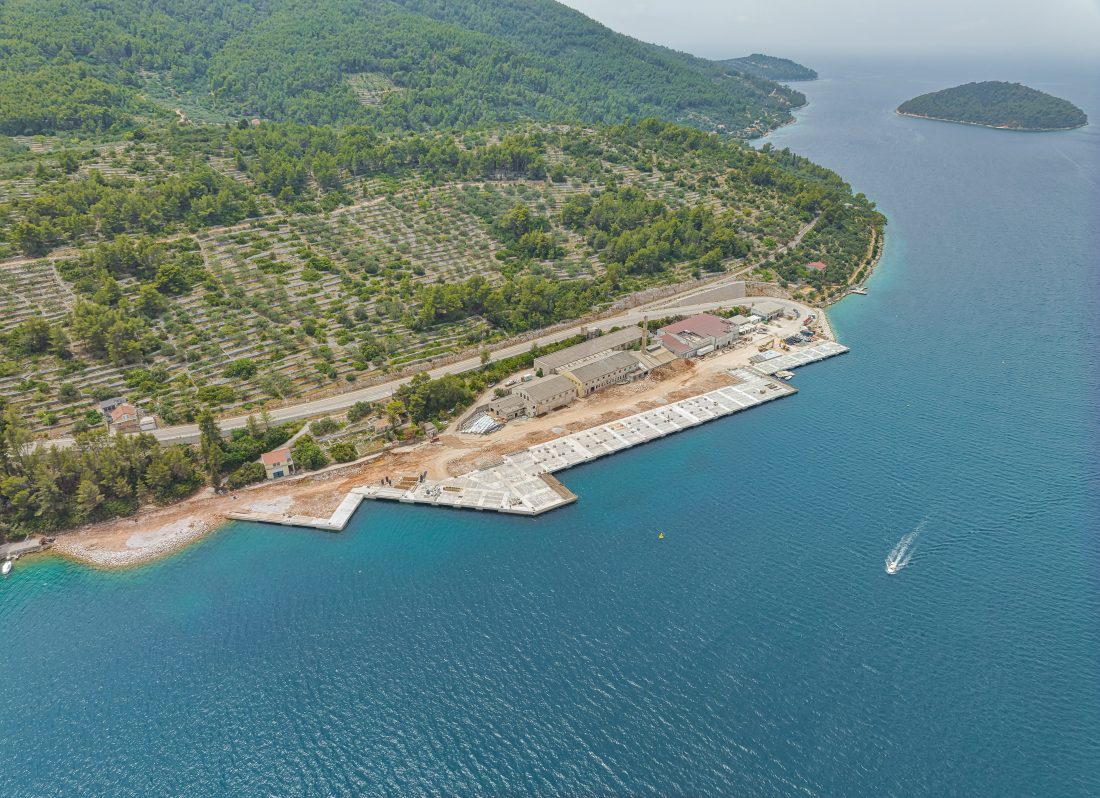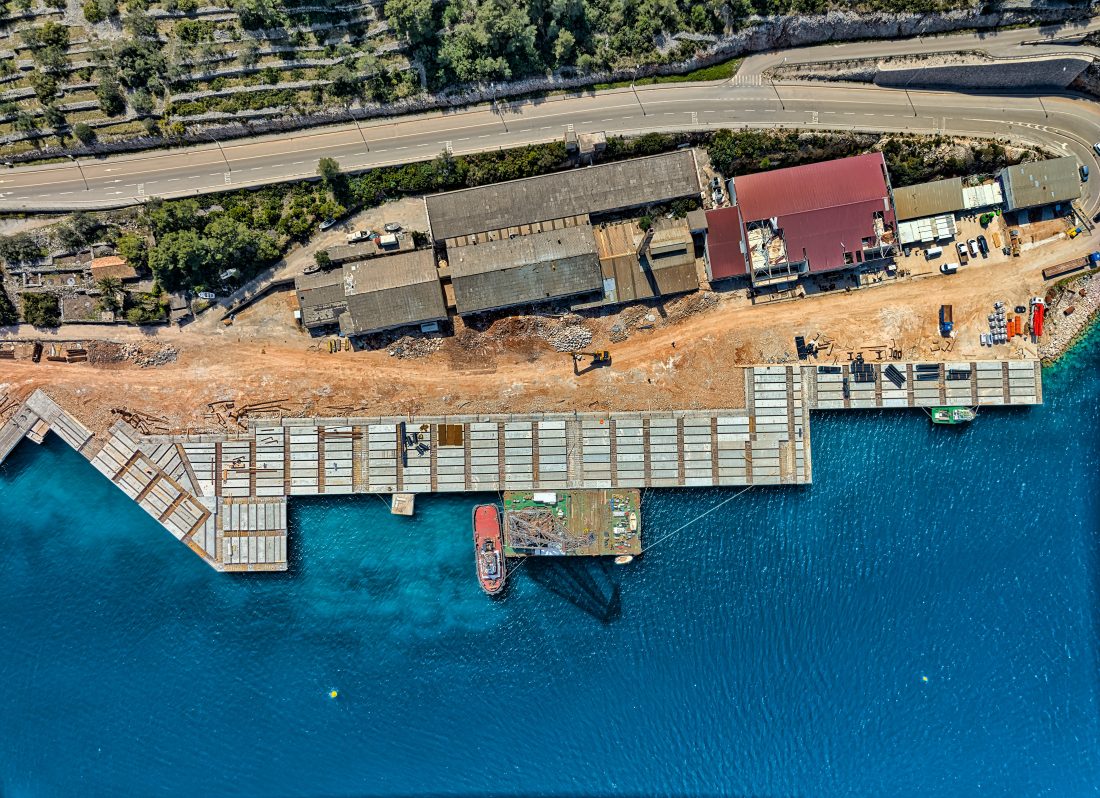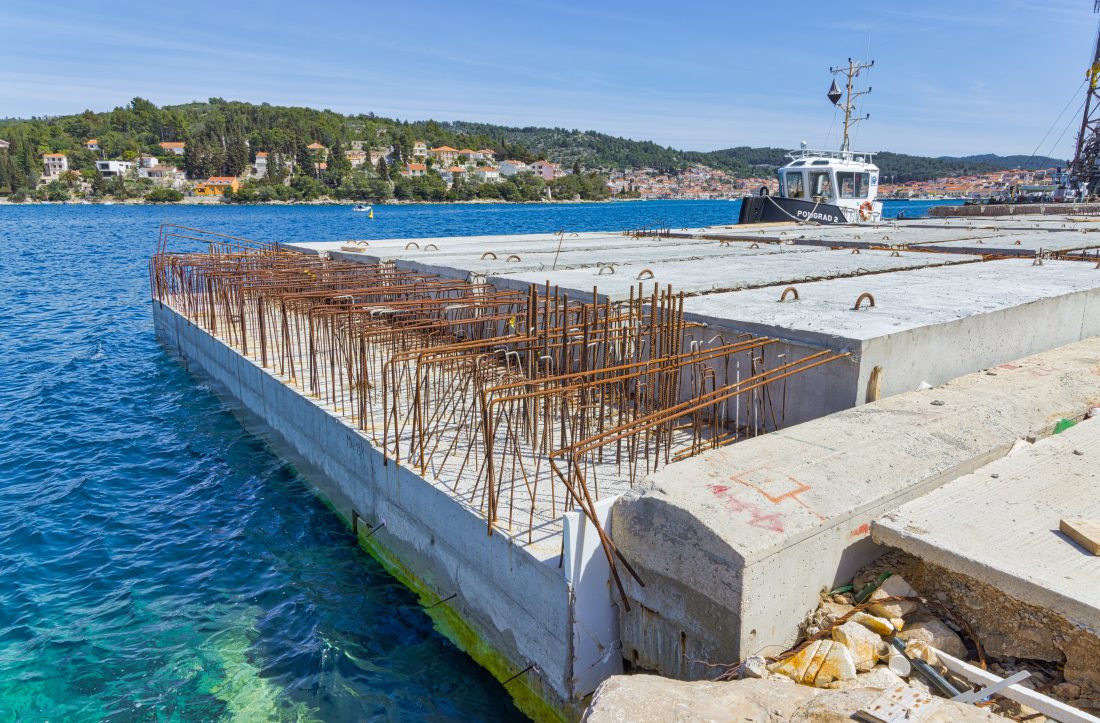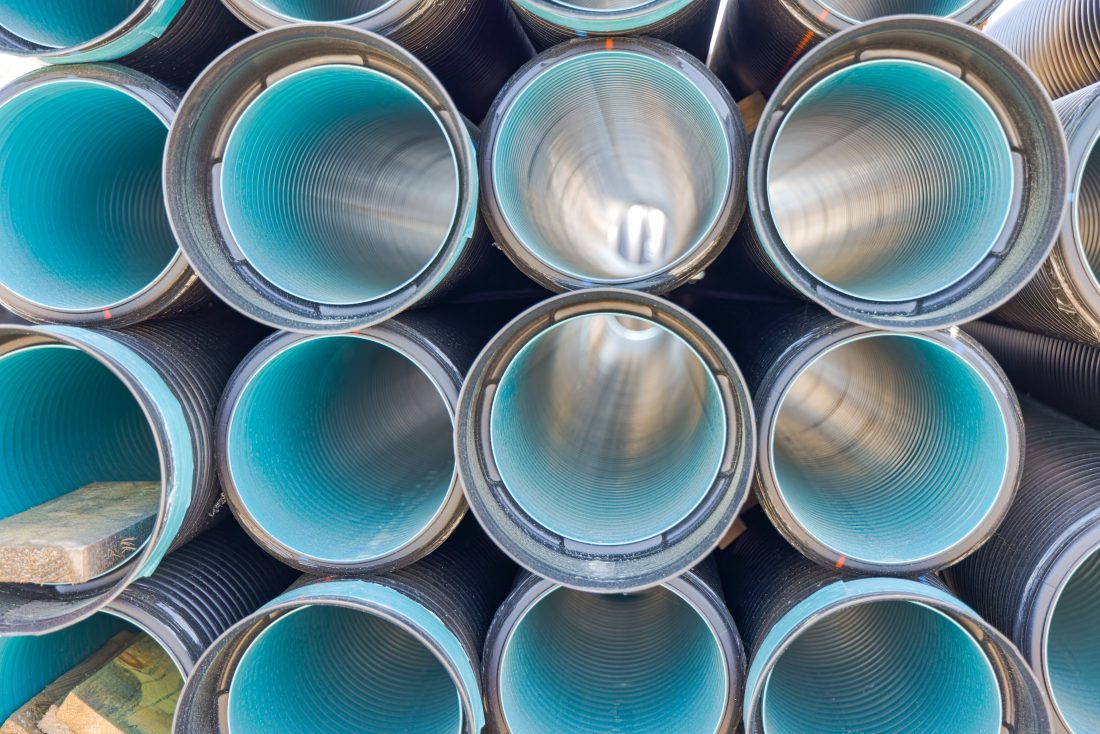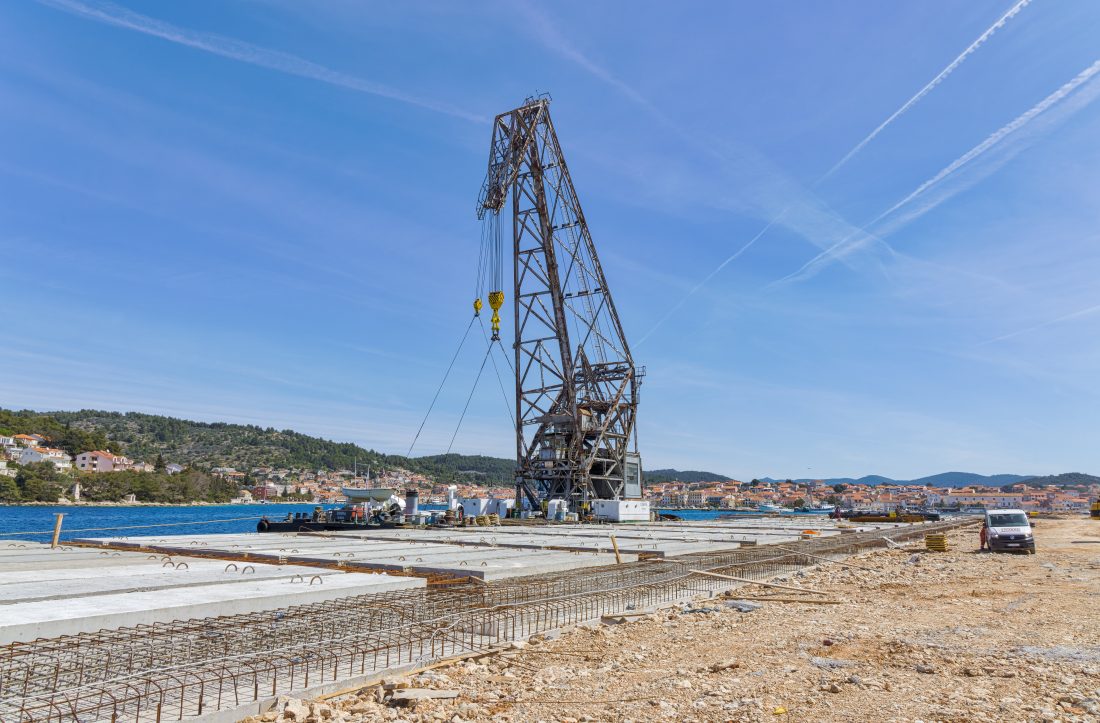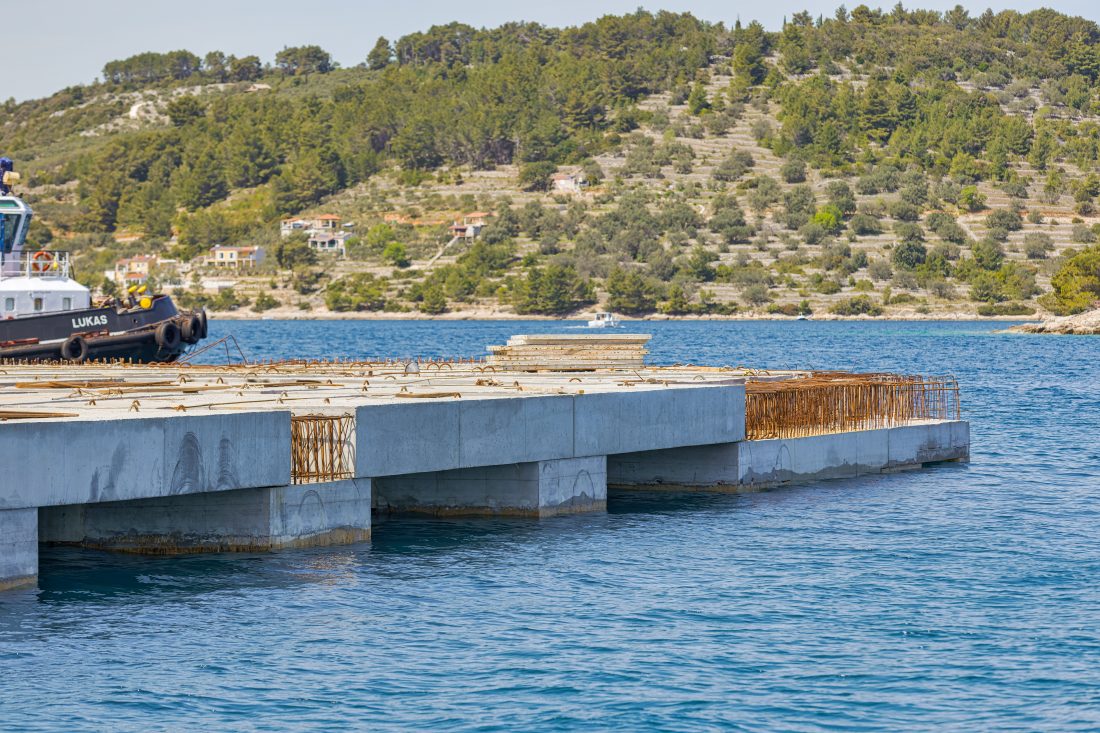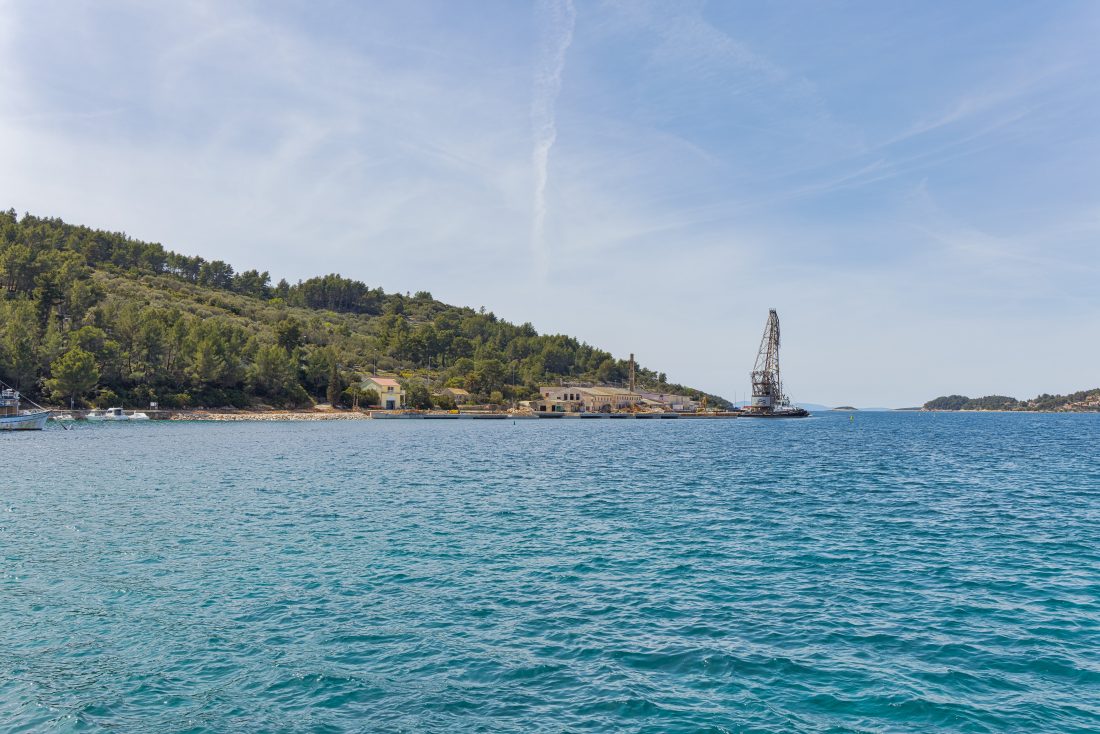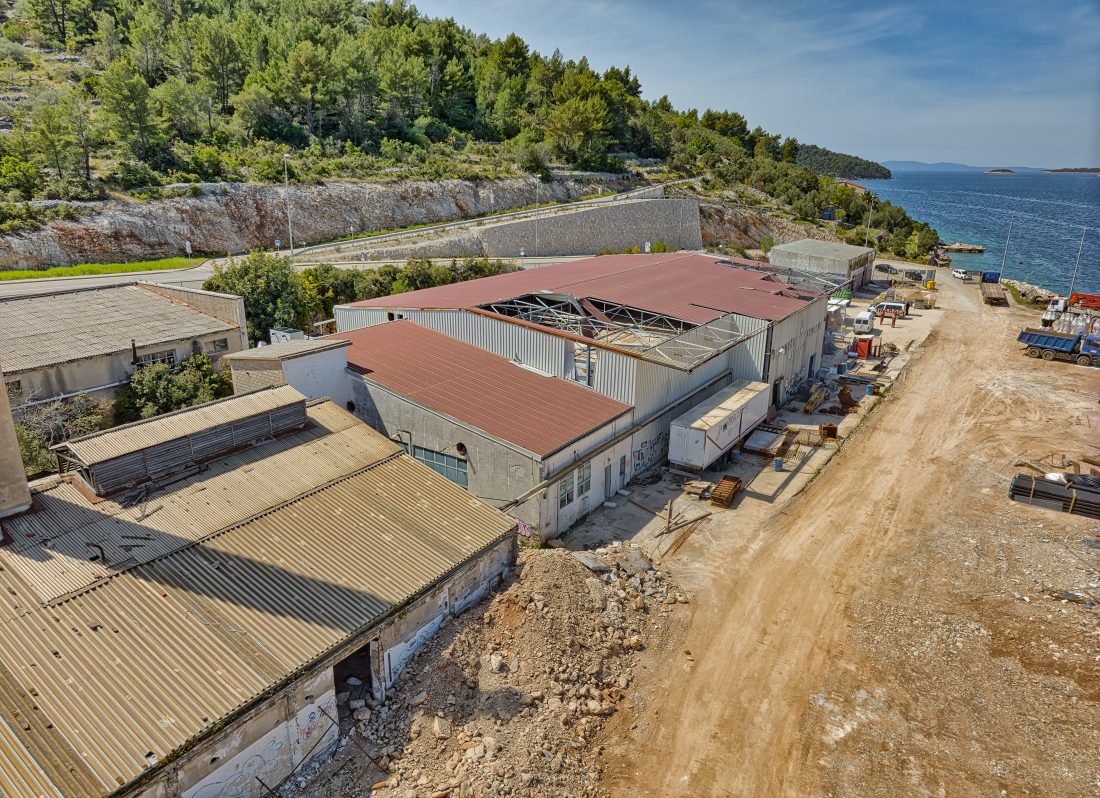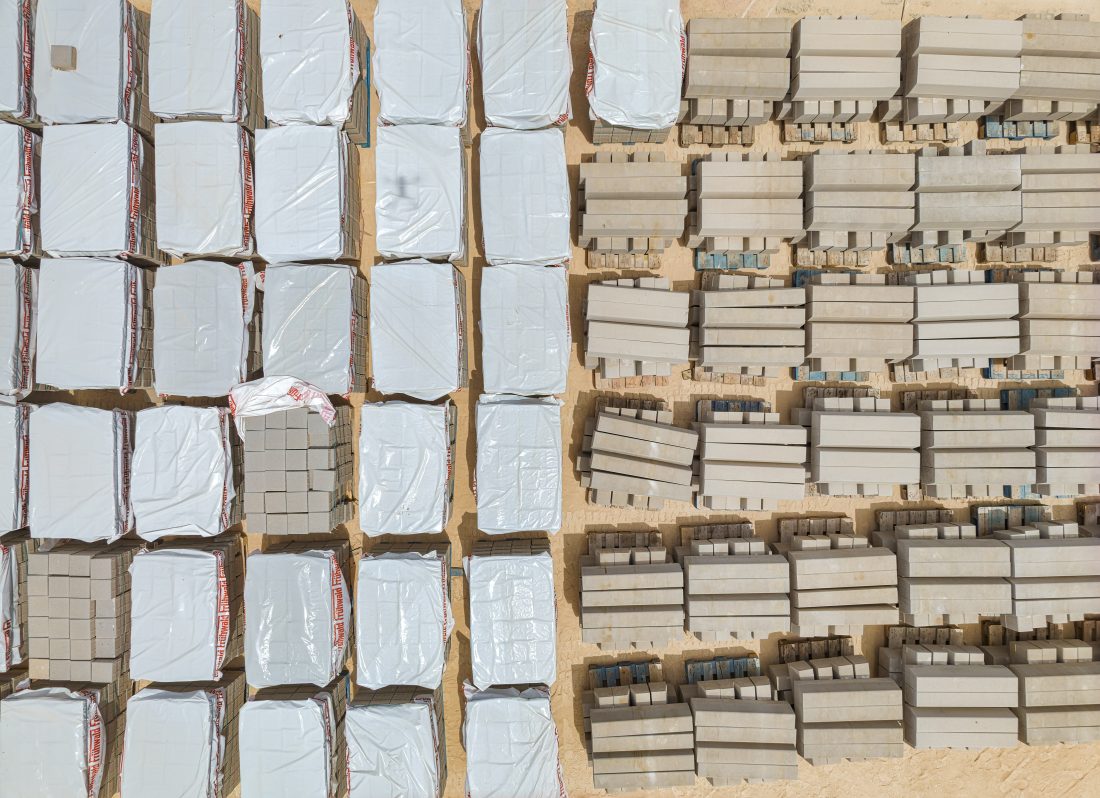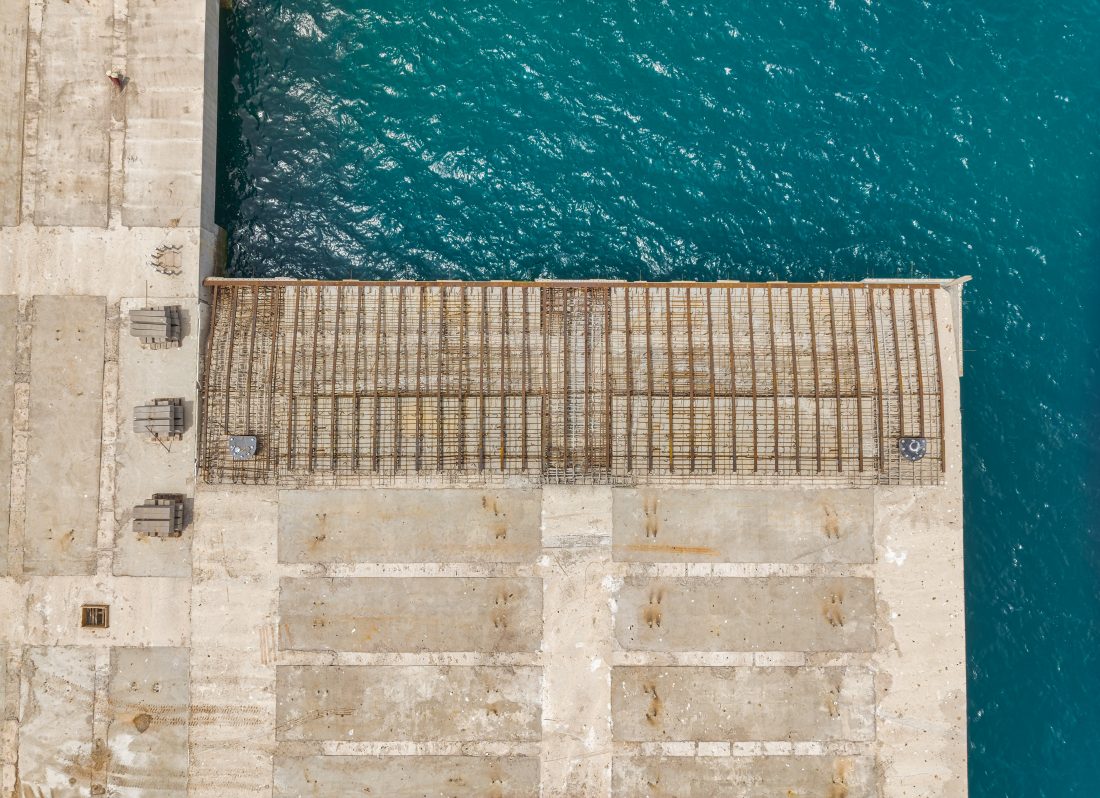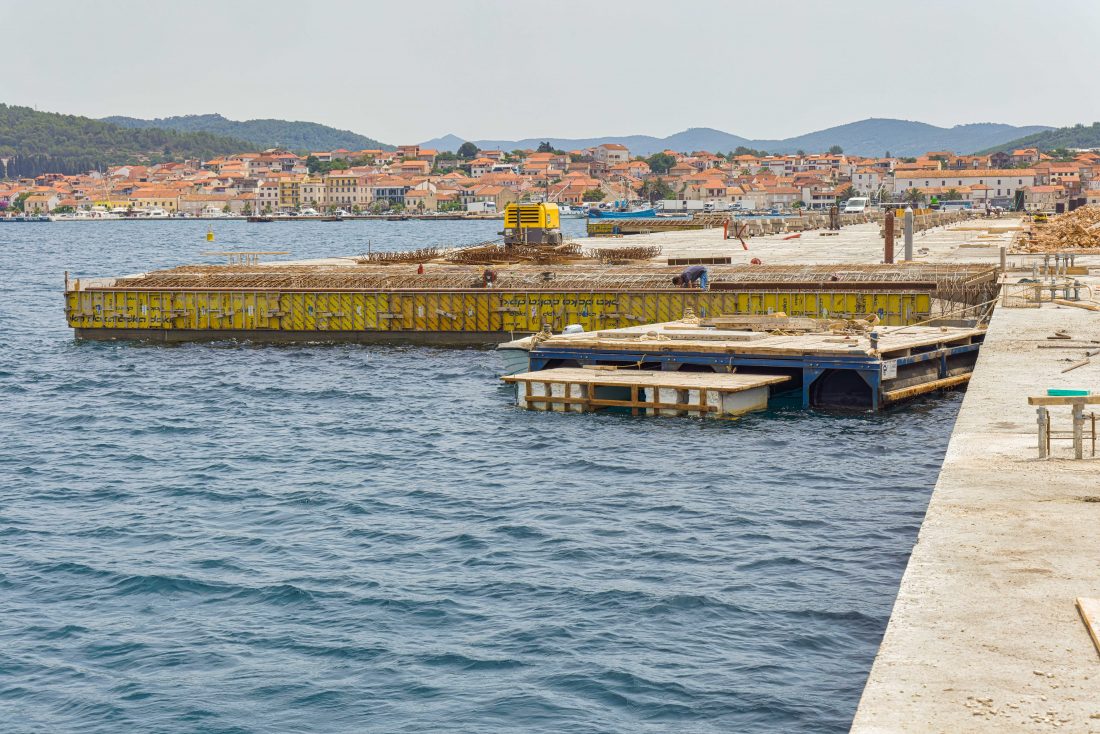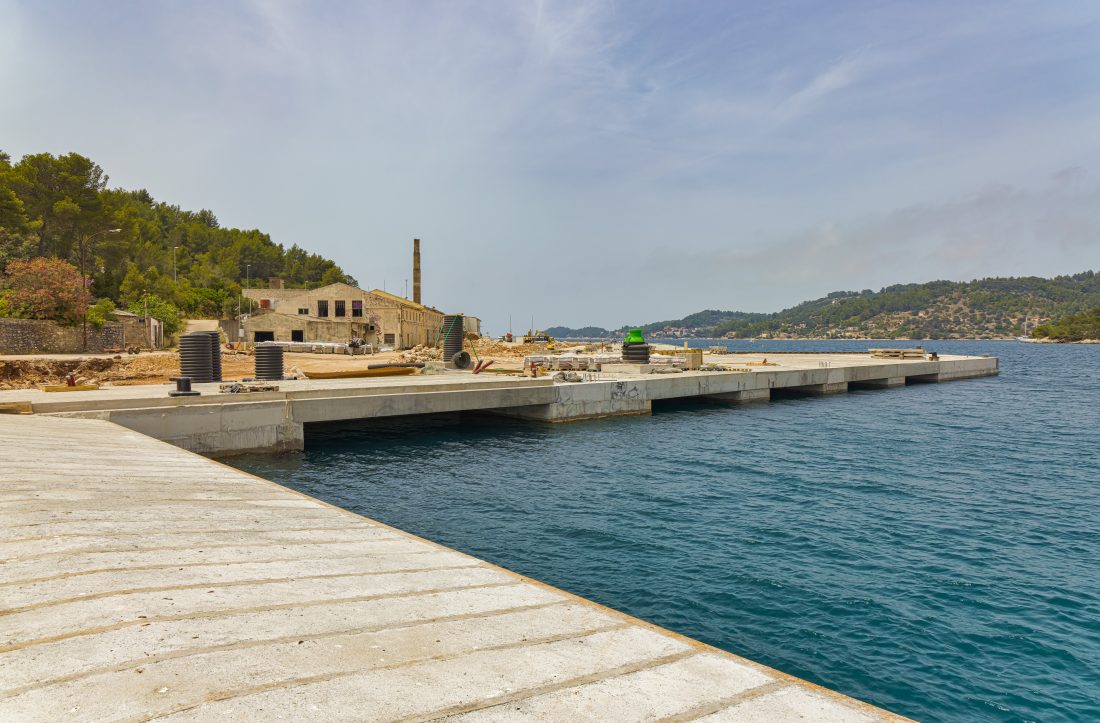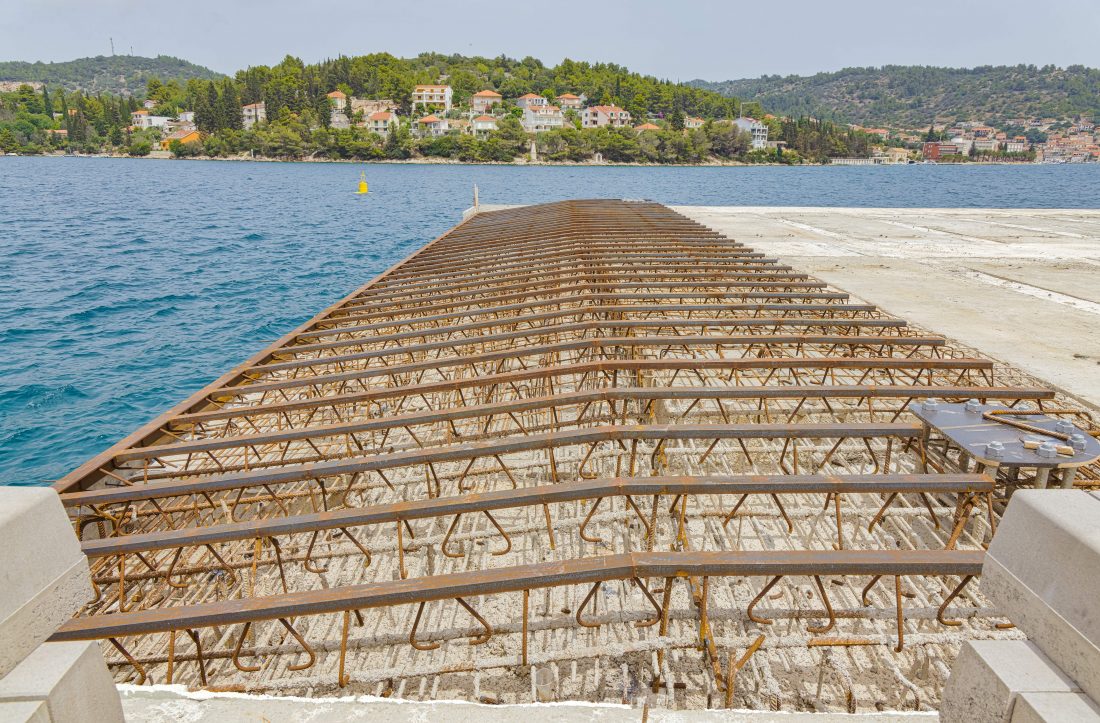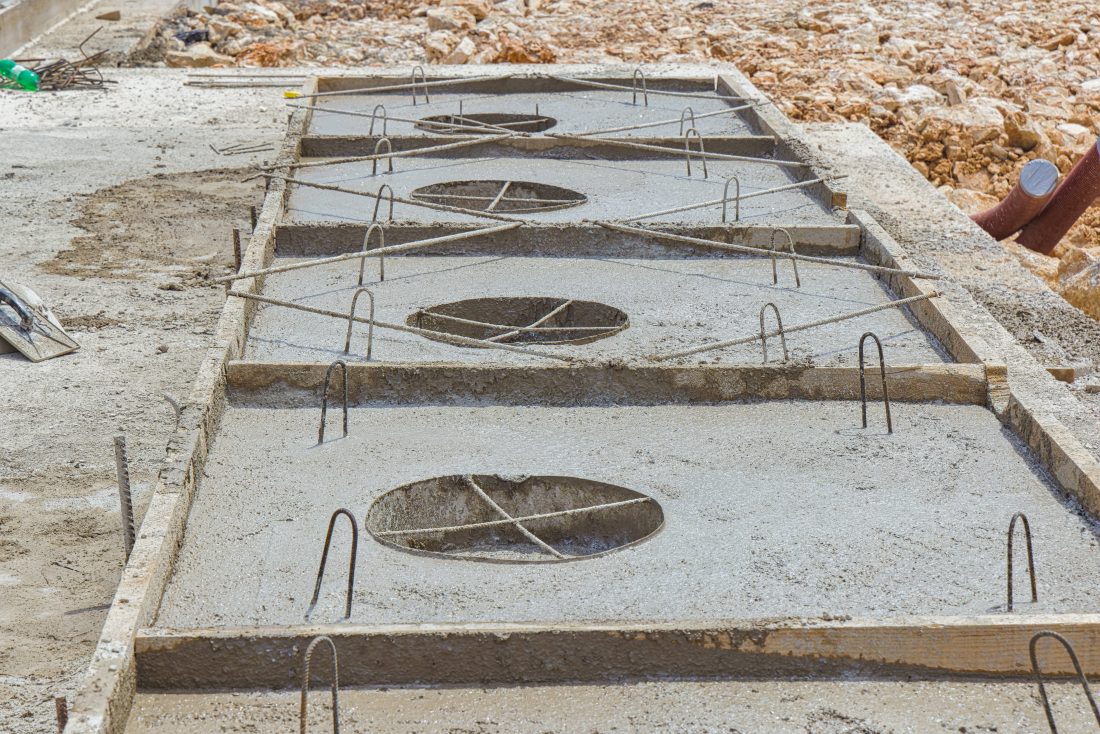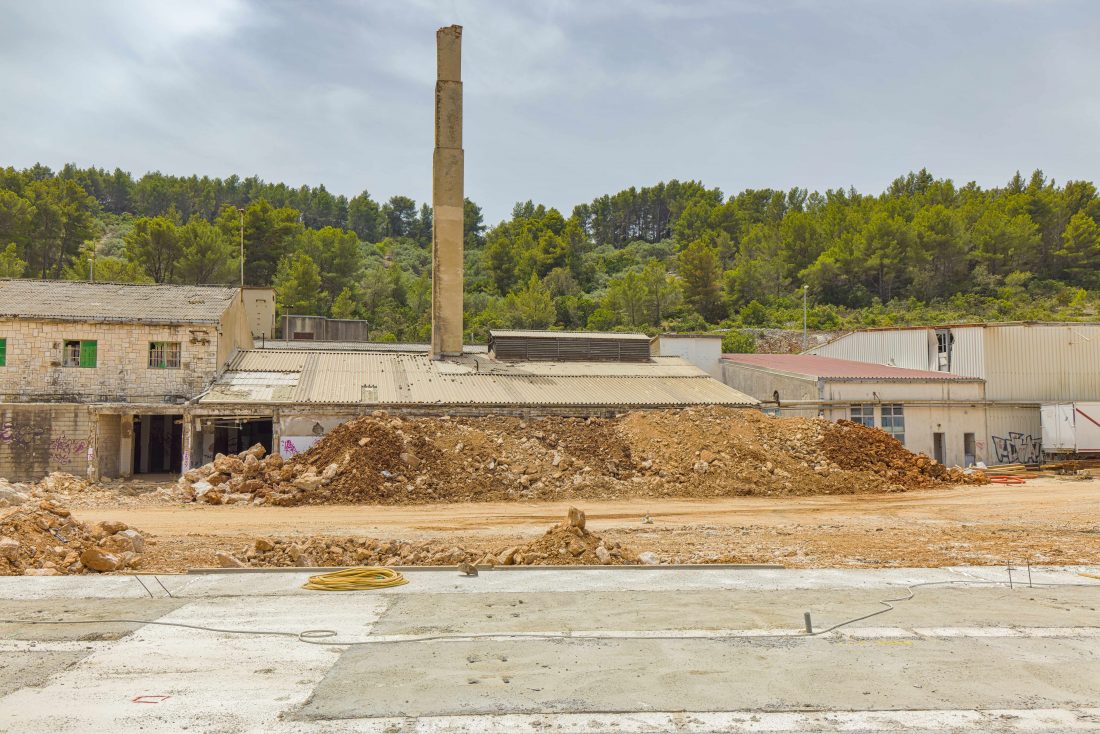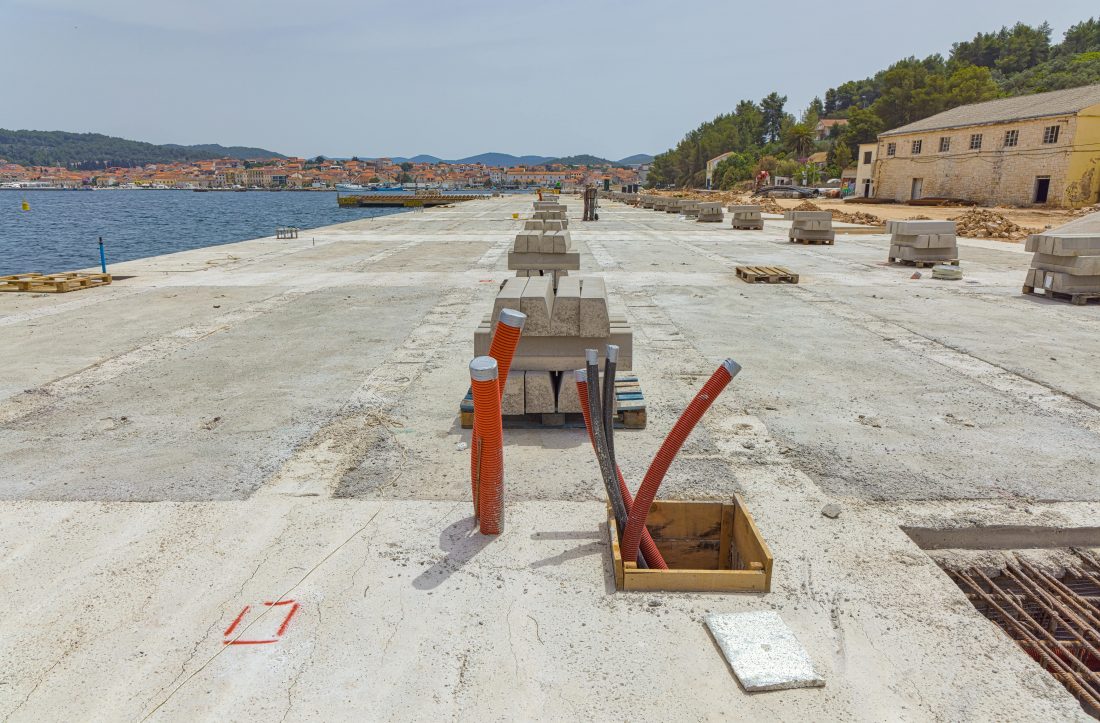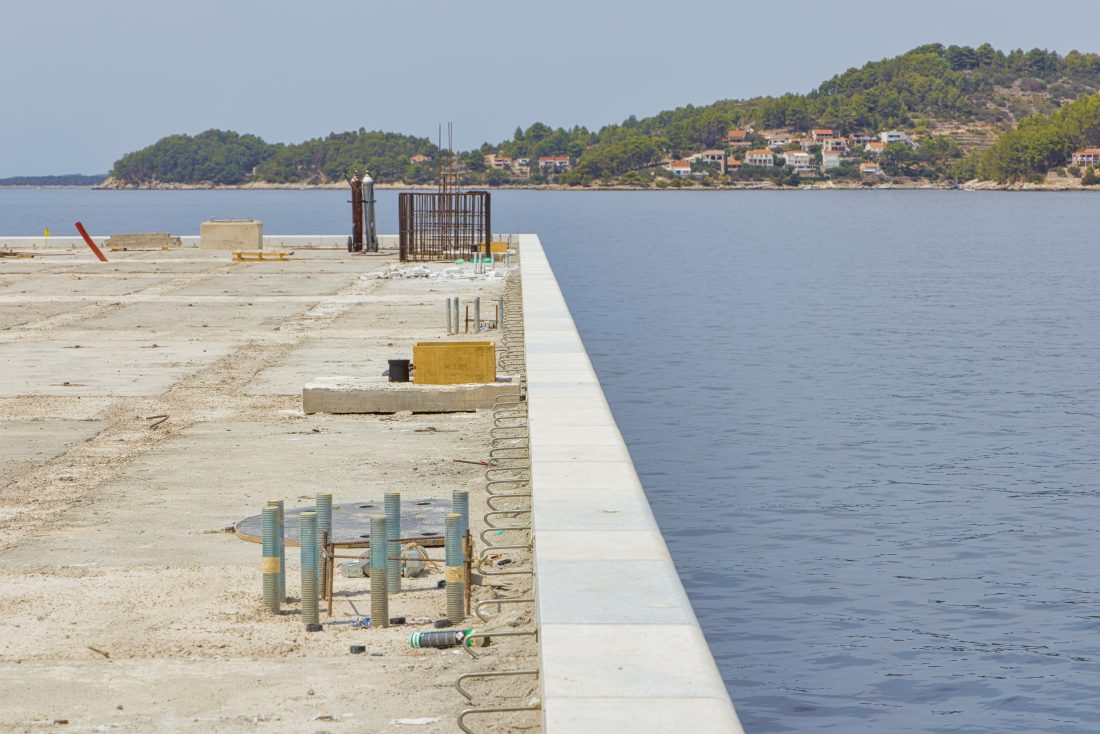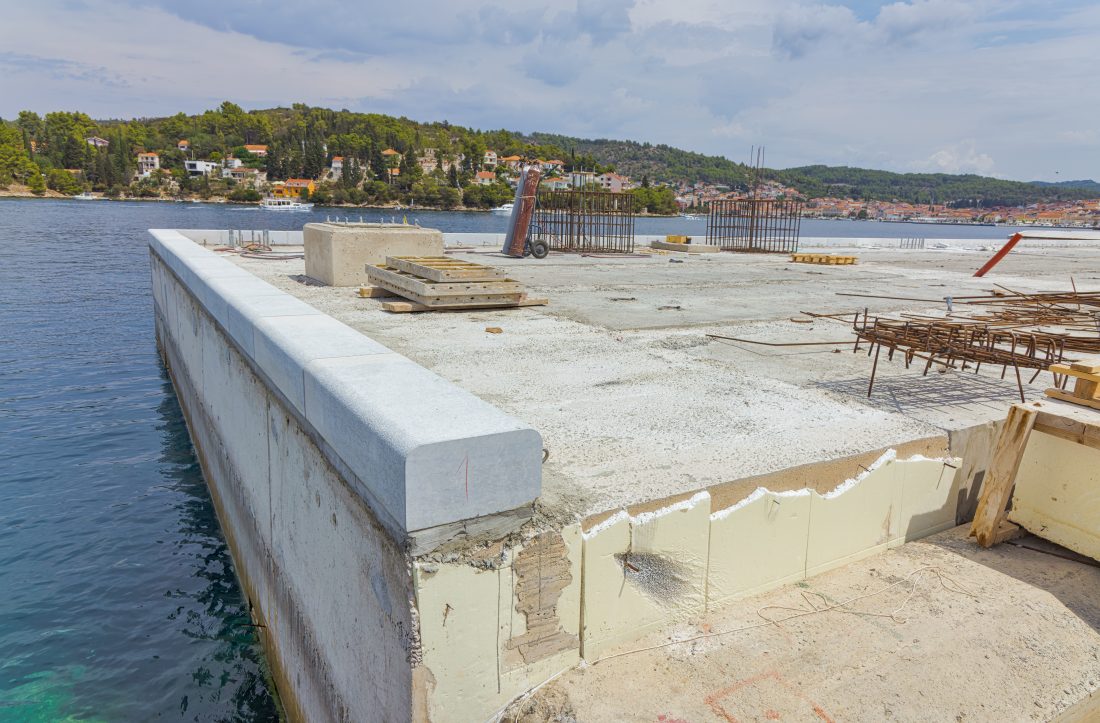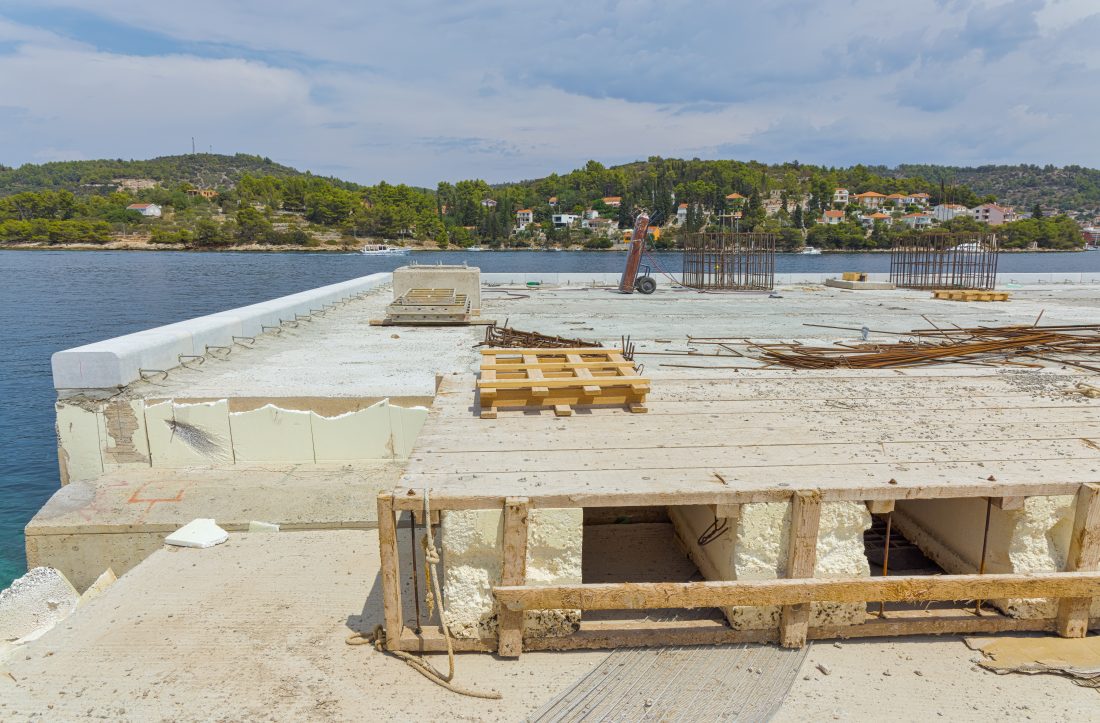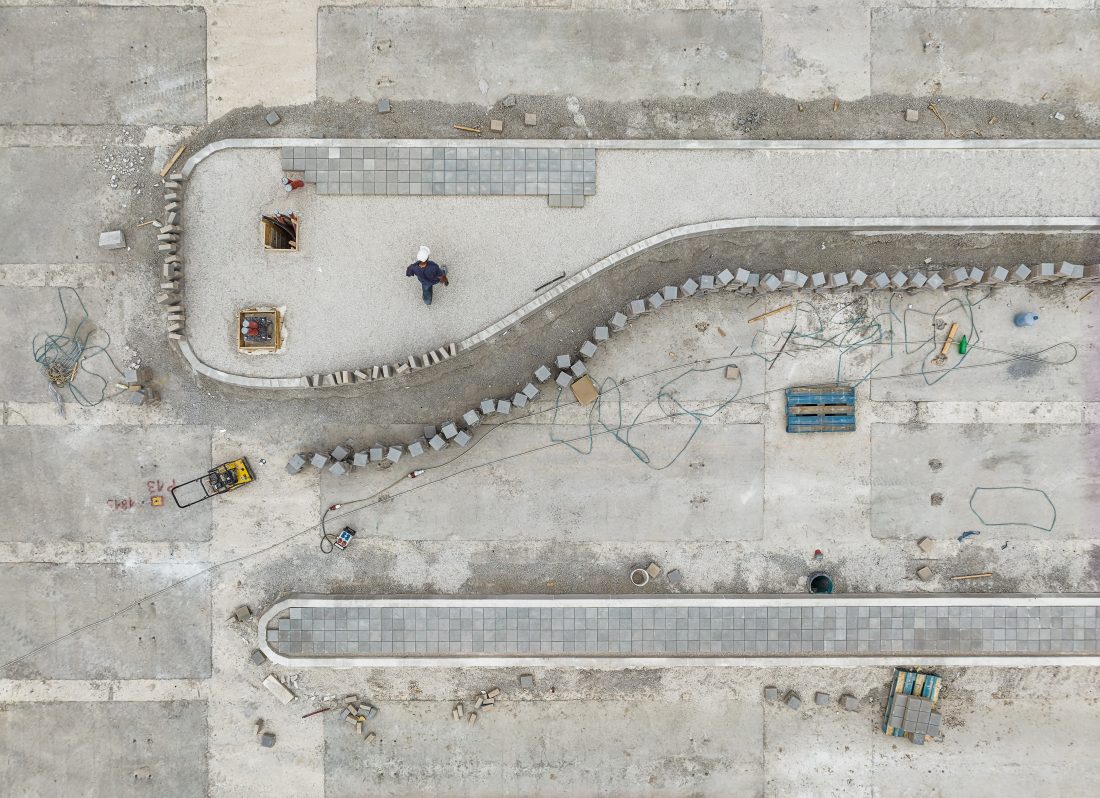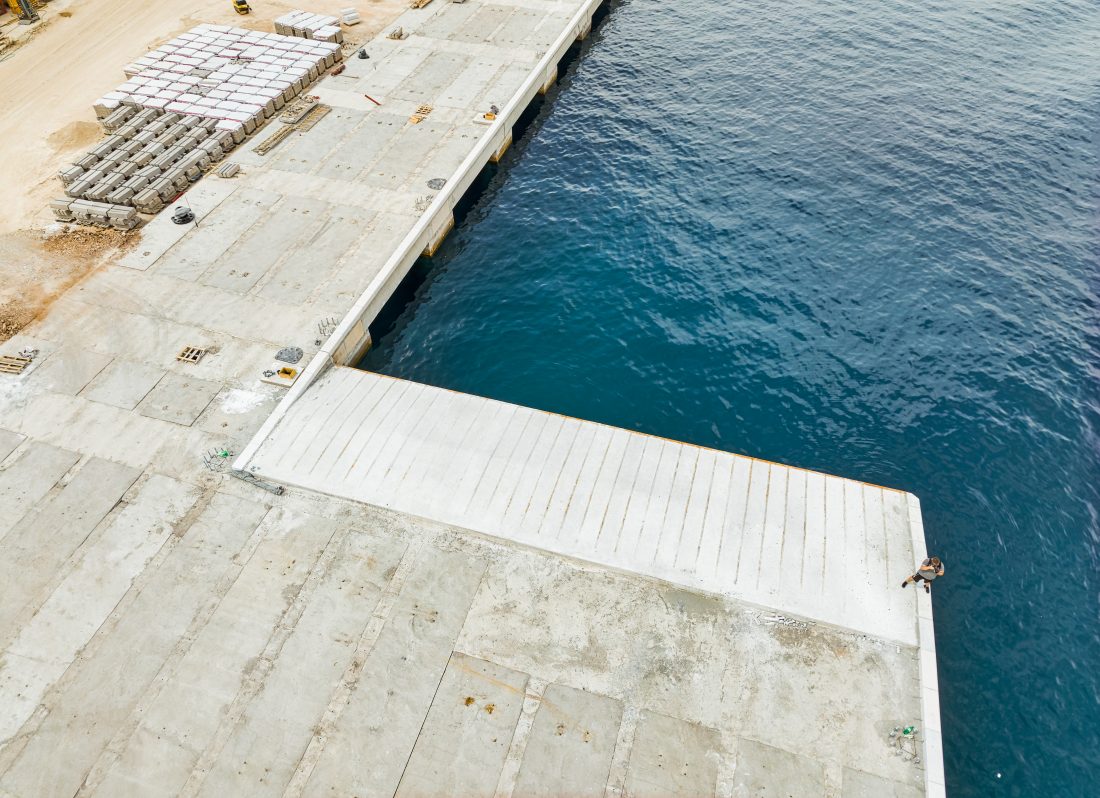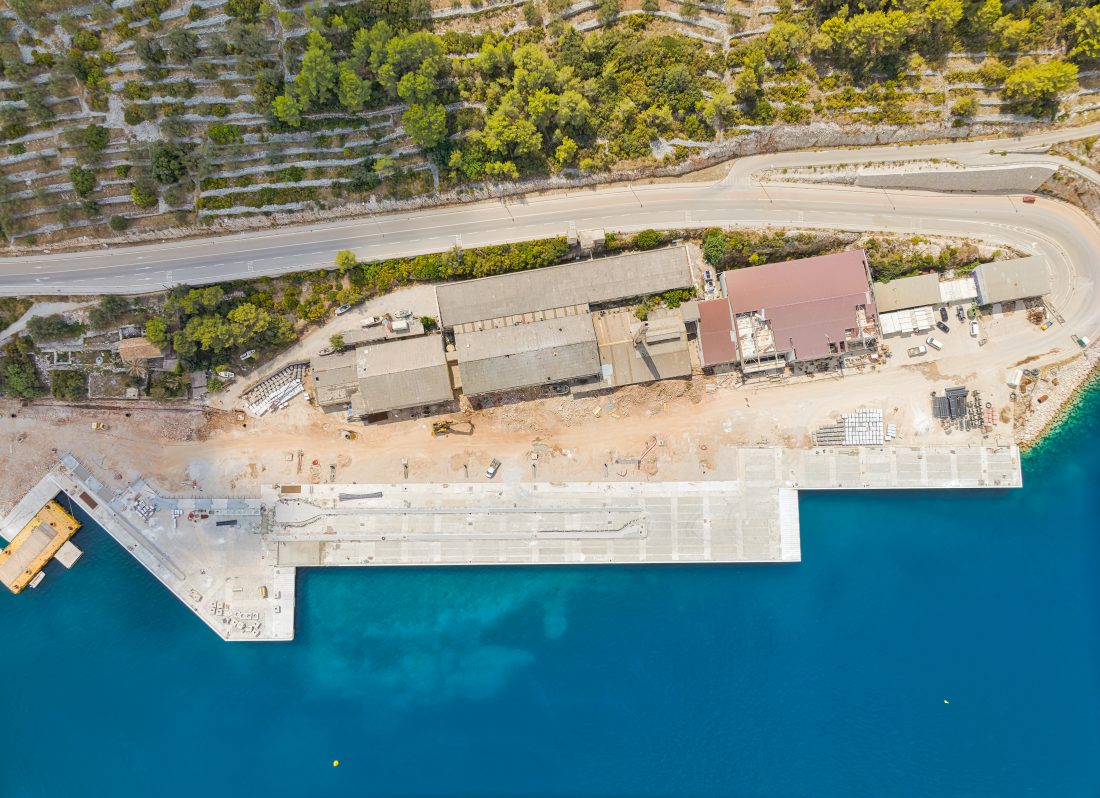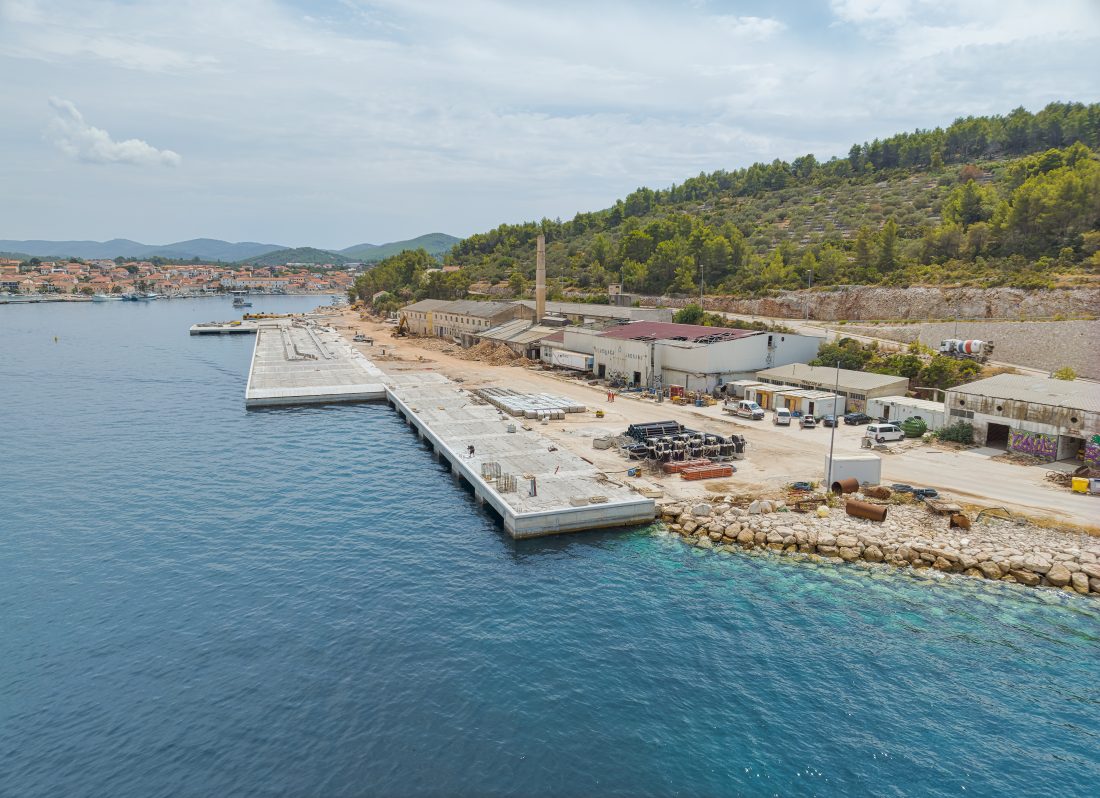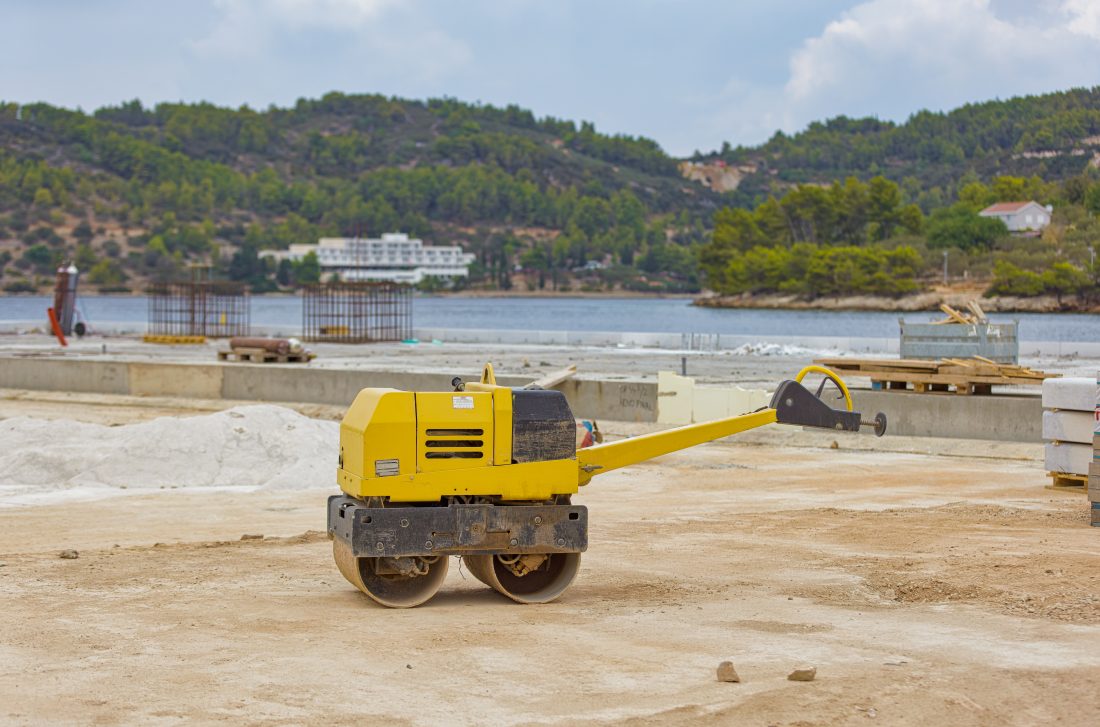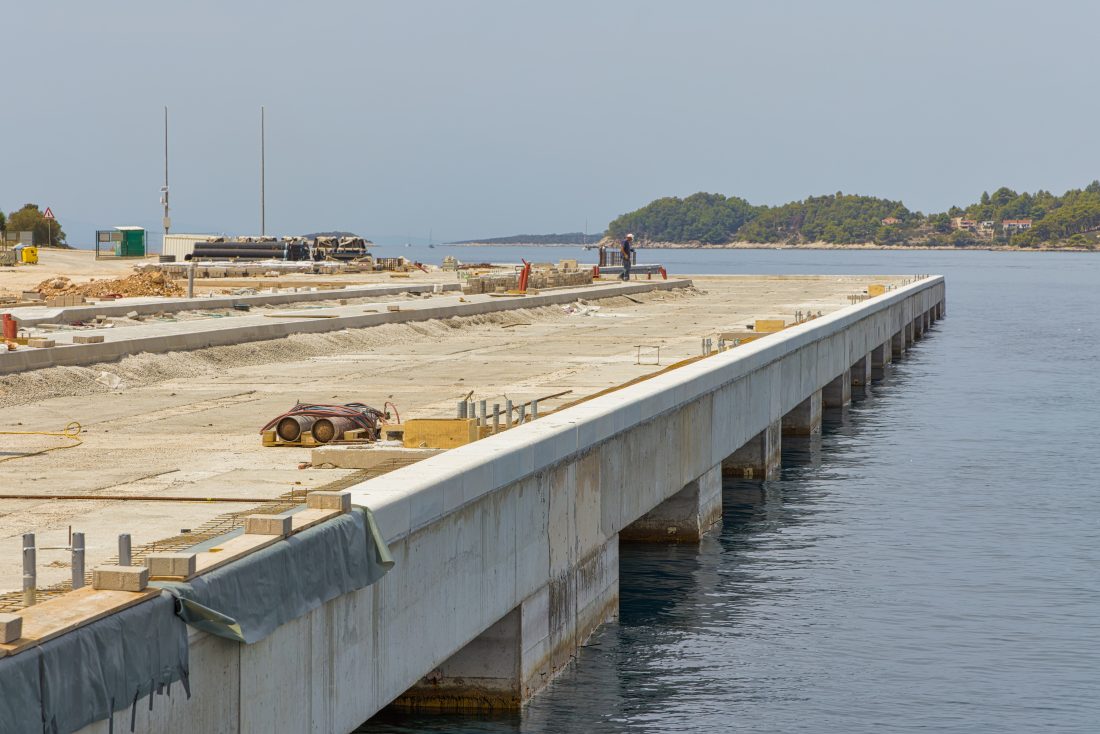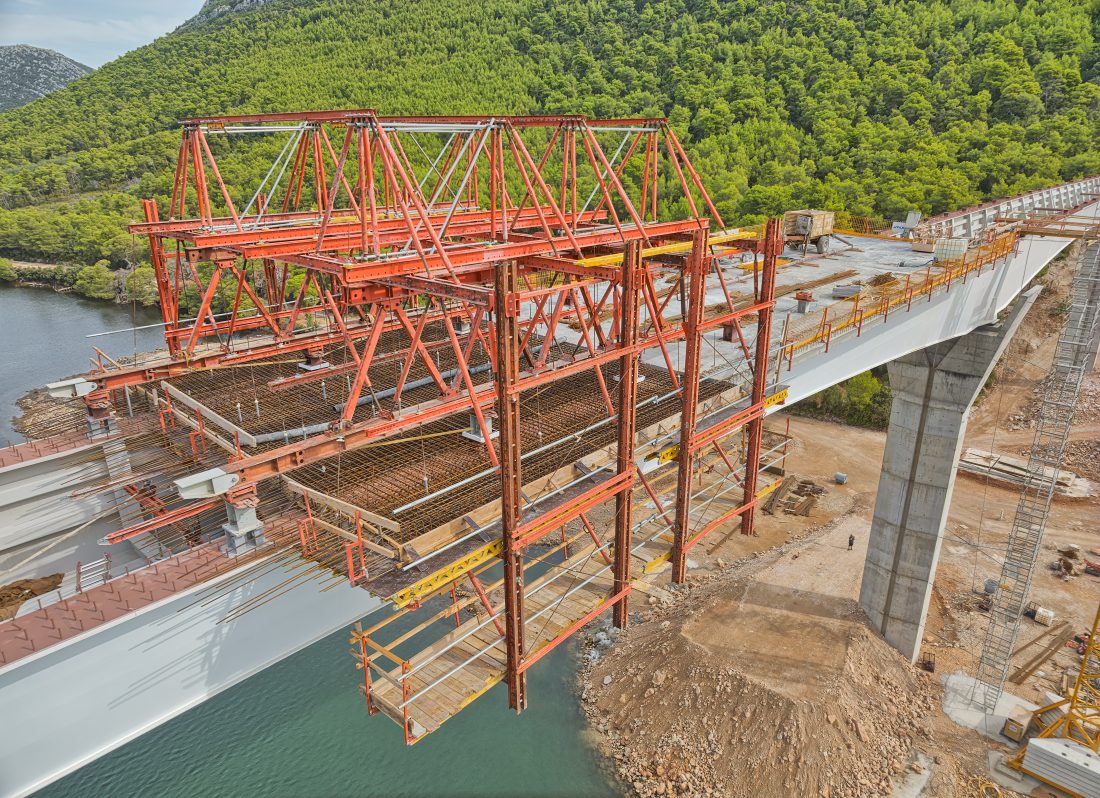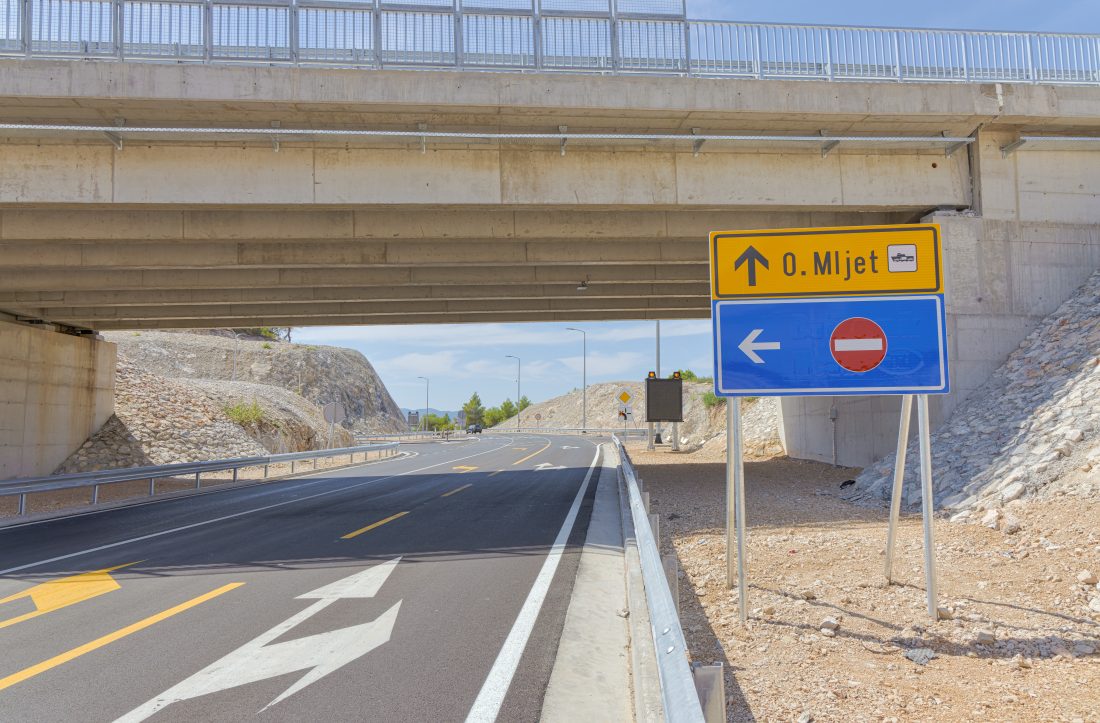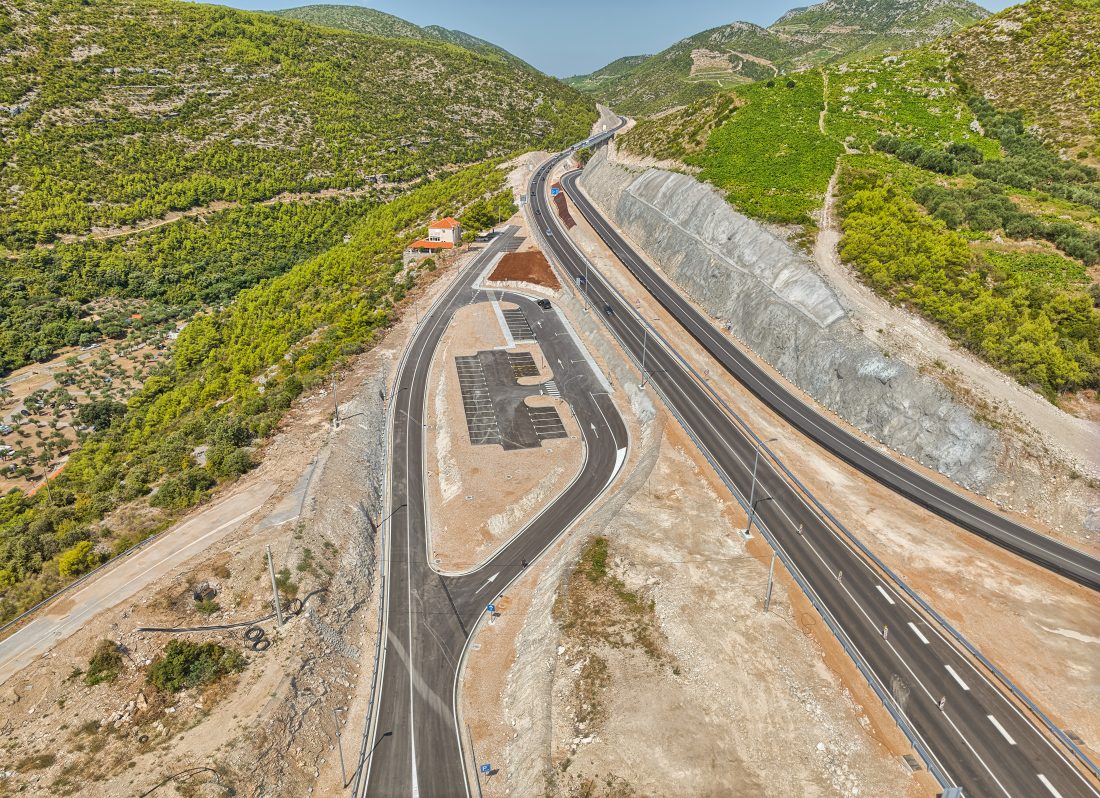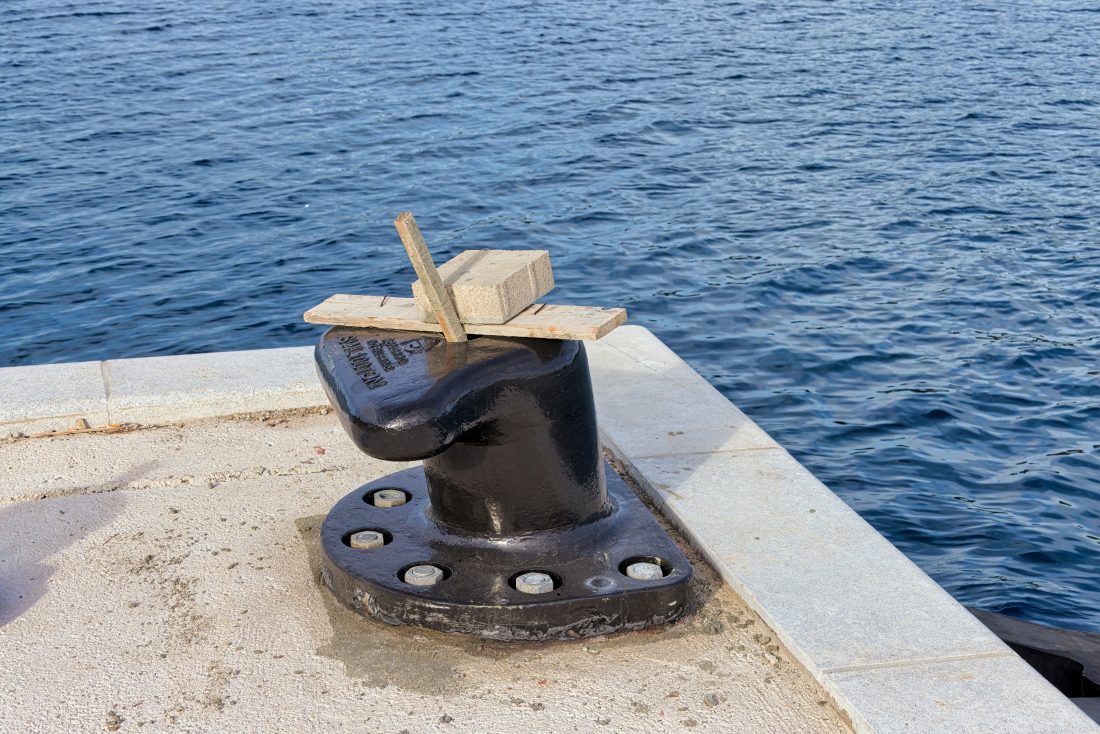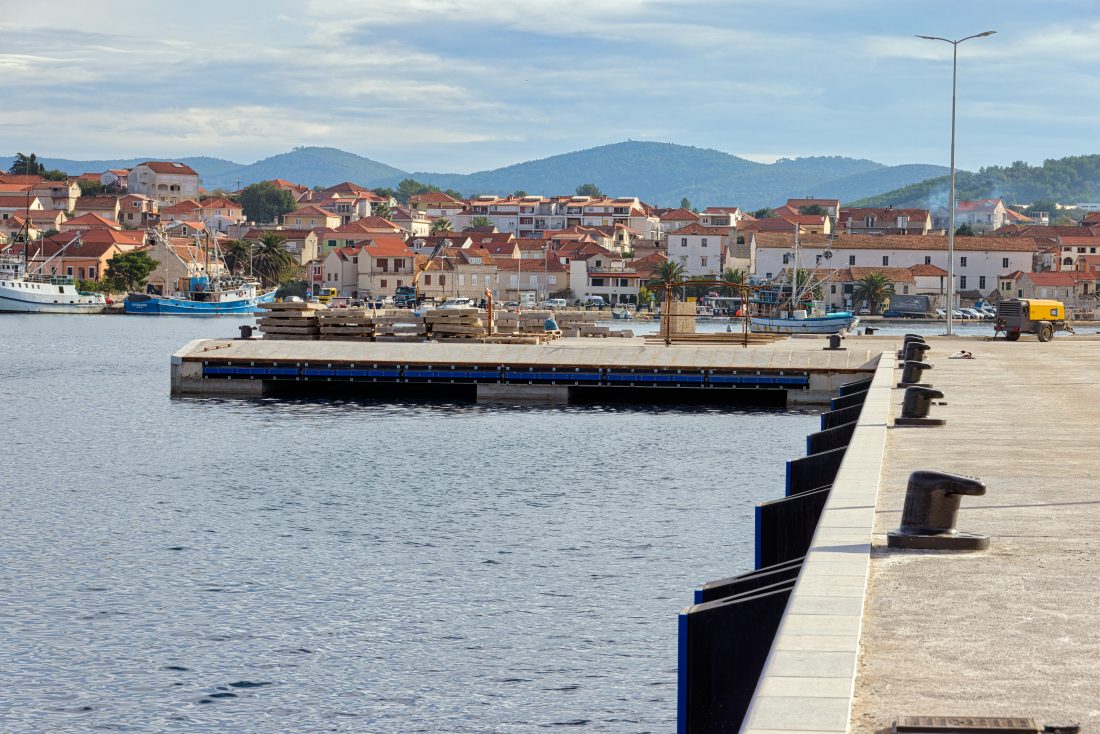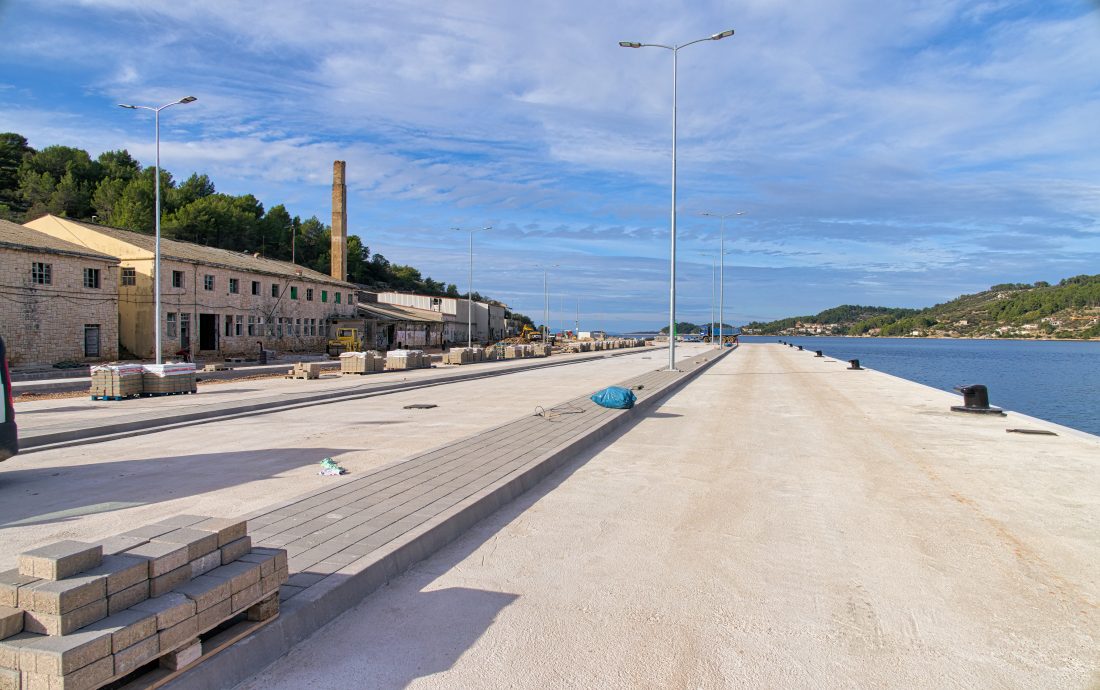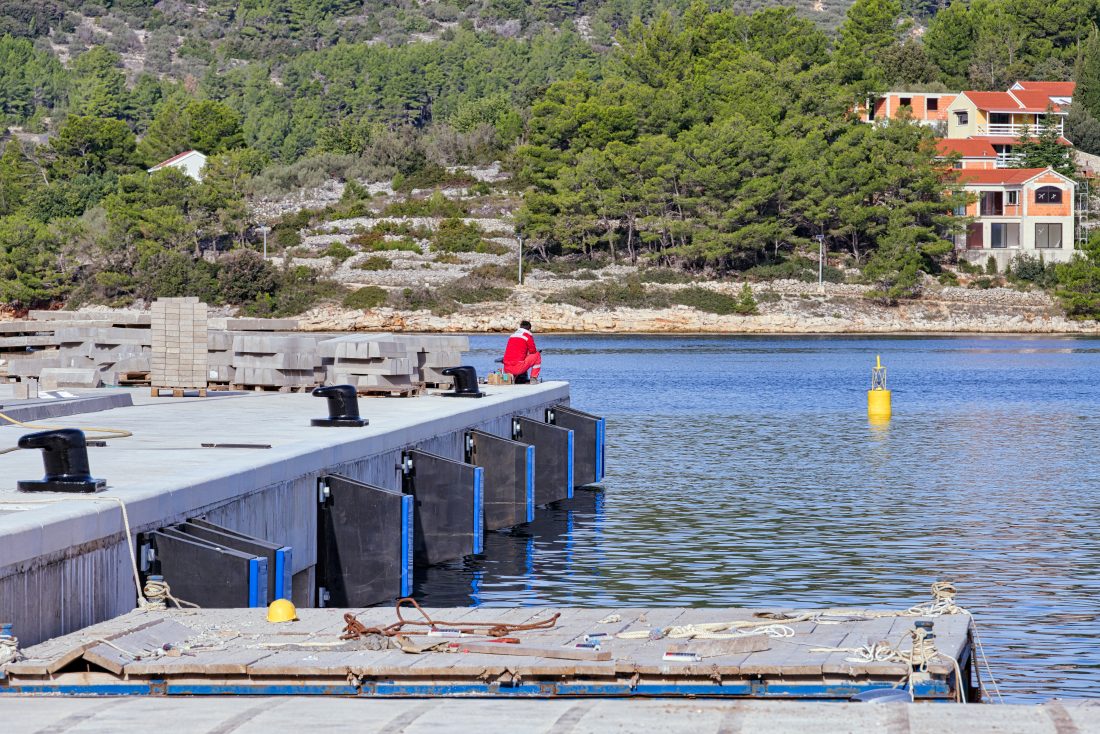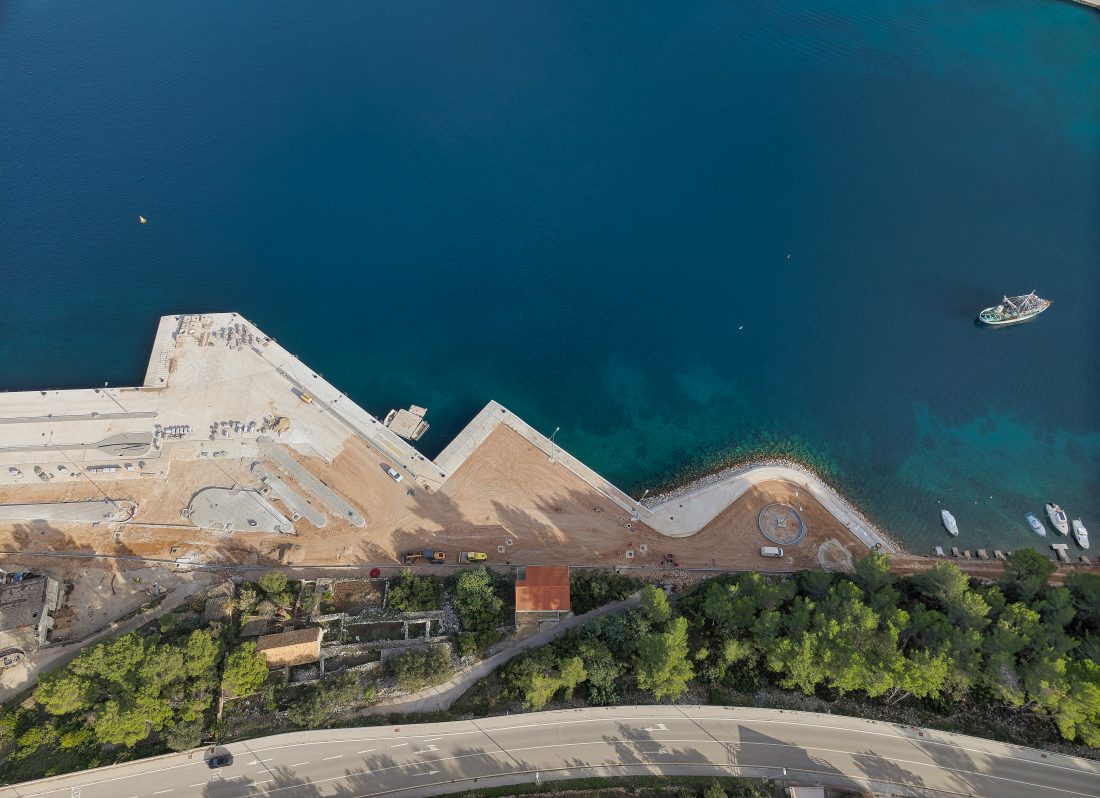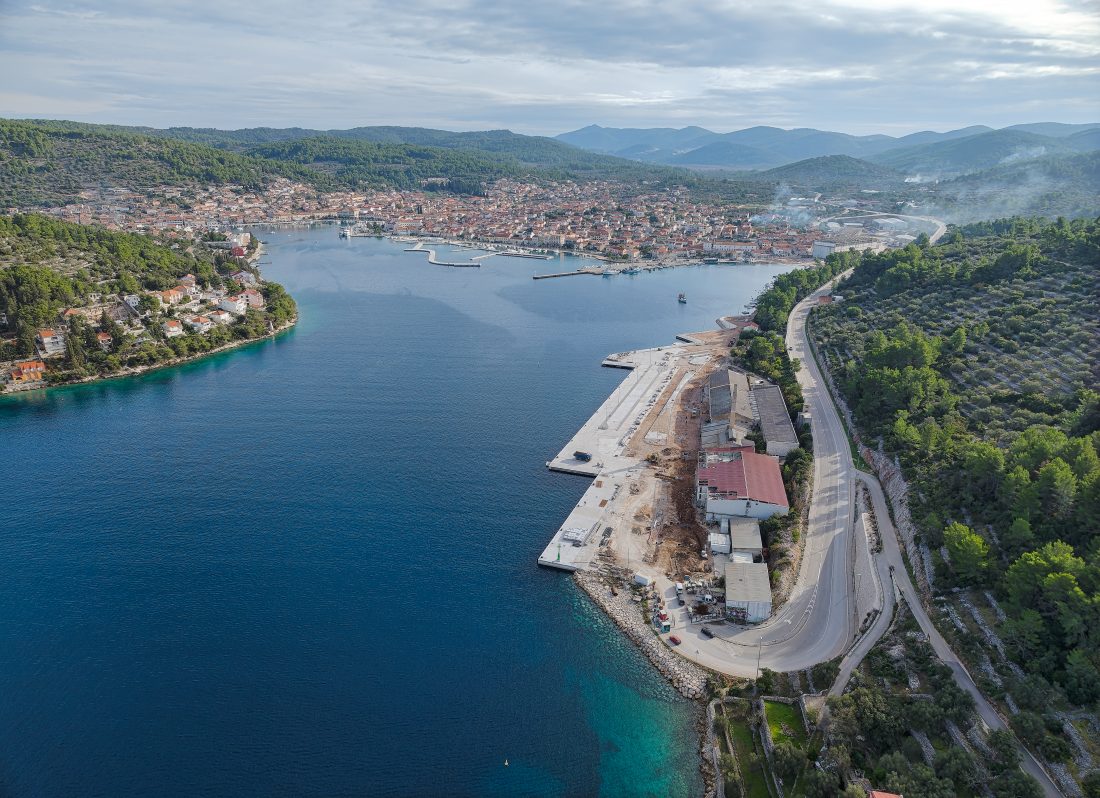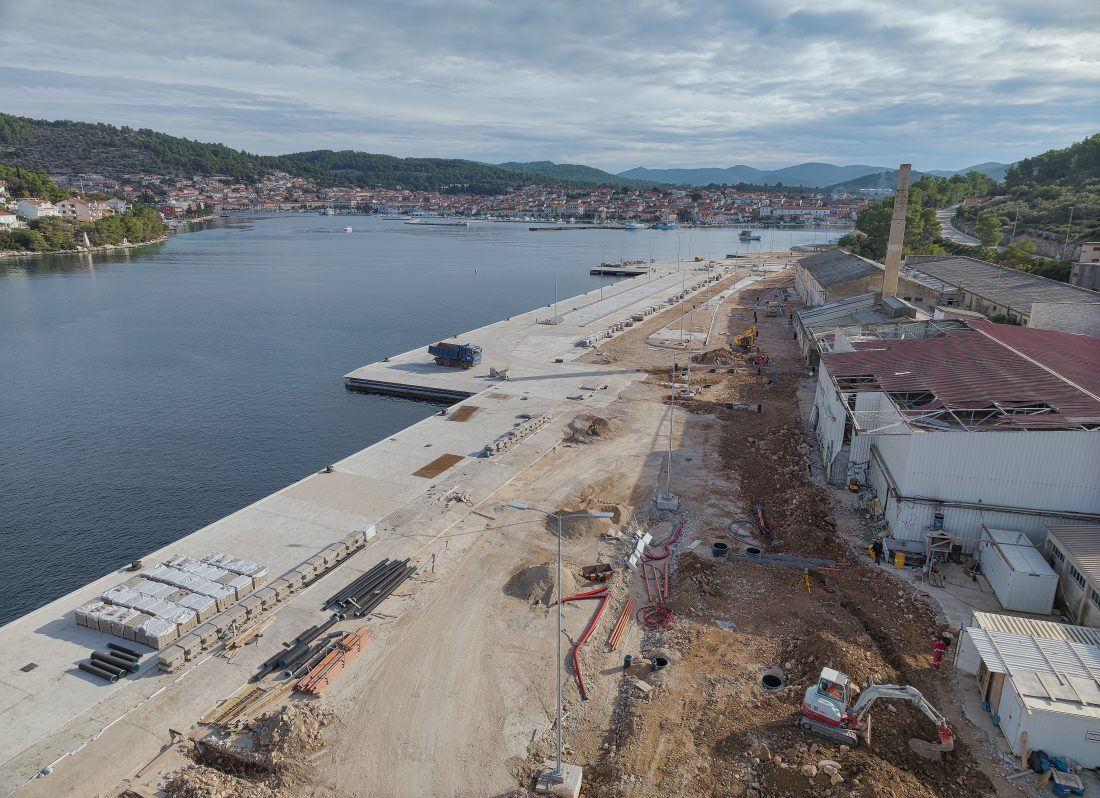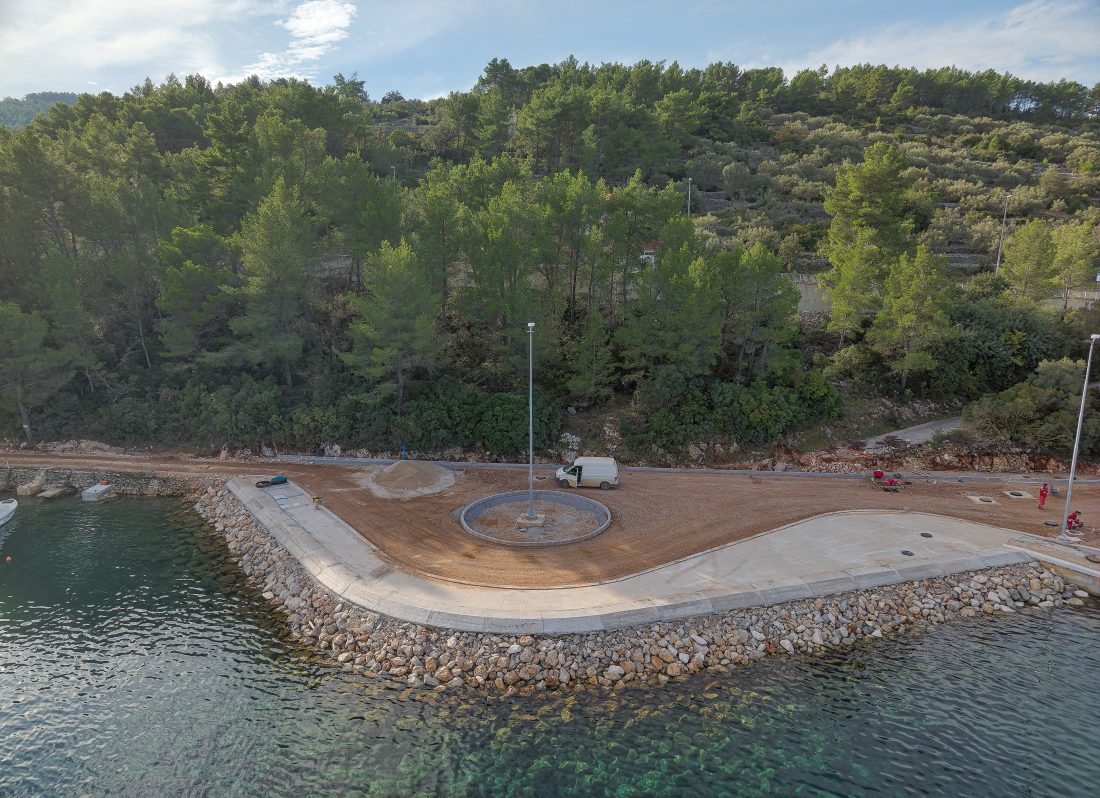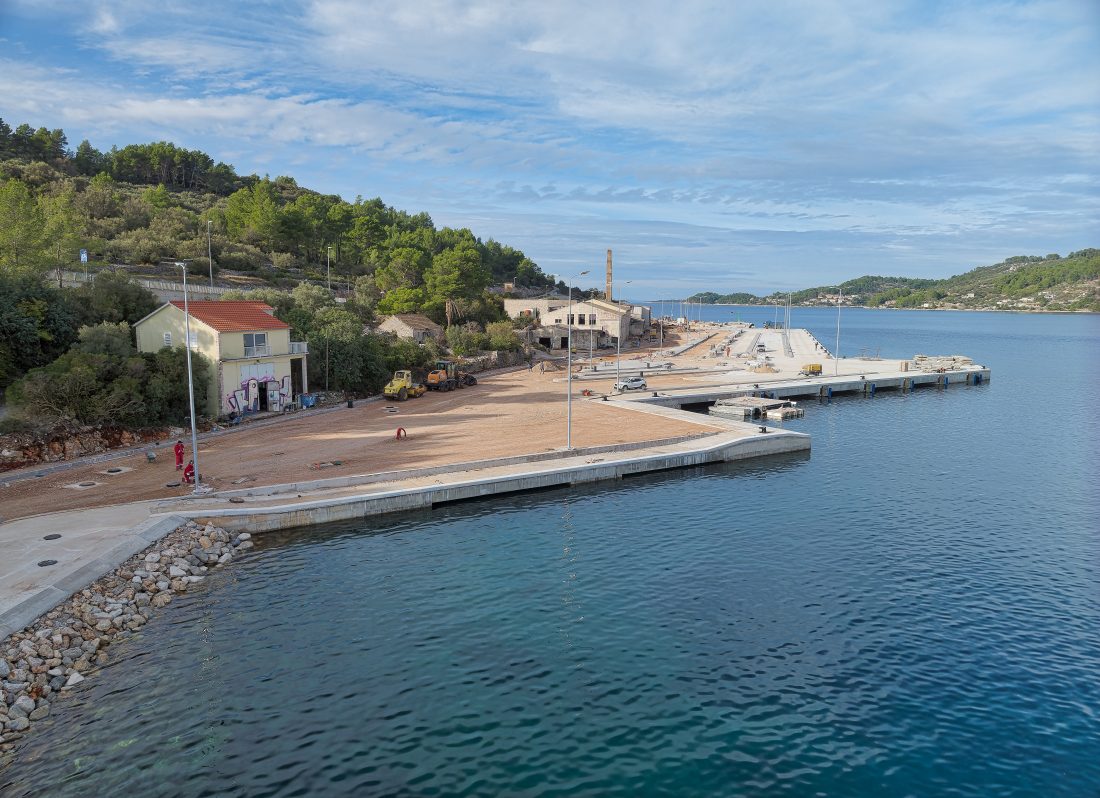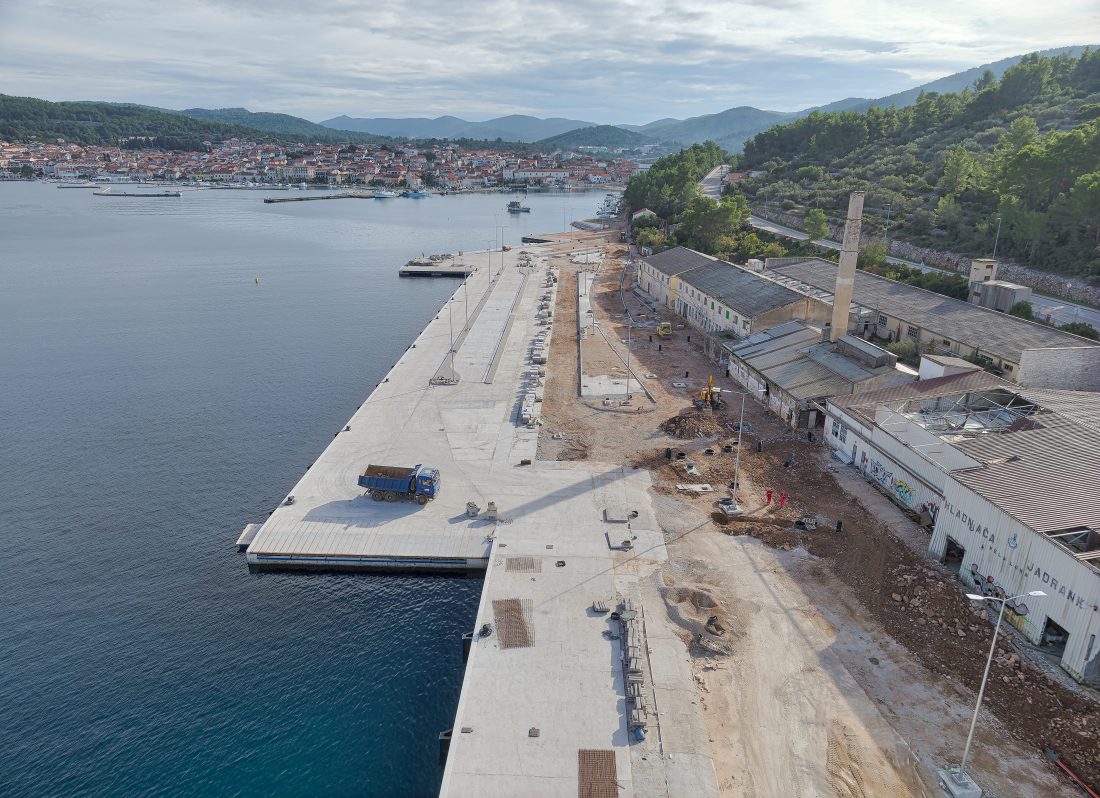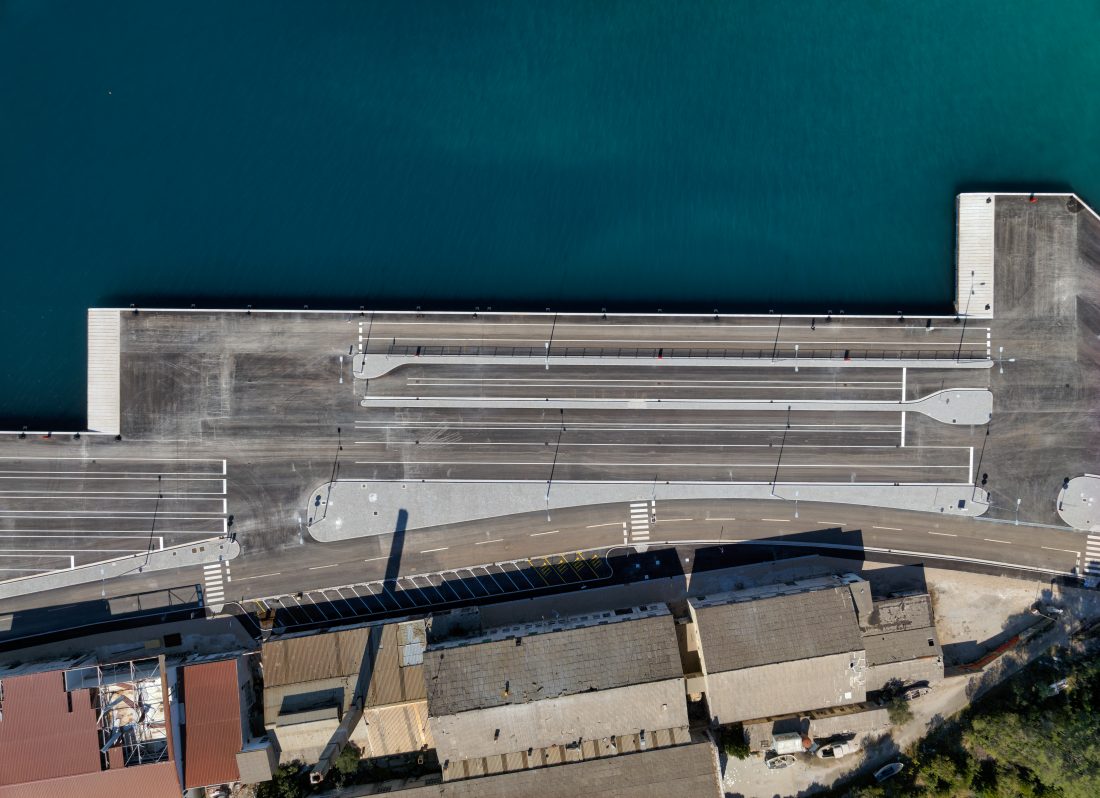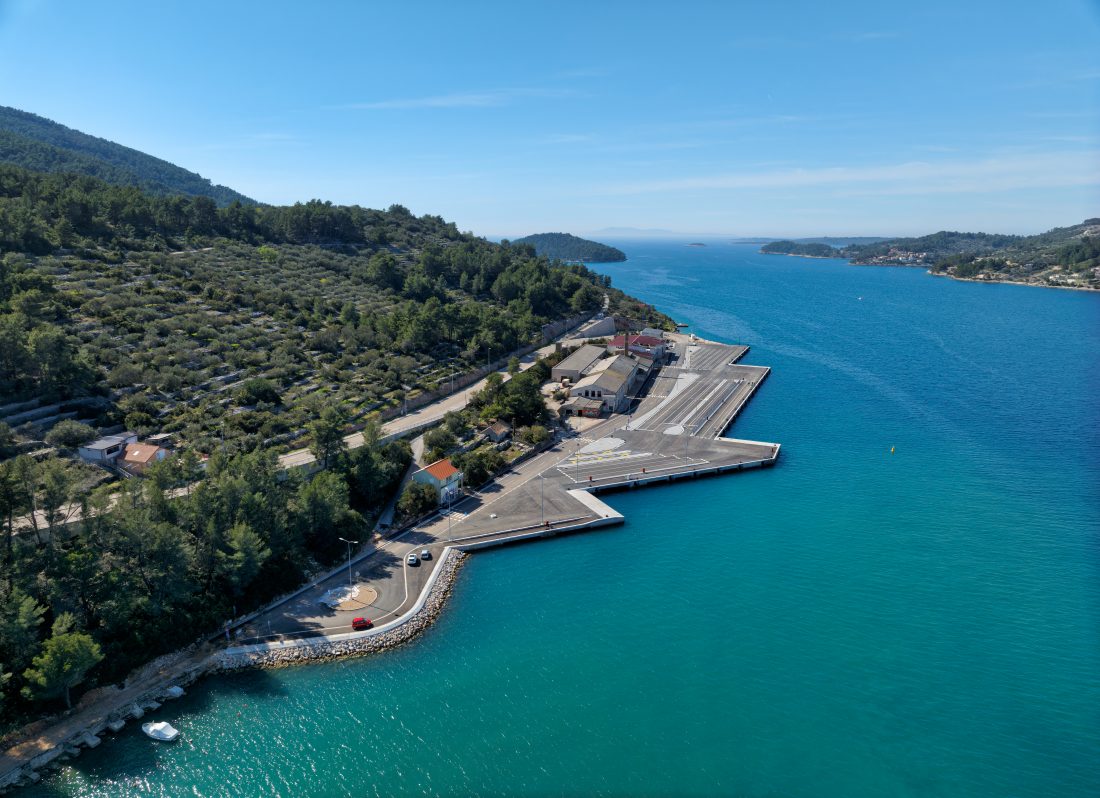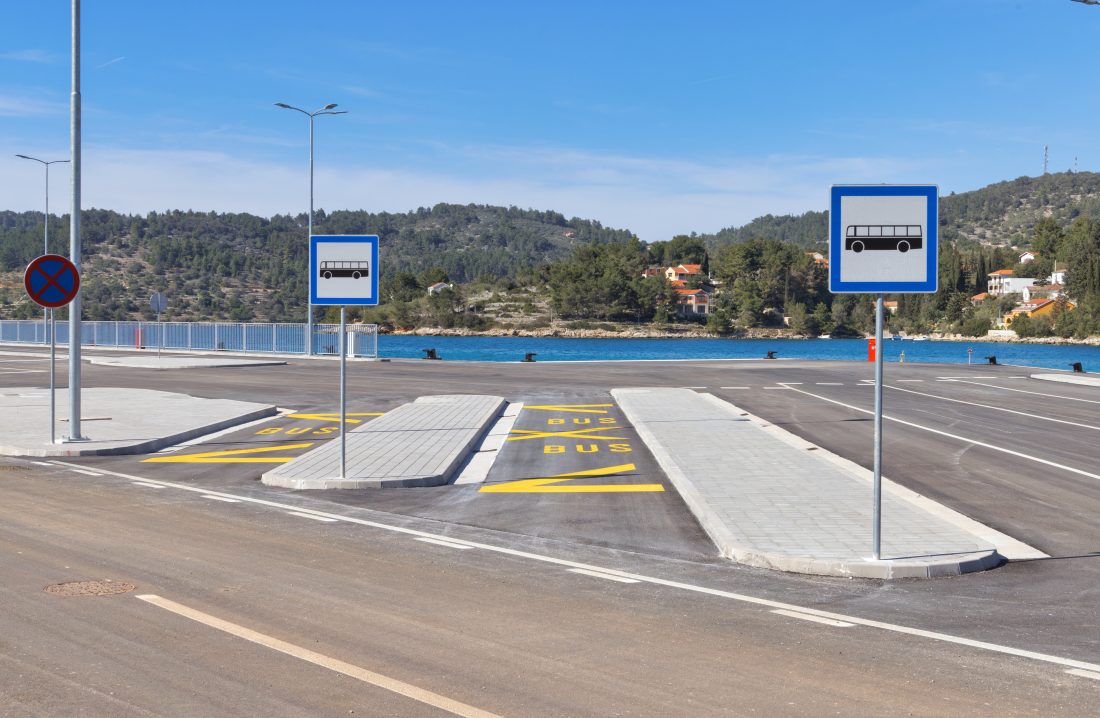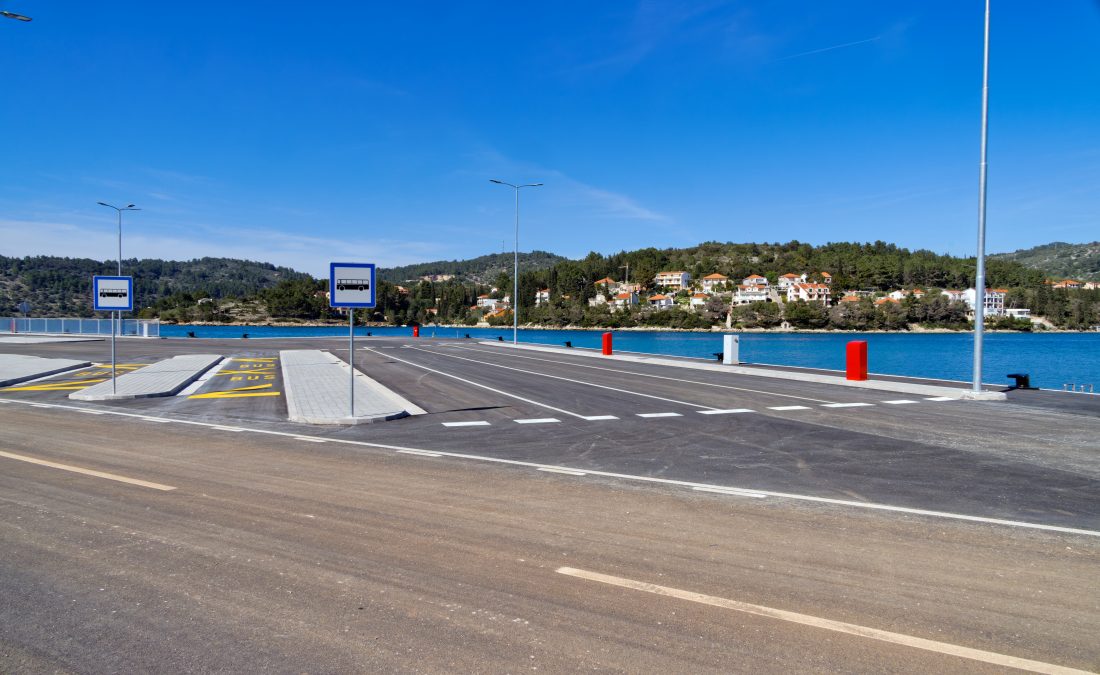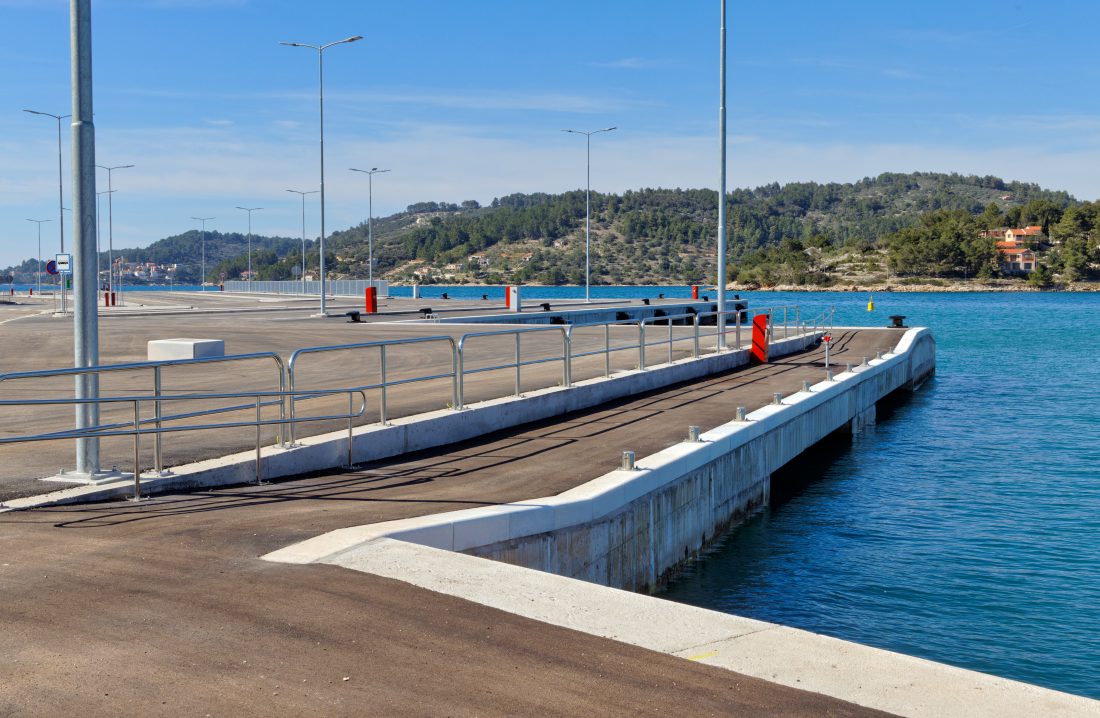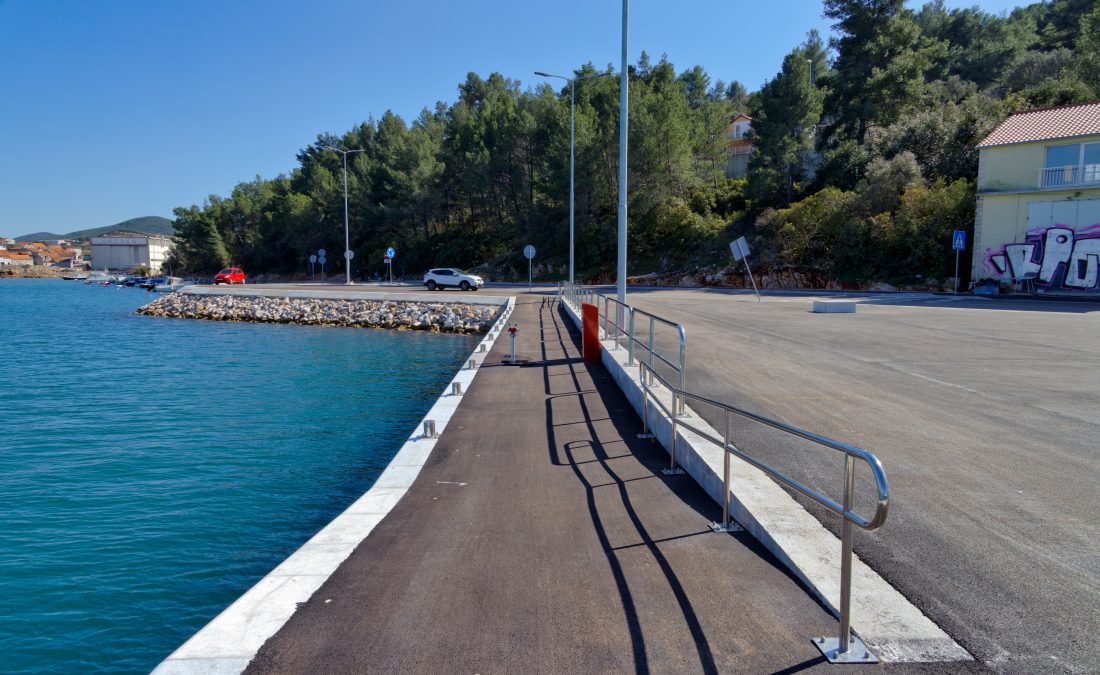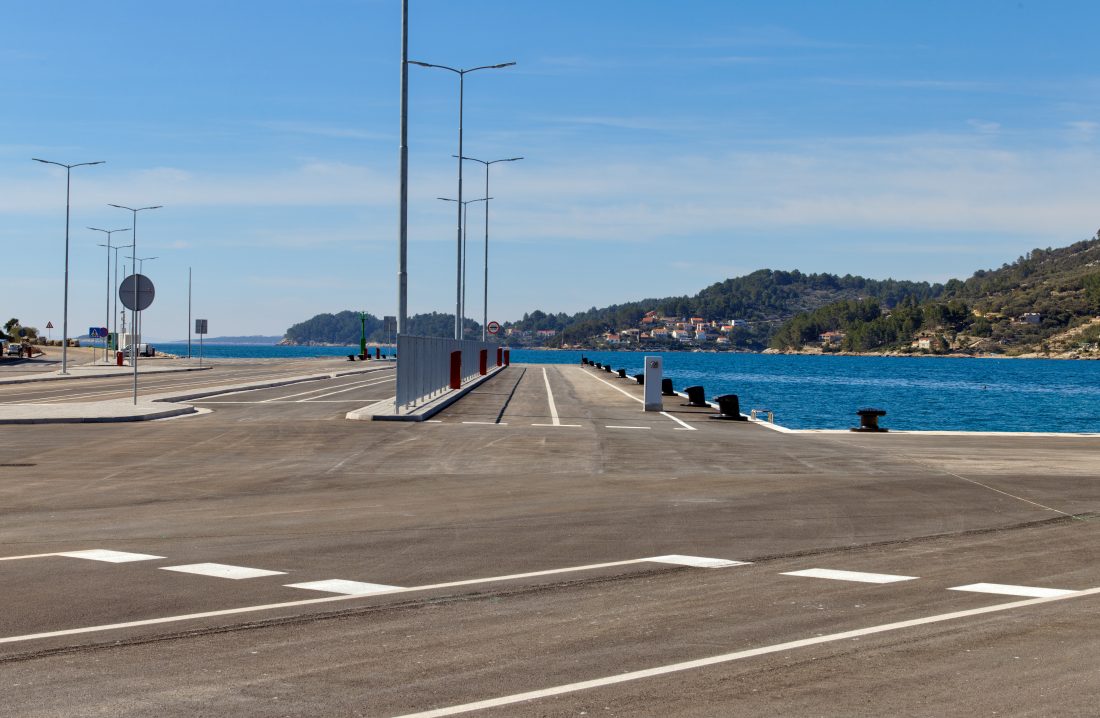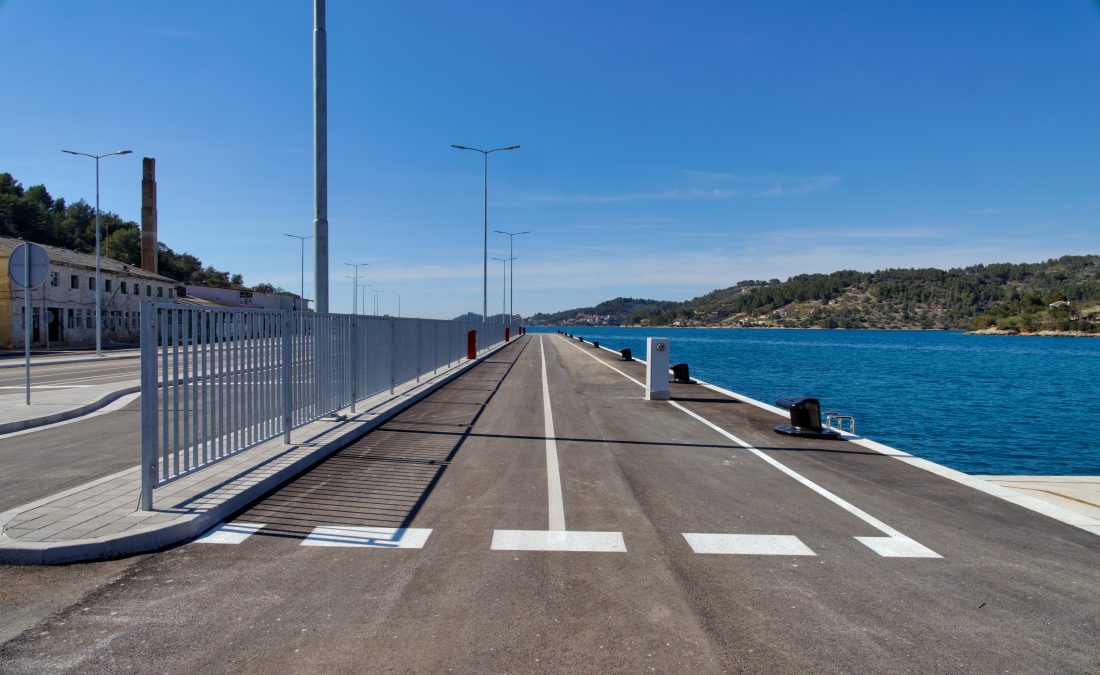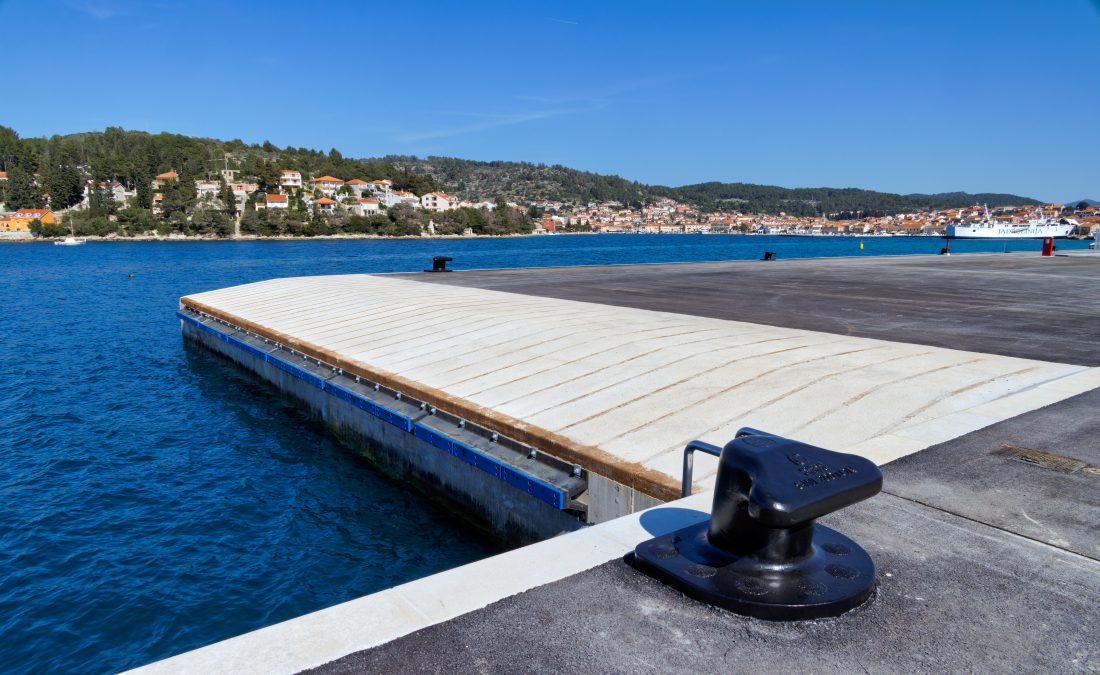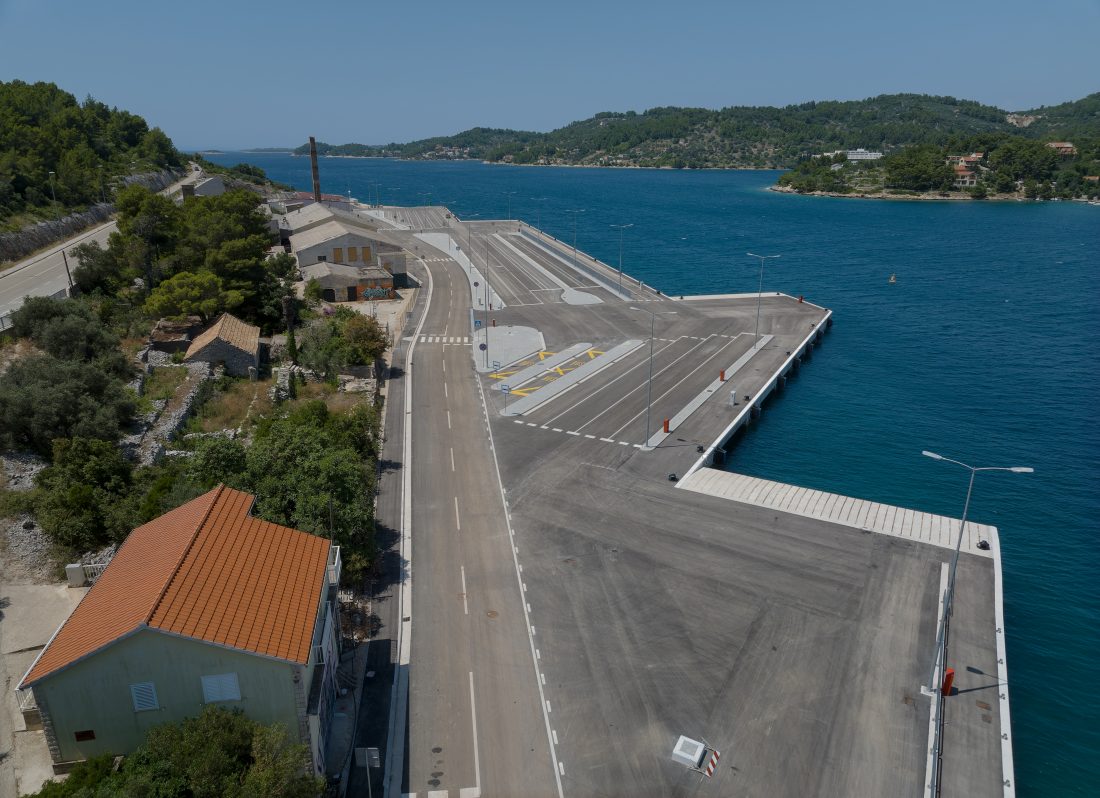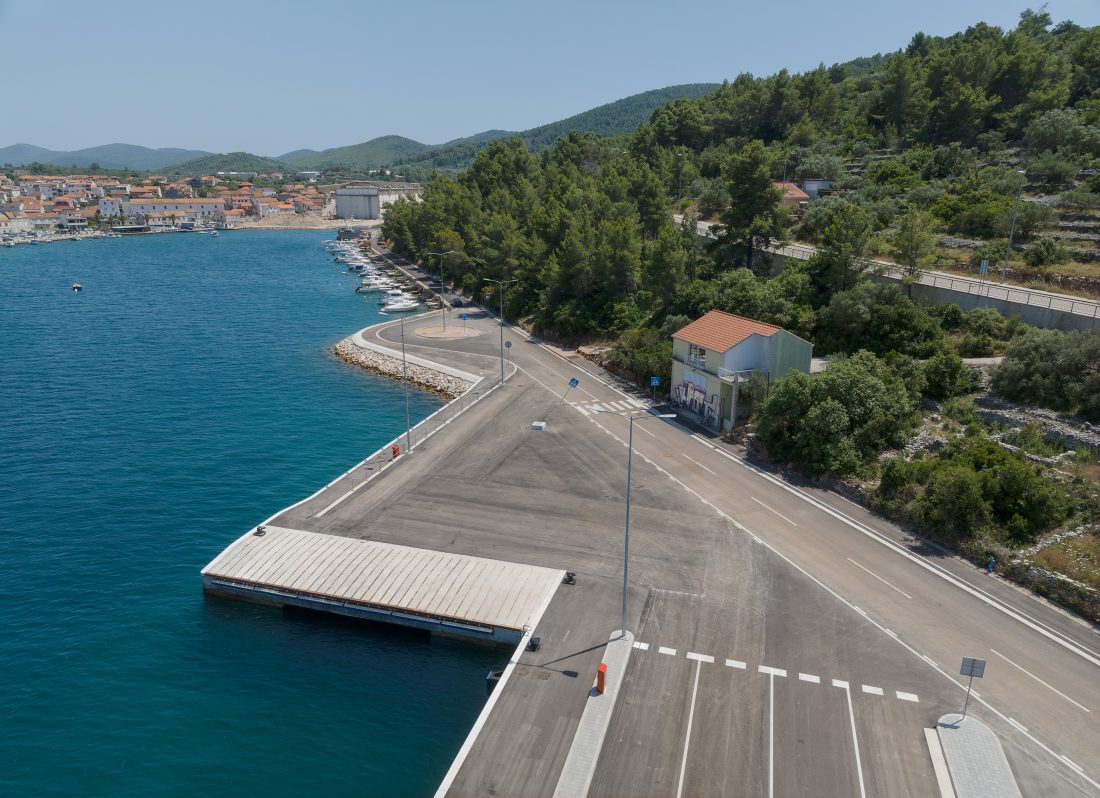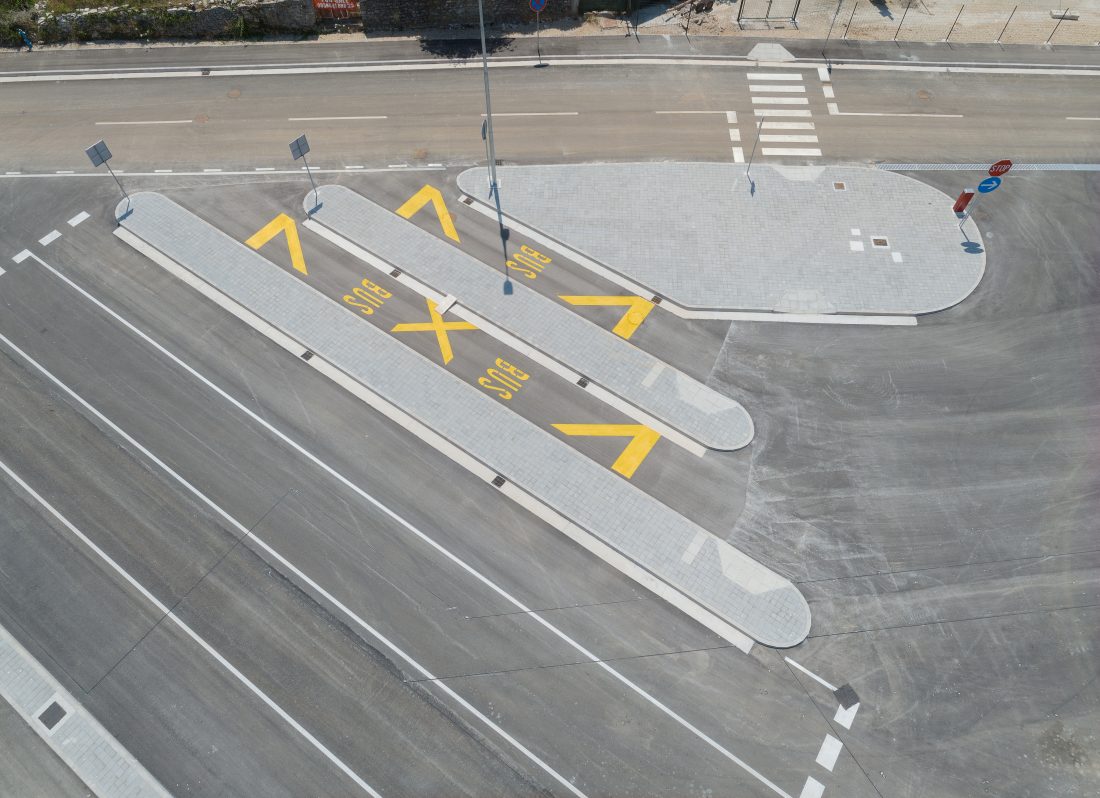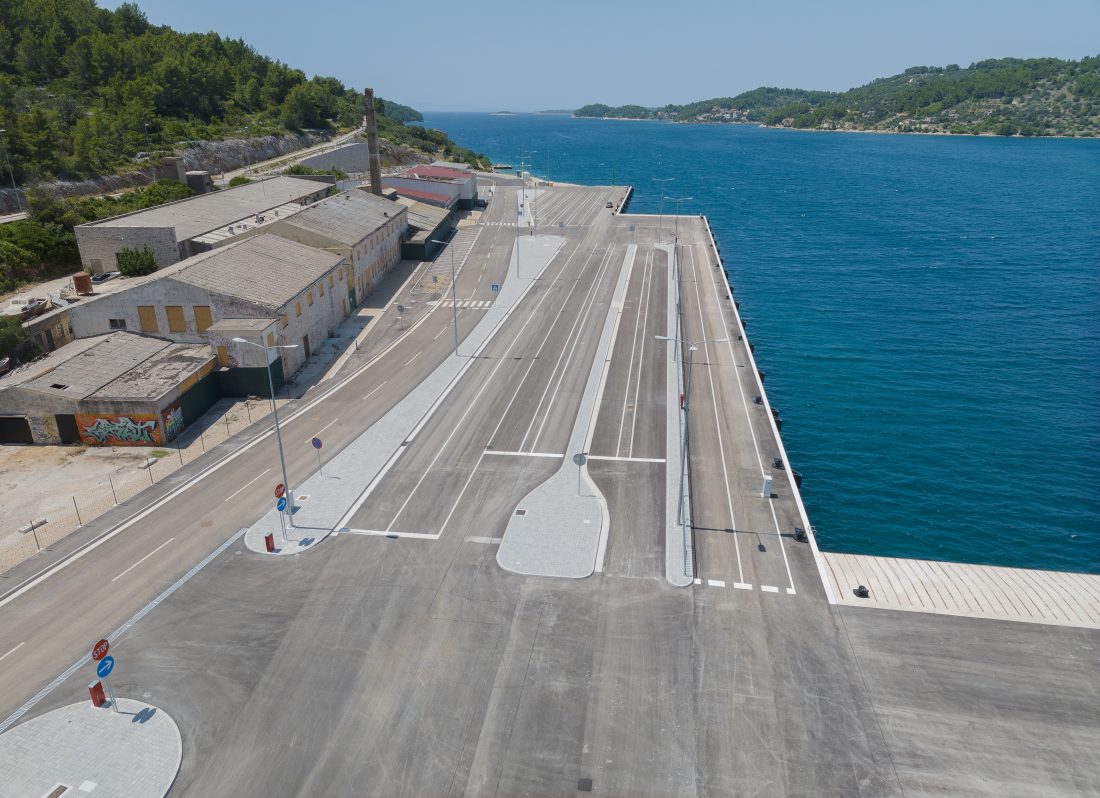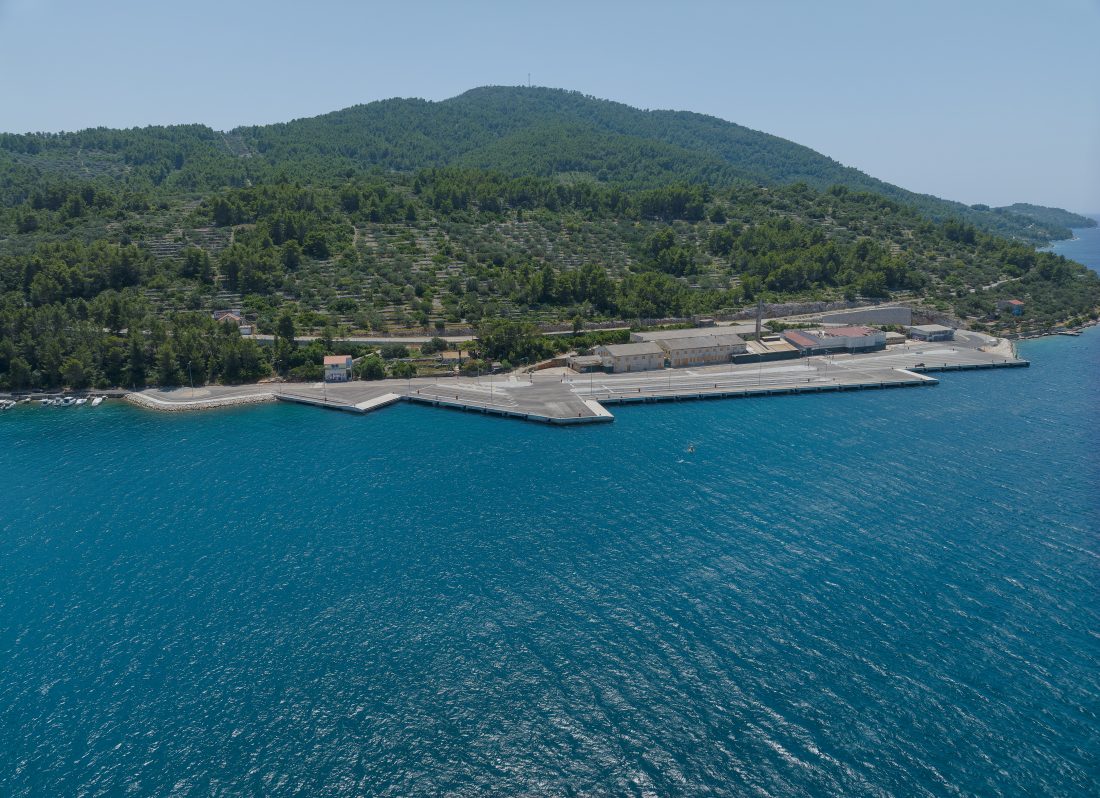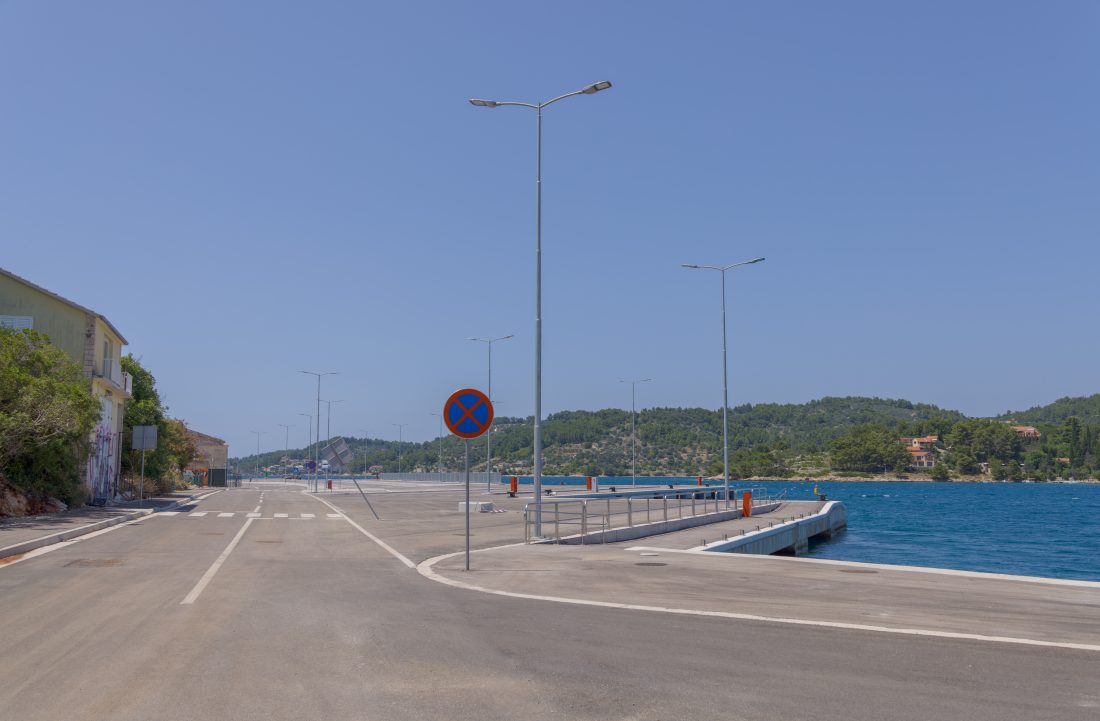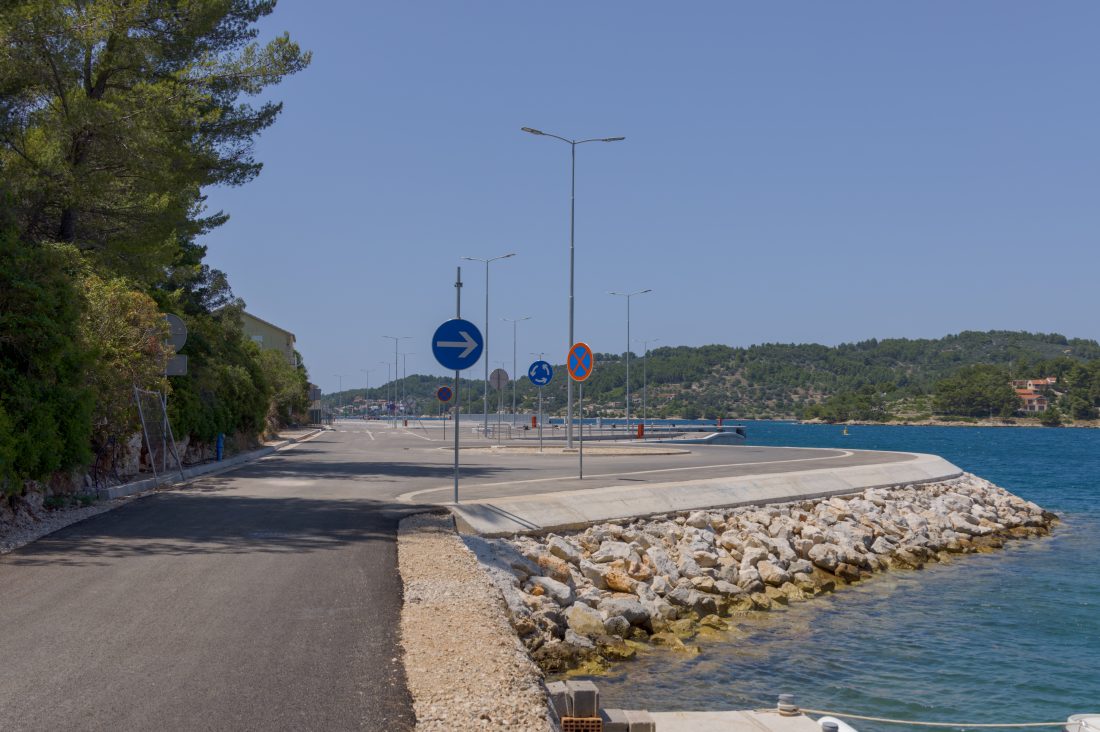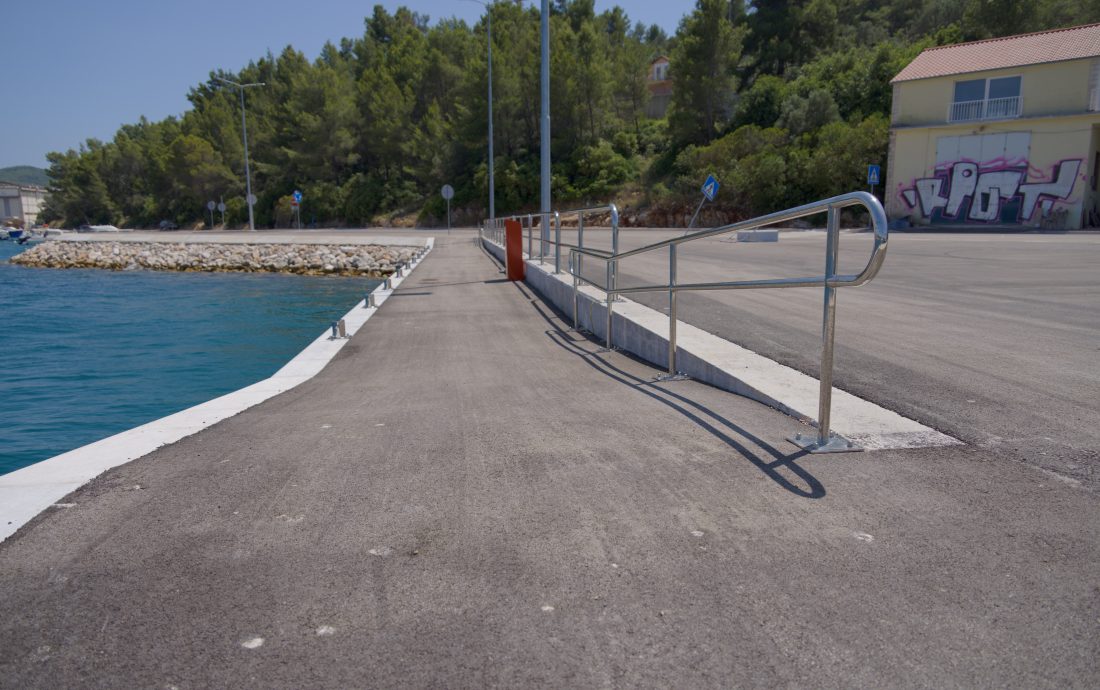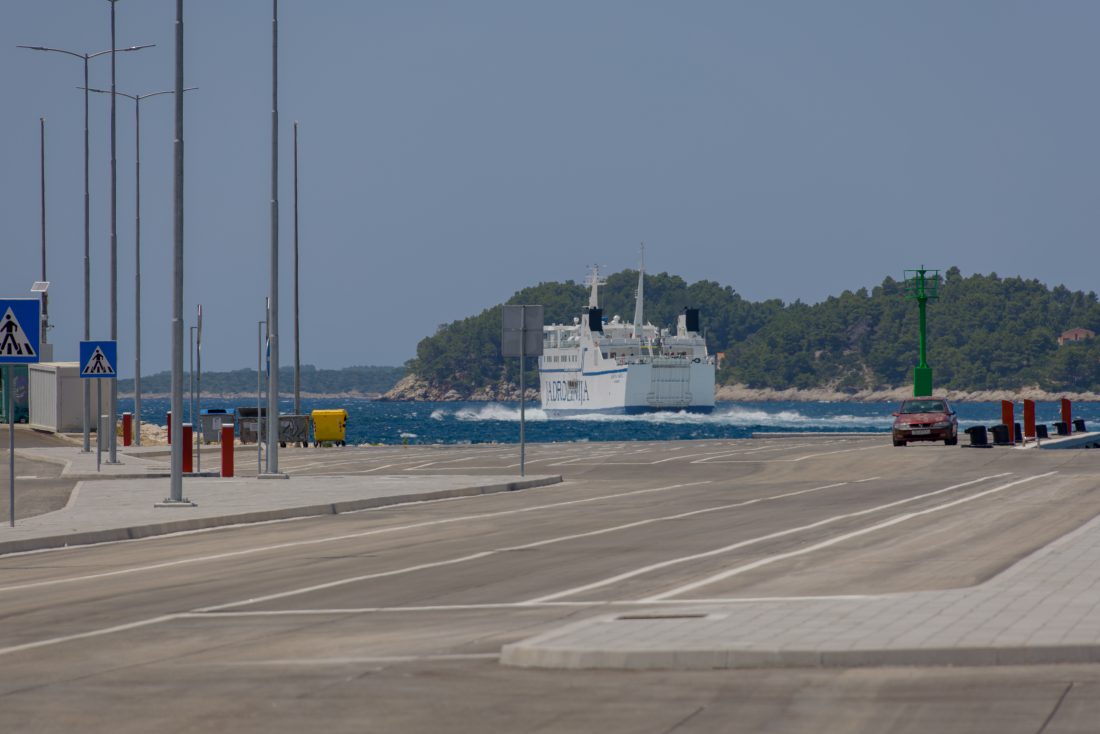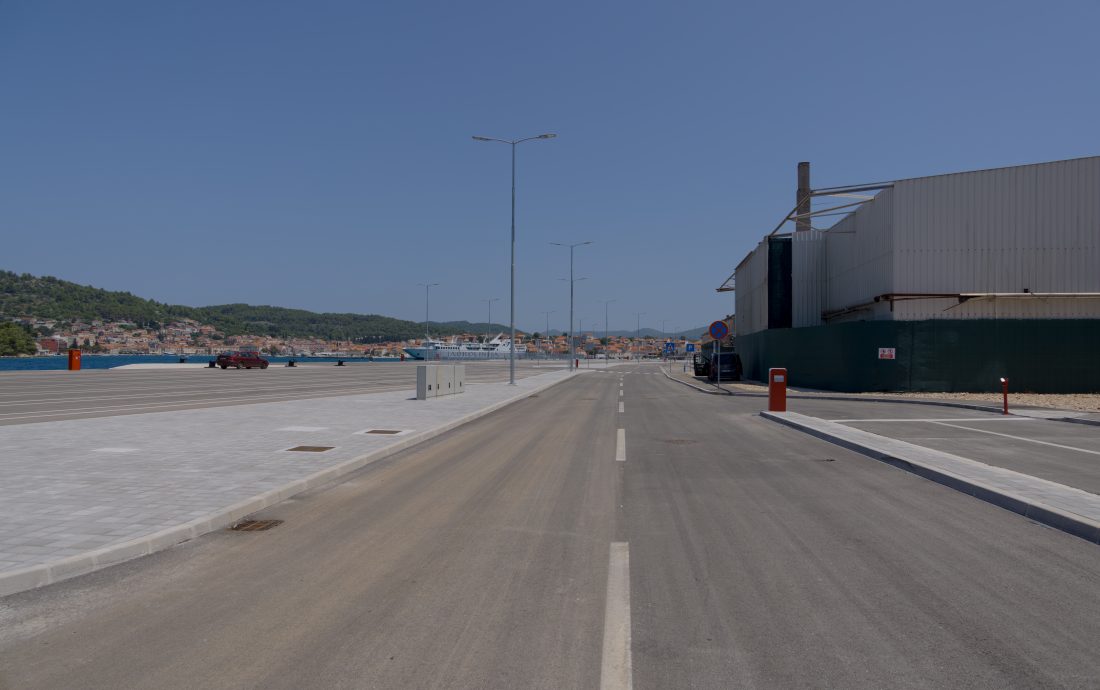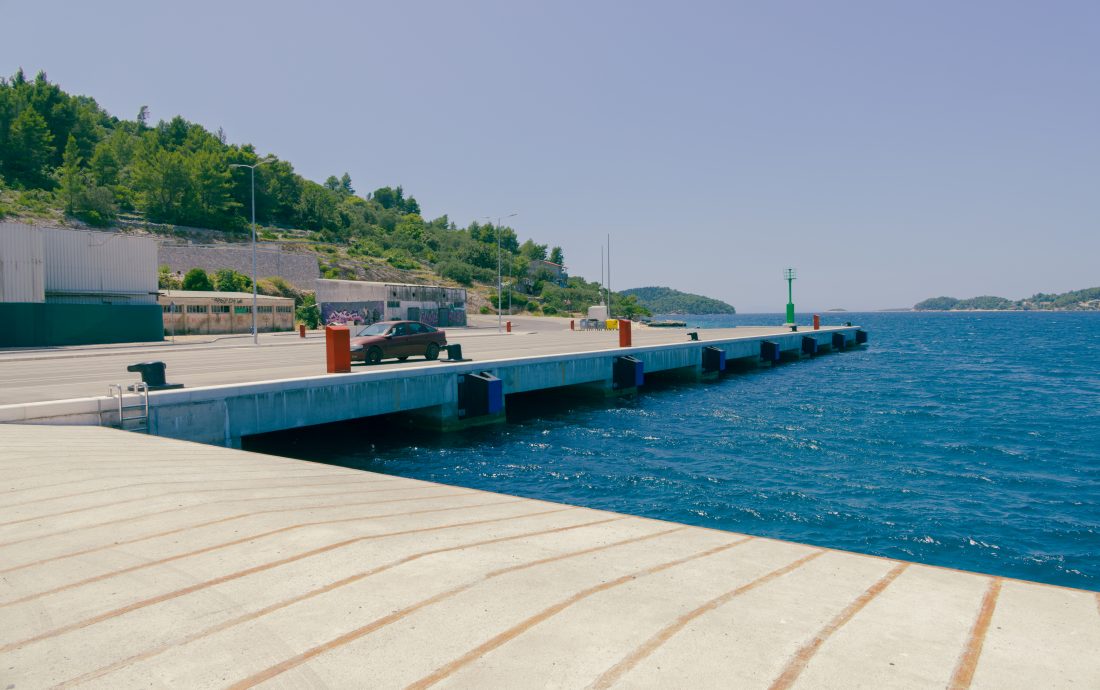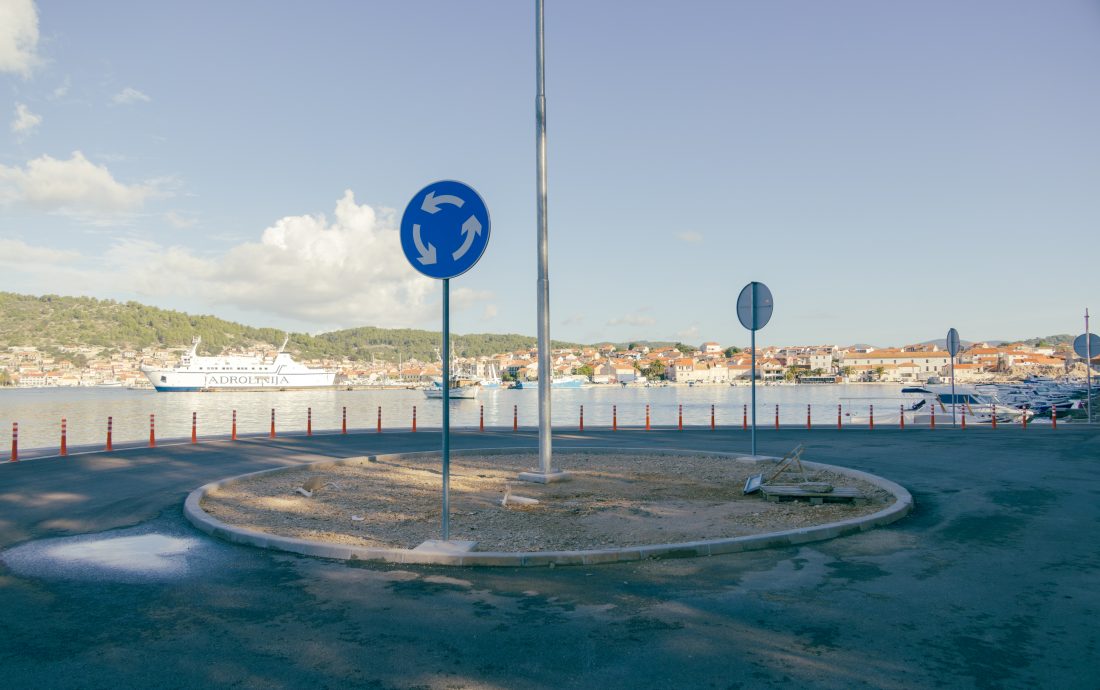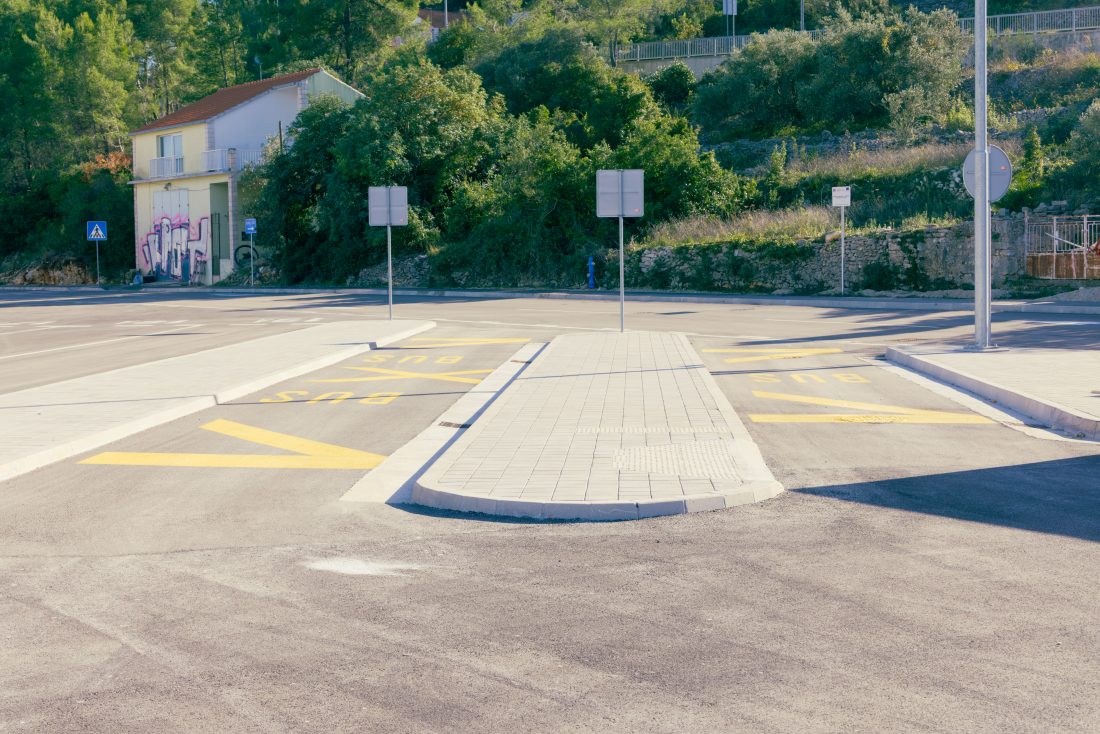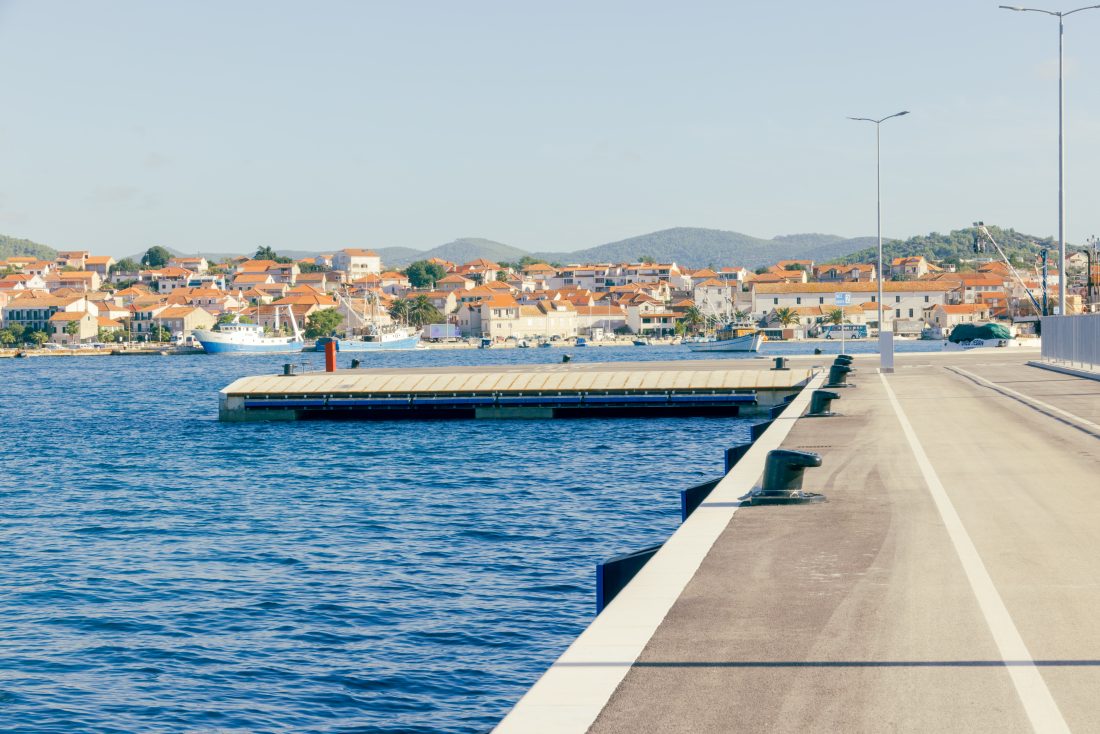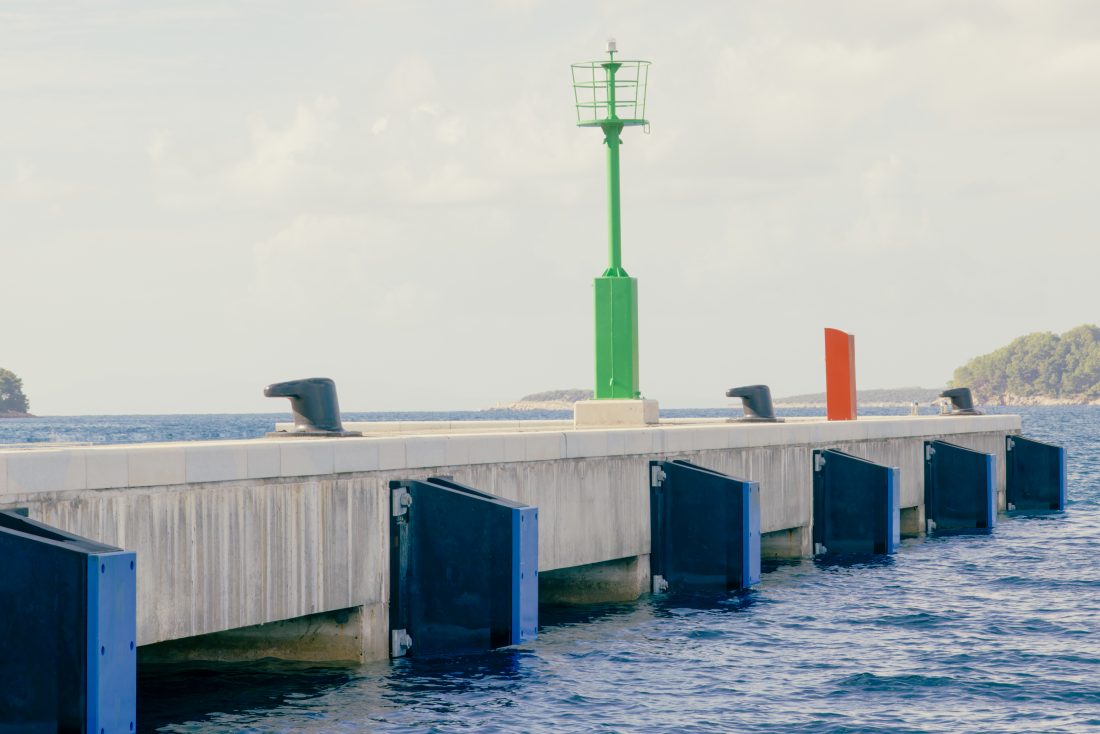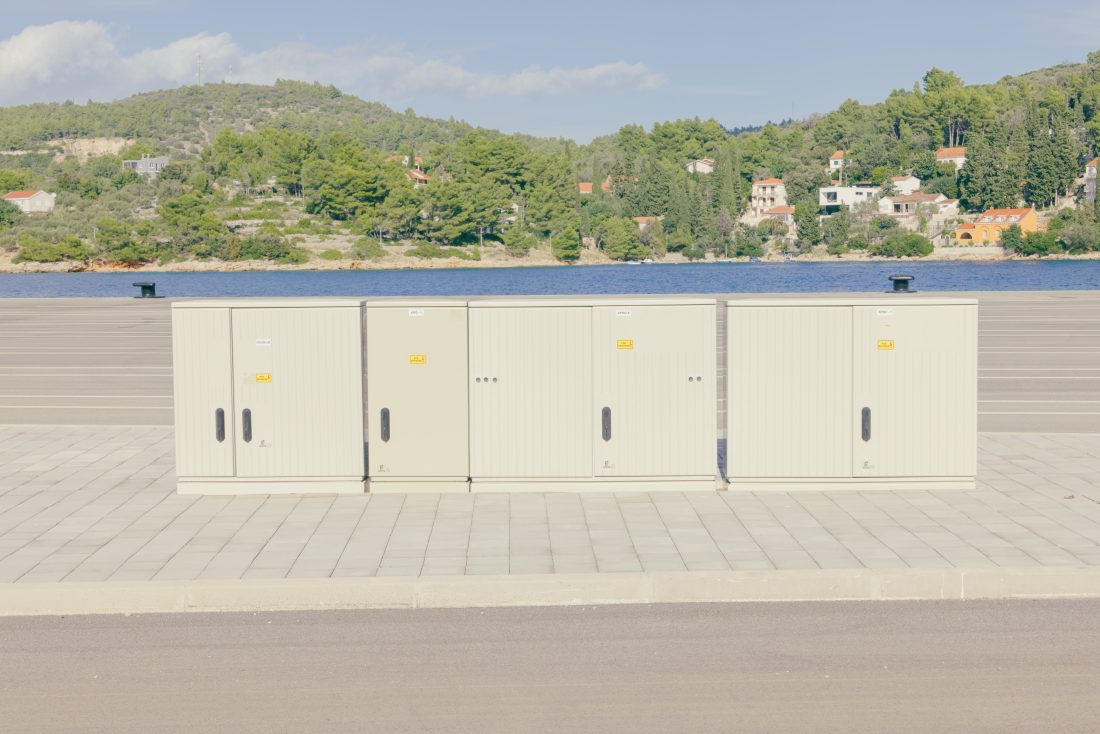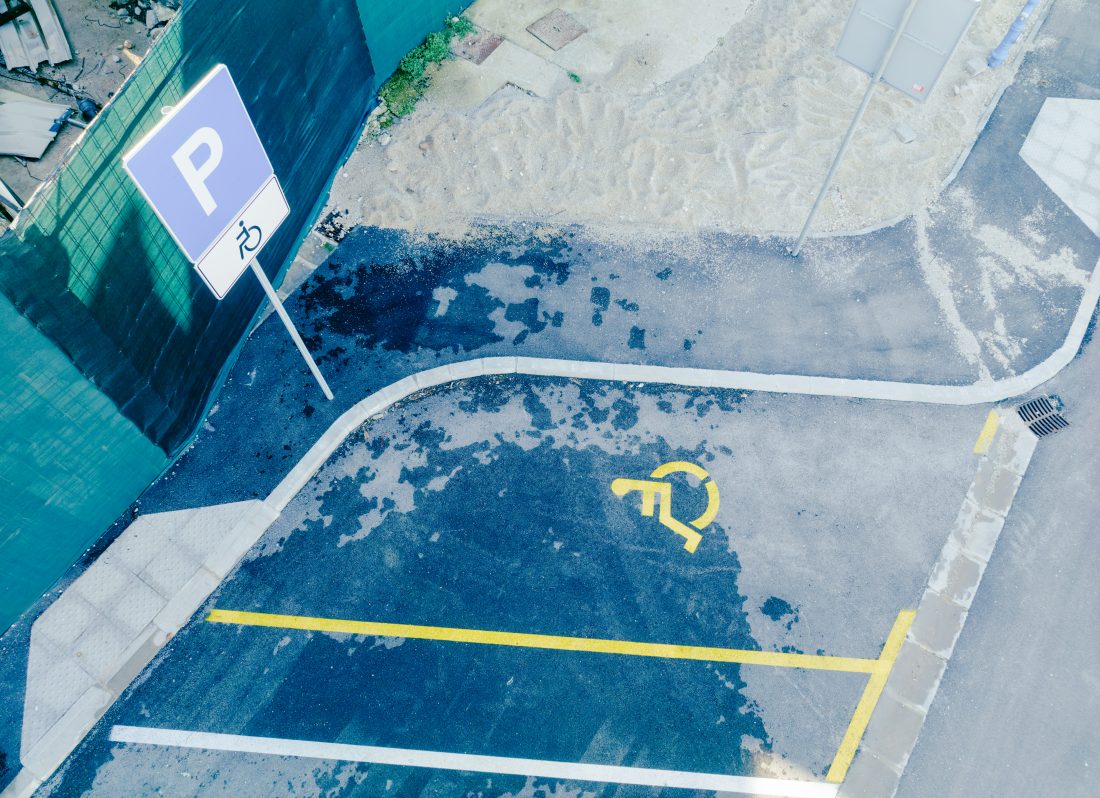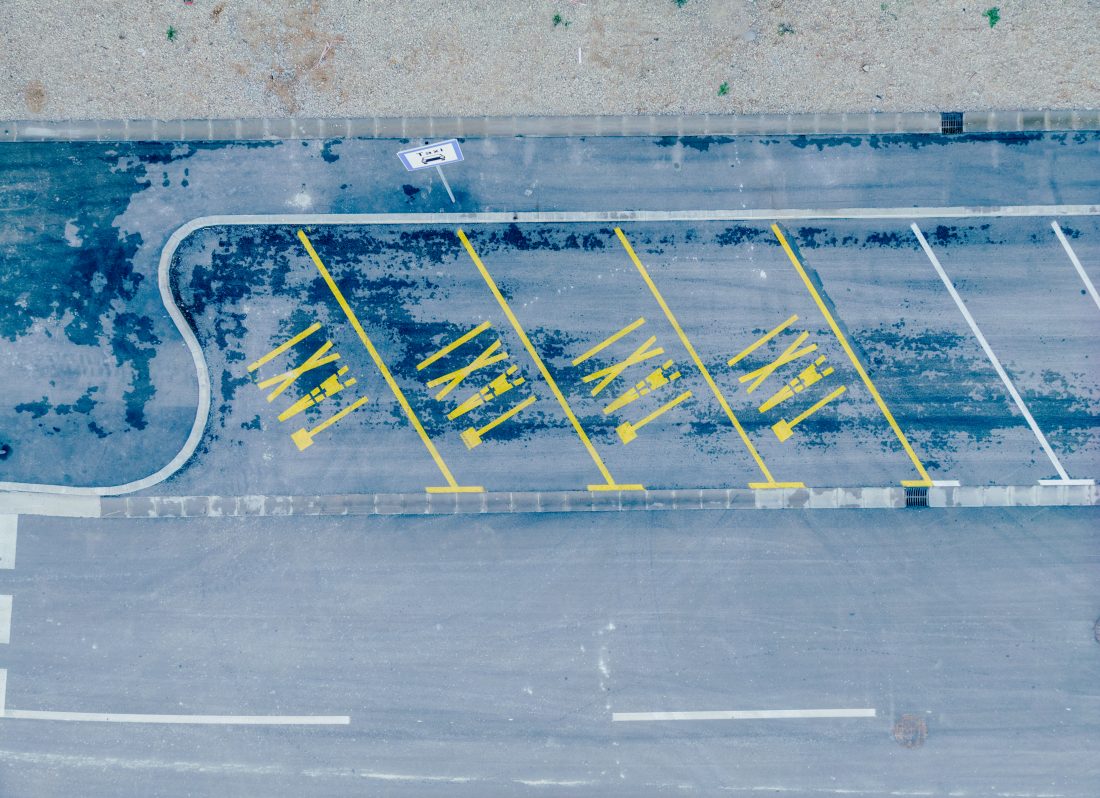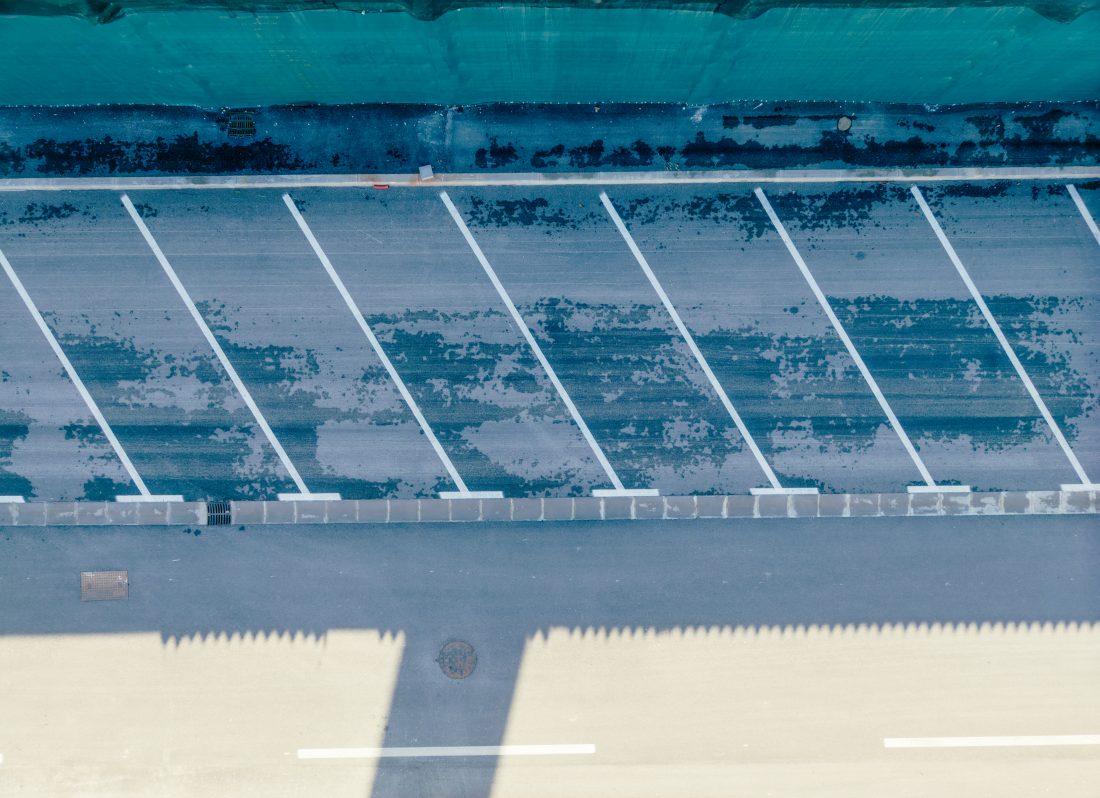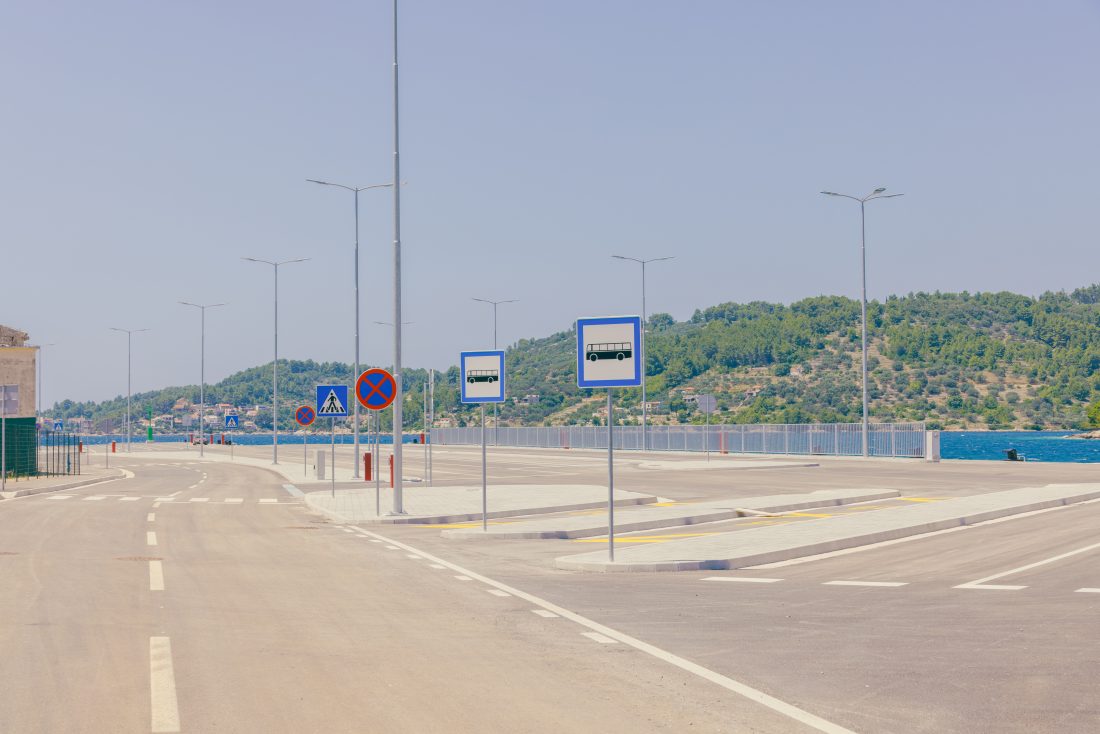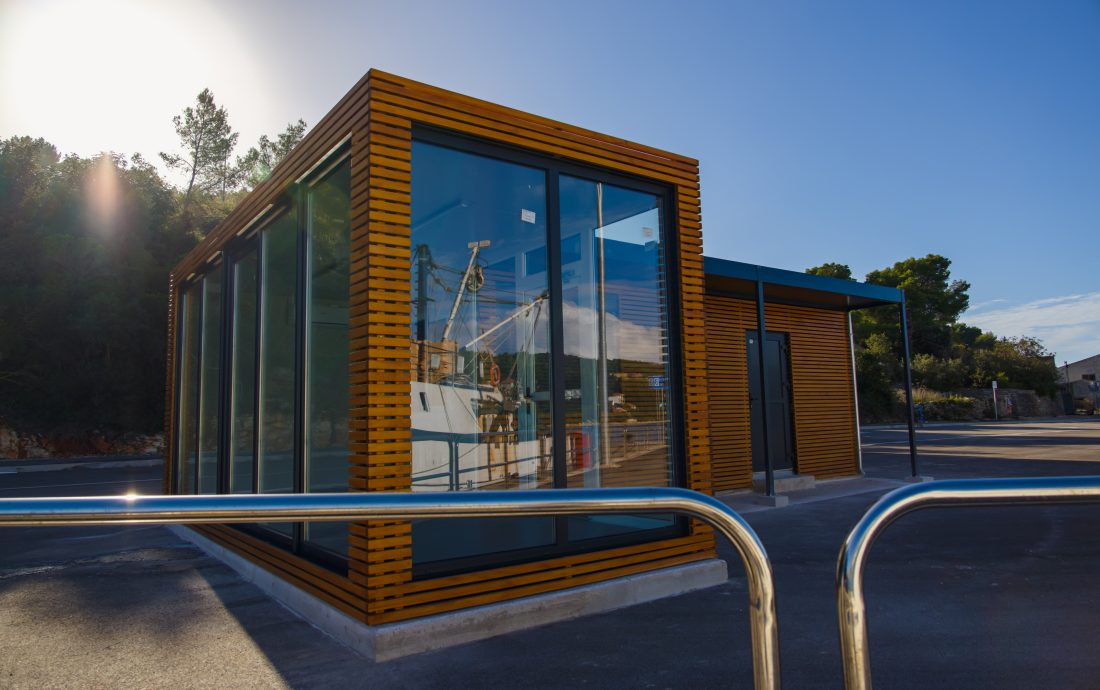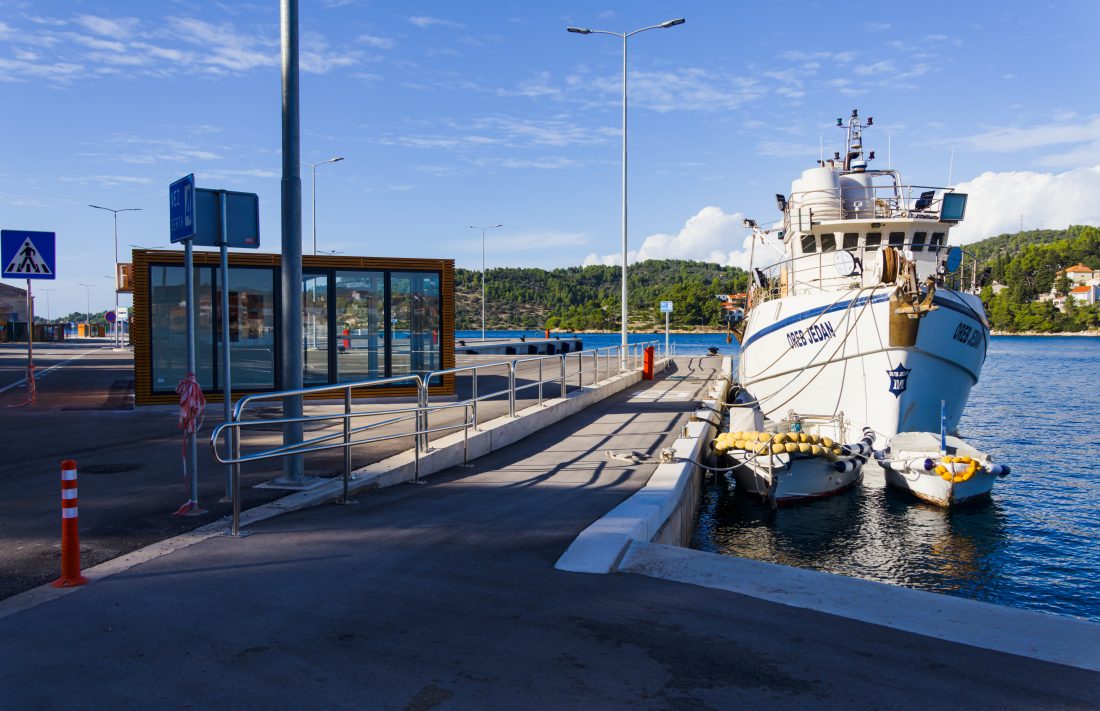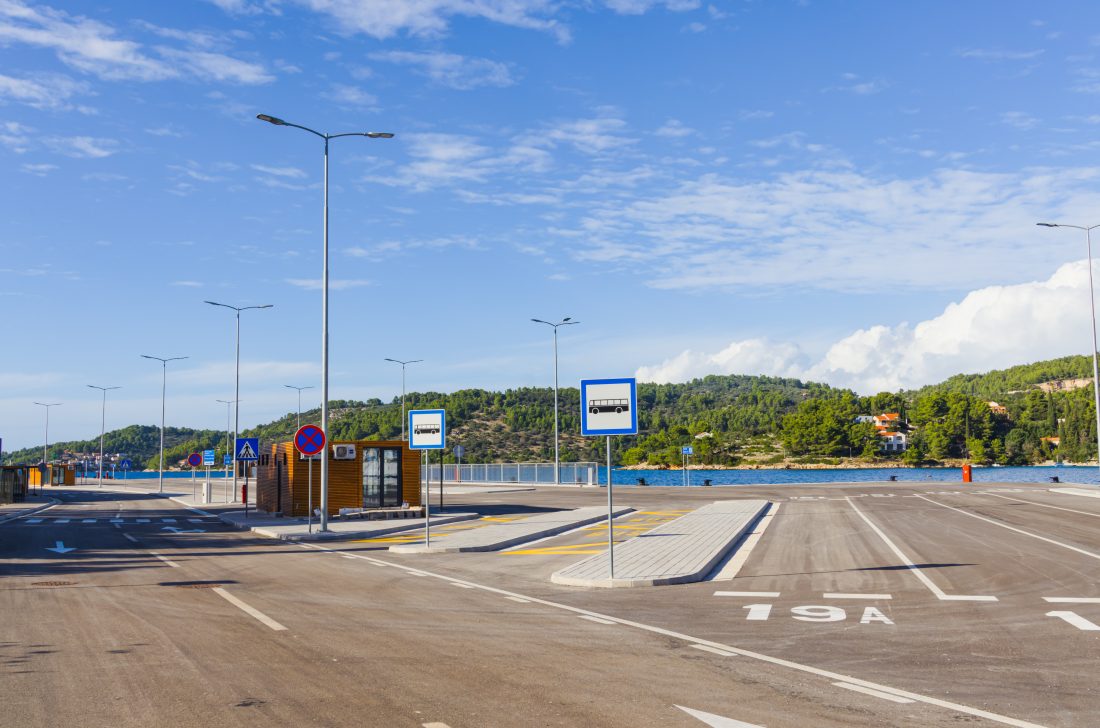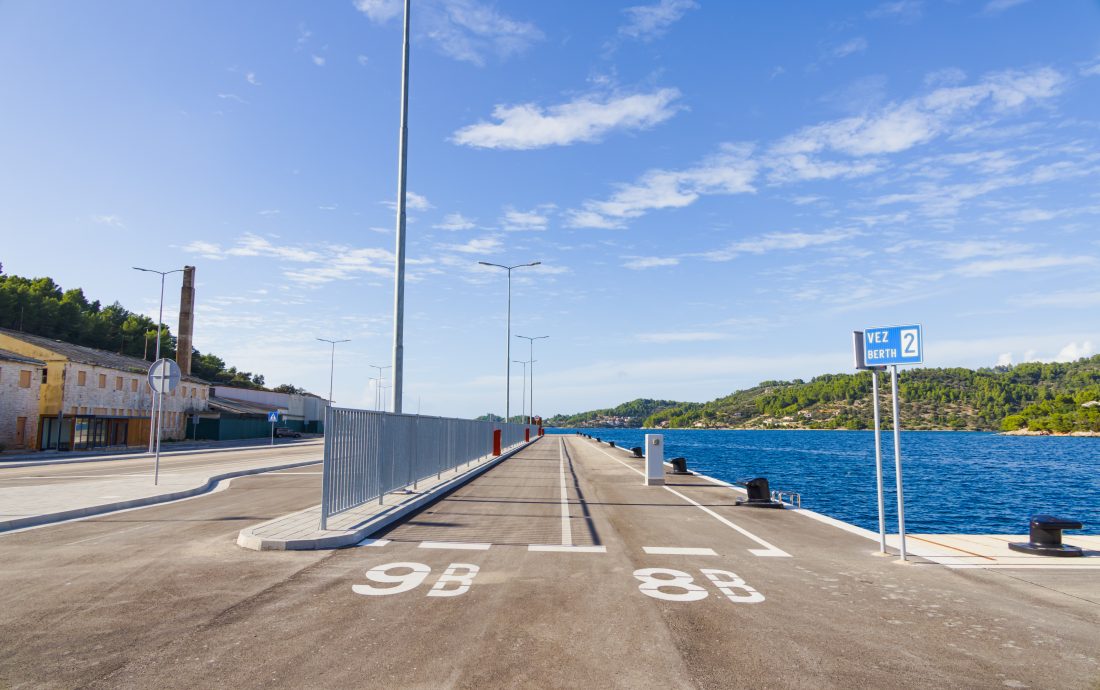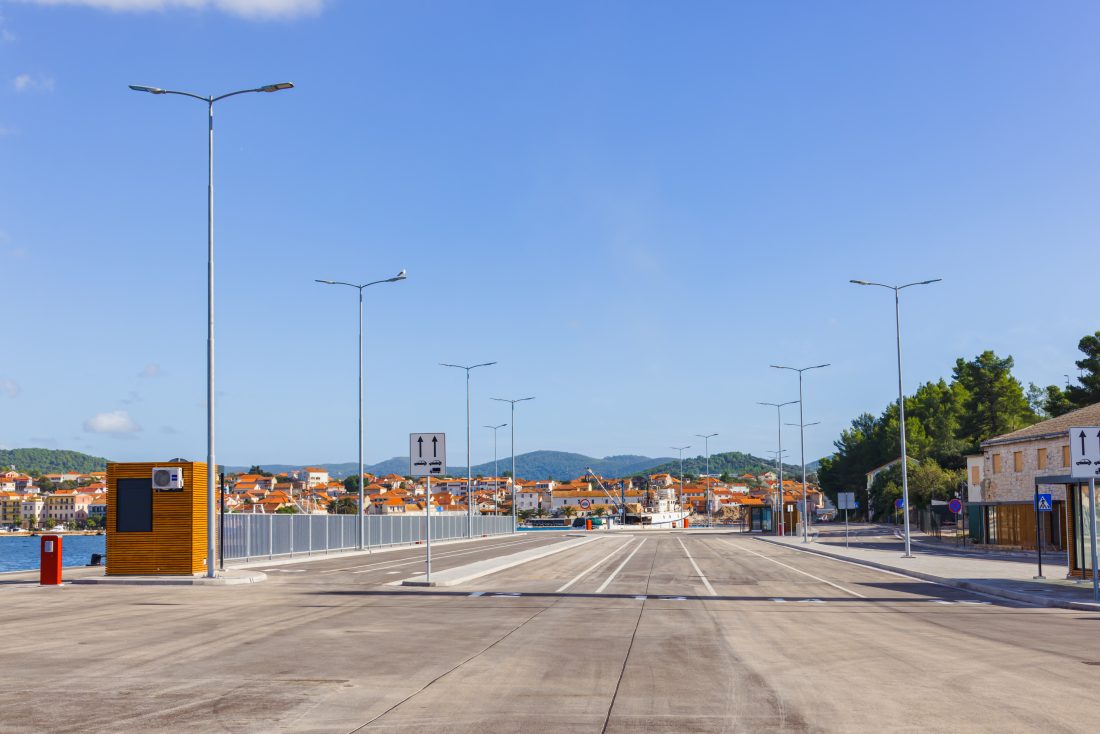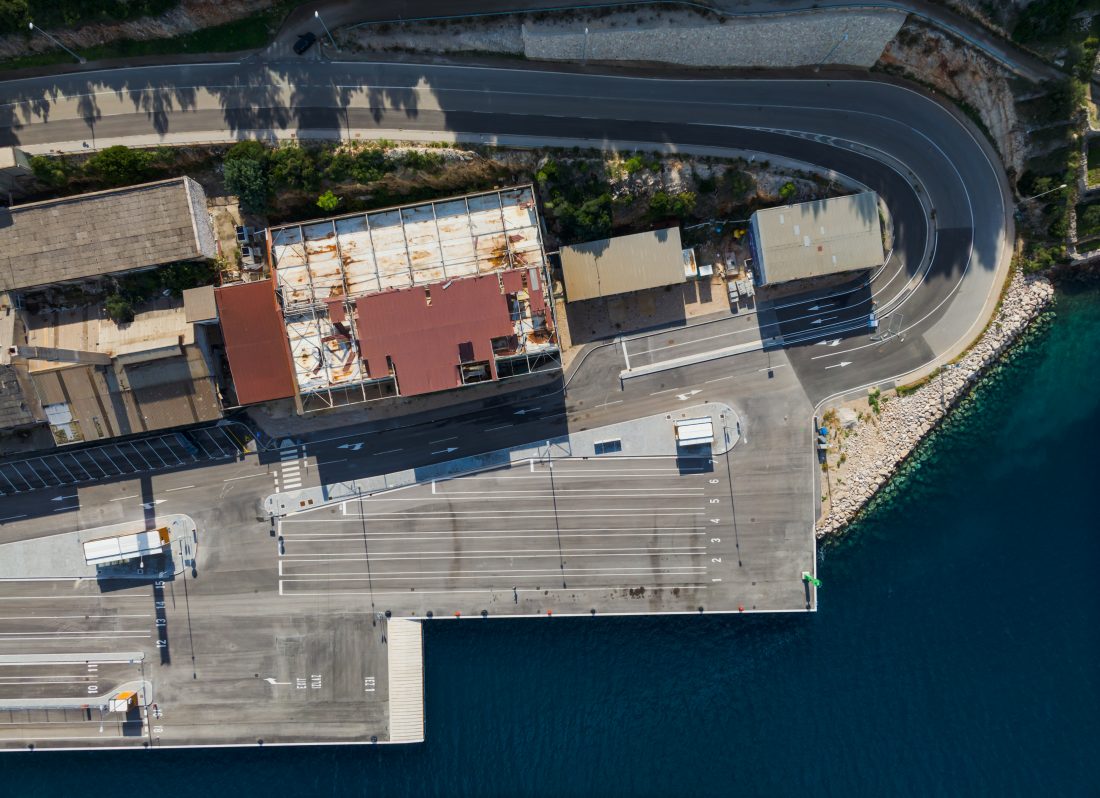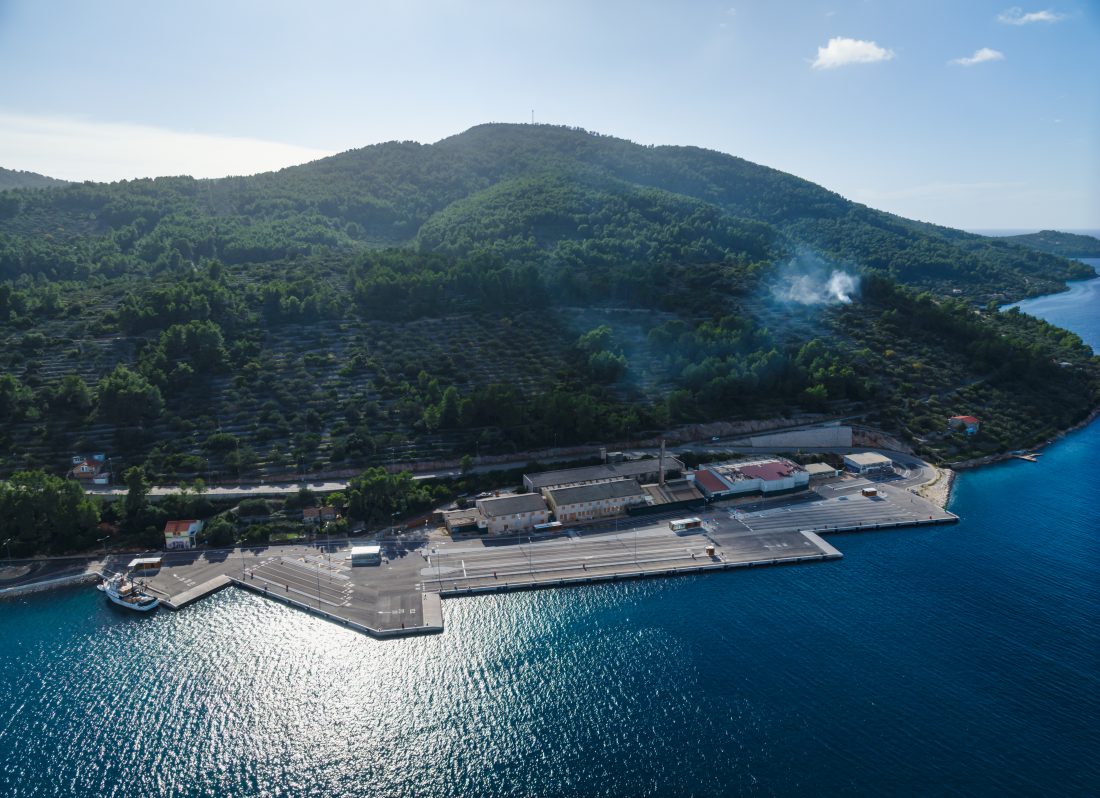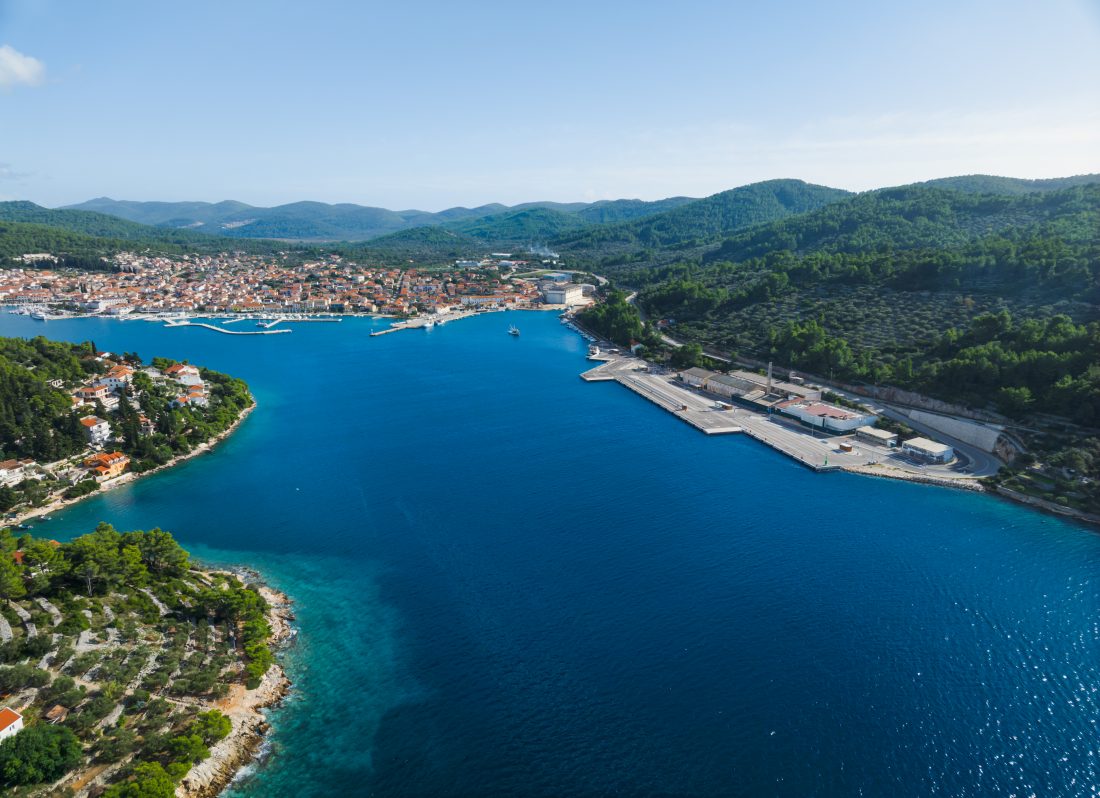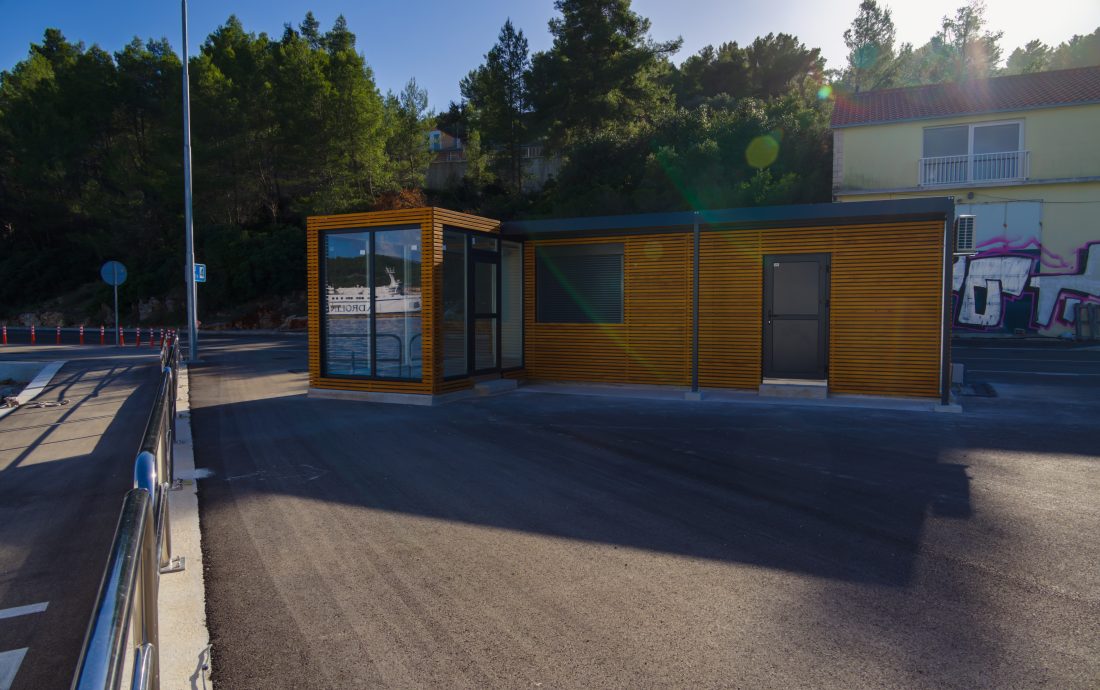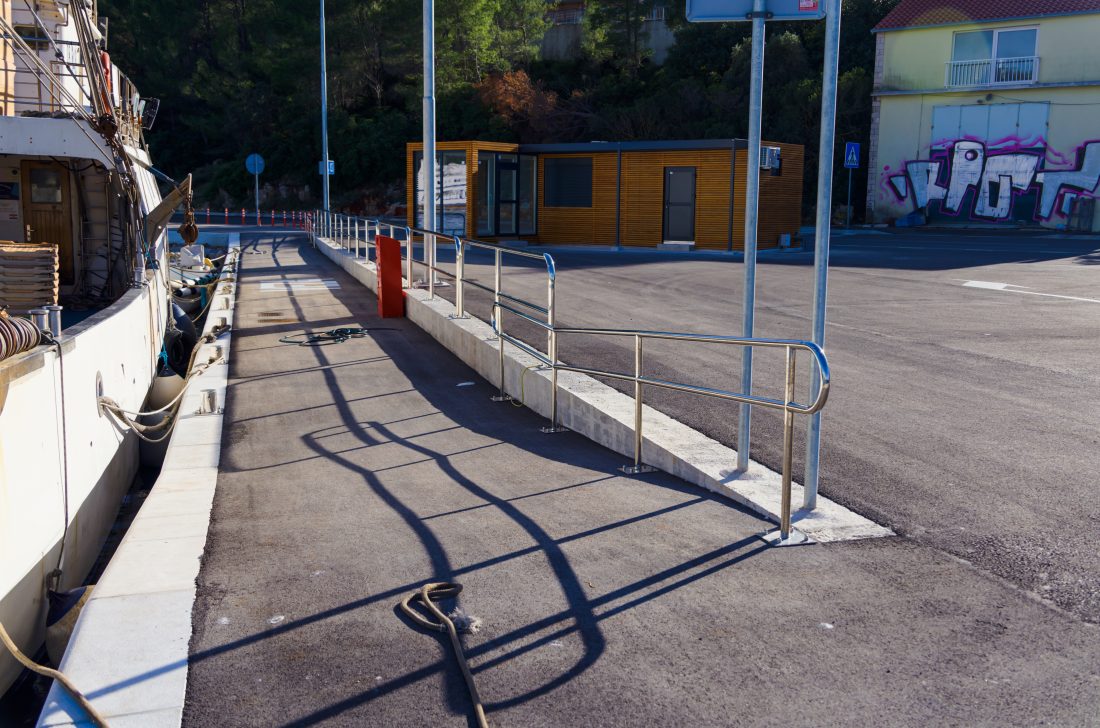Project description
The project envisages the construction of a new maritime passenger terminal at the site in front of the former ‘Jadranka’ canning factory. The port will then be relocated from the centre of Vela Luka to the site of the new terminal, with the aim of increasing the capacity of coastal liner traffic and reducing the port congestion.
Three public transport berths will be built at the location of the new maritime passenger terminal, with accompanying parking space for port users. The berths will service the local ferry line Vela Luka – Ubli and the local ferry line Split – Vela Luka, as well as the high-speed line Ubli (Lastovo) – Vela Luka – Hvar – Split. The total length of the newly constructed shoreline will be 426,80 m, and the depth of the berths is 5, 8 and 10 metres respectively.
Another part of the project involves the set-up of a a waterfront operational area of approx. 17.070 m2 is being set-up, containing drop-off and pick-up lanes and parking spaces for port users. The waterfront area is realized by constructing an embankment in the port basin and subsequently filling the space, with a total surface area of 18.670 m2 for the operation. The ferry port and all associated structures will have a connection to the water supply, sewer, telecommunications network and power supply. Prefabricated ticket booths / kiosks and prefabricated toilets, provided by the Port Authority, will be used for the regular functioning of passenger traffic.
Project goal
The goal of the project is to increase the capacity of coastal liner traffic by relocating the ferry port from the centre of Vela Luka to the new maritime passenger terminal, enabling improved access to employment, education and other services throughout the year for local residents.
The implementation of the project to construct the maritime passenger terminal in Vela Luka will enable:
- Reliable ferry traffic in severe weather, since the length of shoreline, ramp width and draft at the new terminal are adapted for larger and faster ferries, that are able to operate effectively in various weather
- Reduction of travel time between Vela Luka and Split considering the mooring of larger, faster ferries (19,5 knots) will be possible
- Introduction of more frequent lines for destinations Split and Ubli
- Use of more suitable street network outside of the populated zone of Vela Luka for access to the terminal
- Accommodating a greater number of vehicles expected in the future
- Staged construction of berths leading to a greater number of ferry berths in comparison with the existing ferry port
- Safe performance of vessel turn manoeuvres in all weather conditions, due to reduced exposure to crosswind
- Docking of newer, more environmentally friendly ferries.





